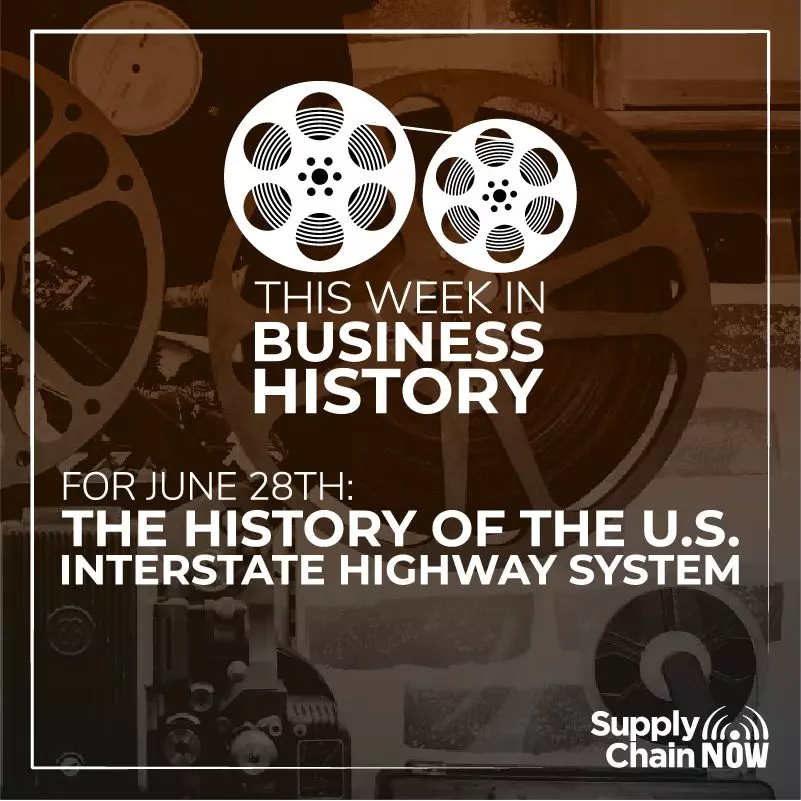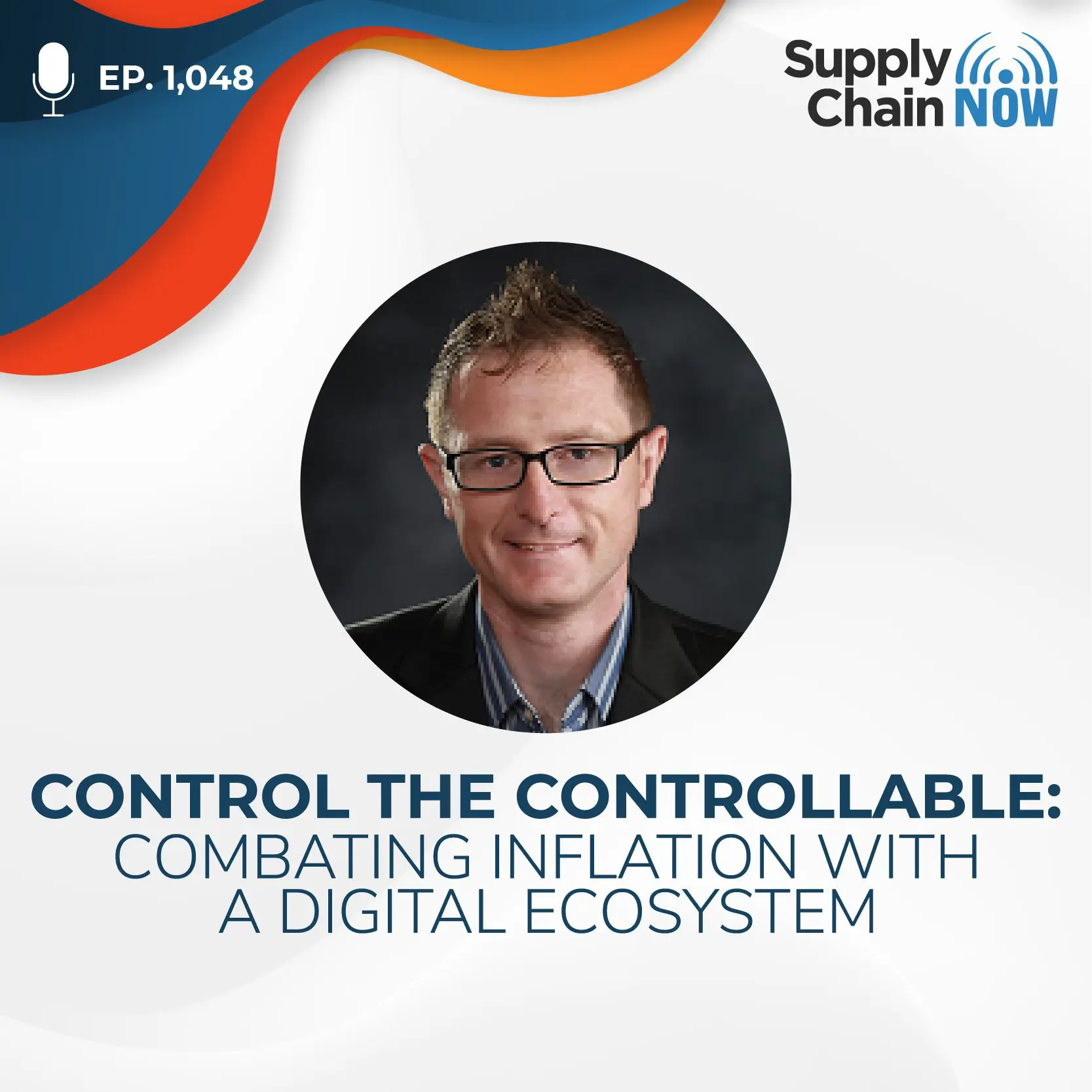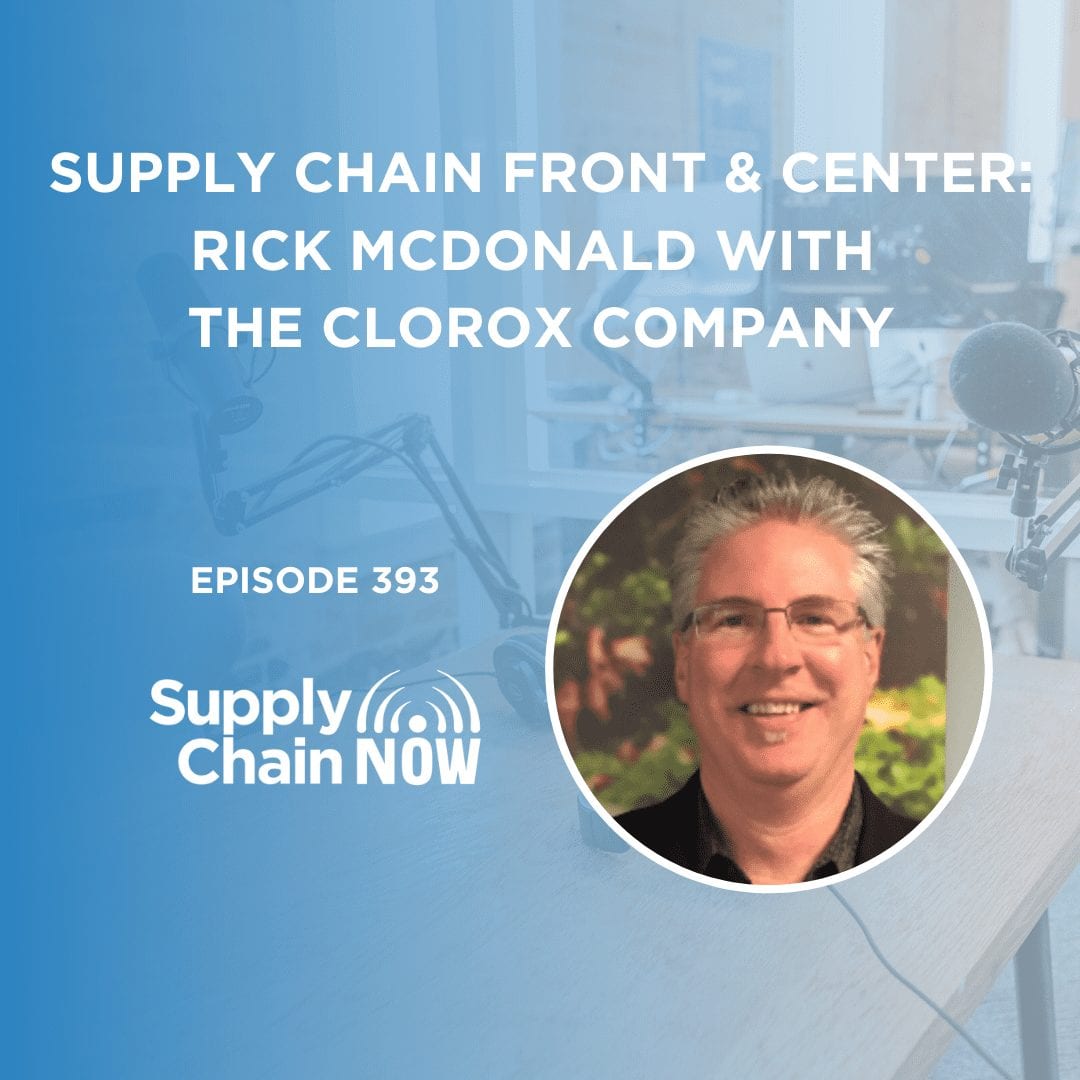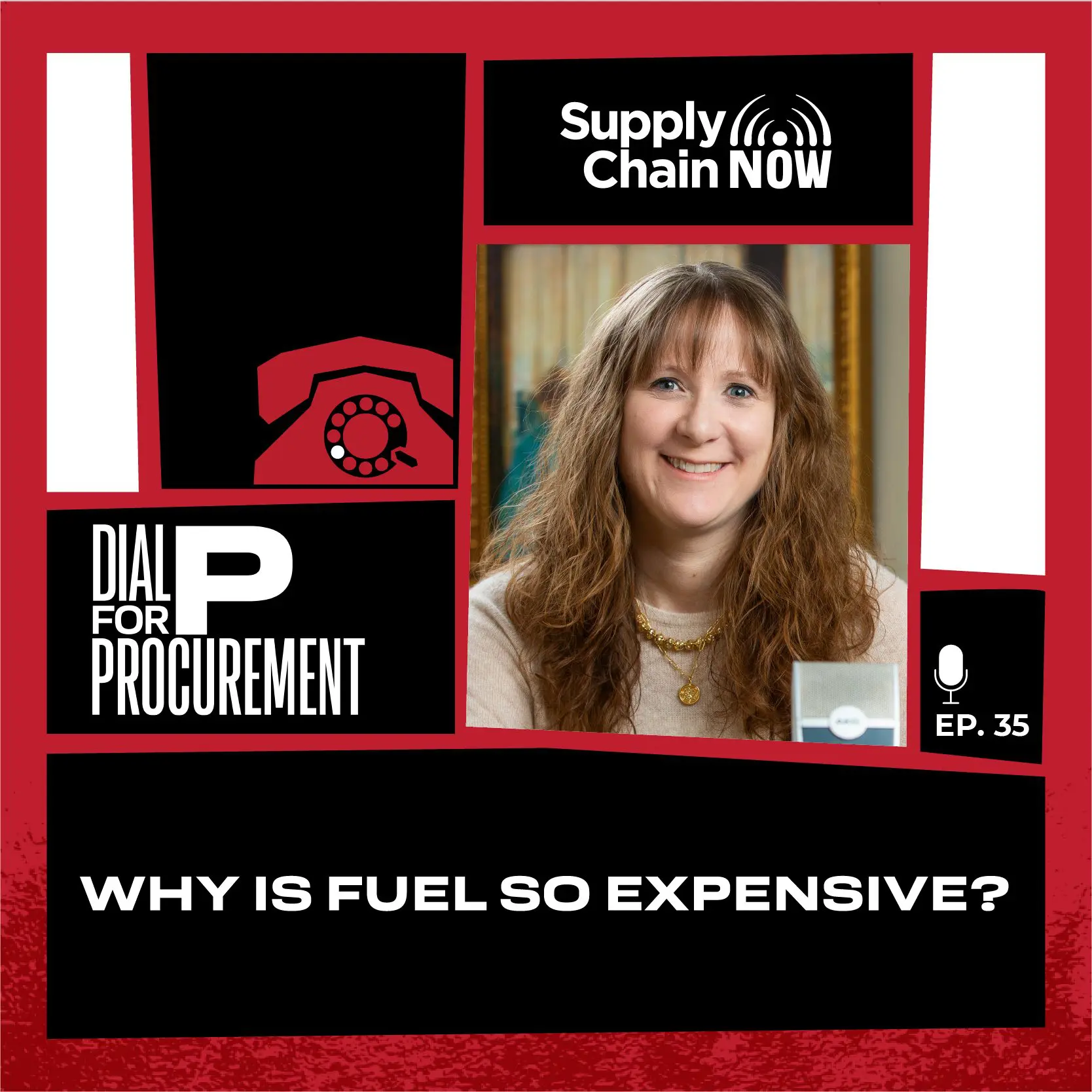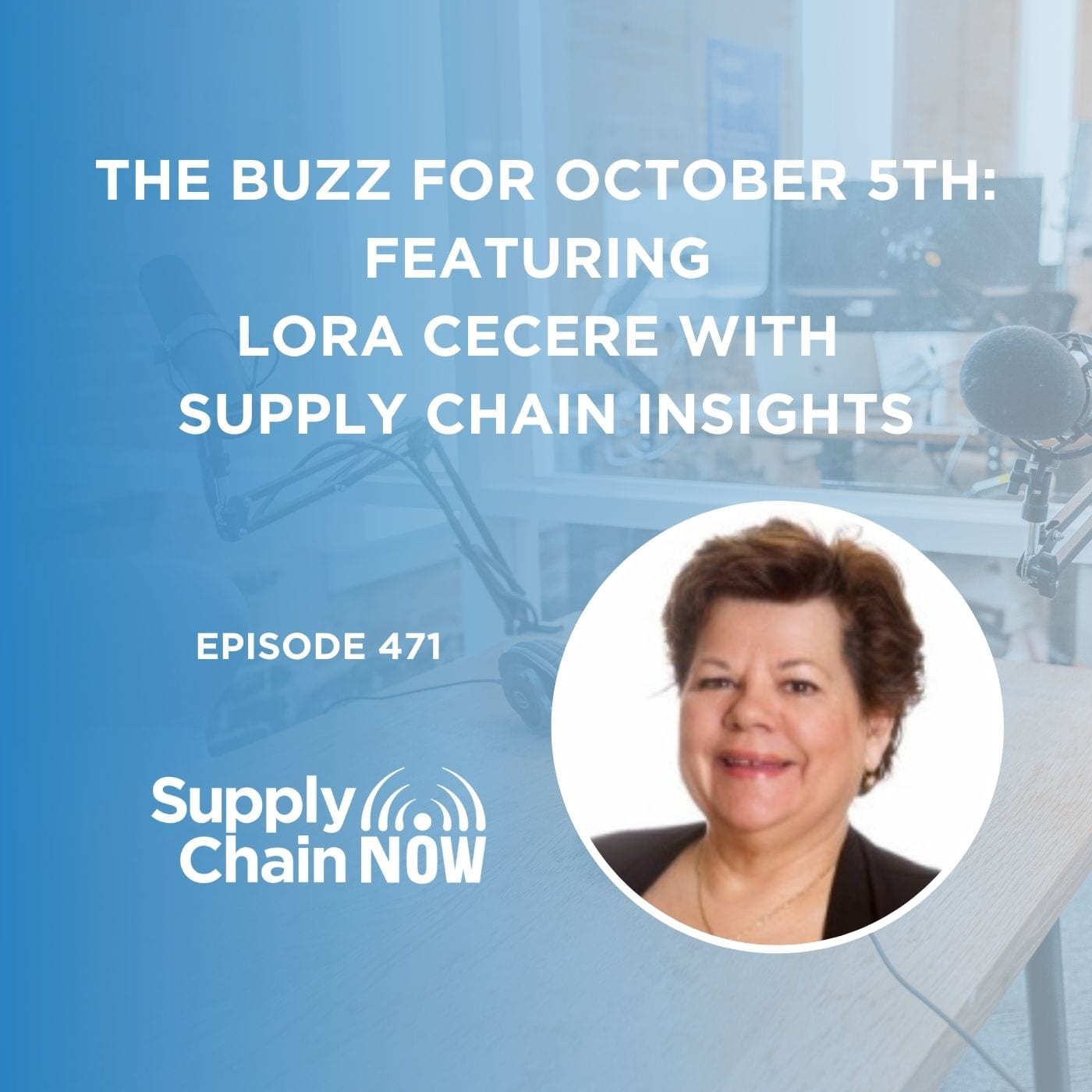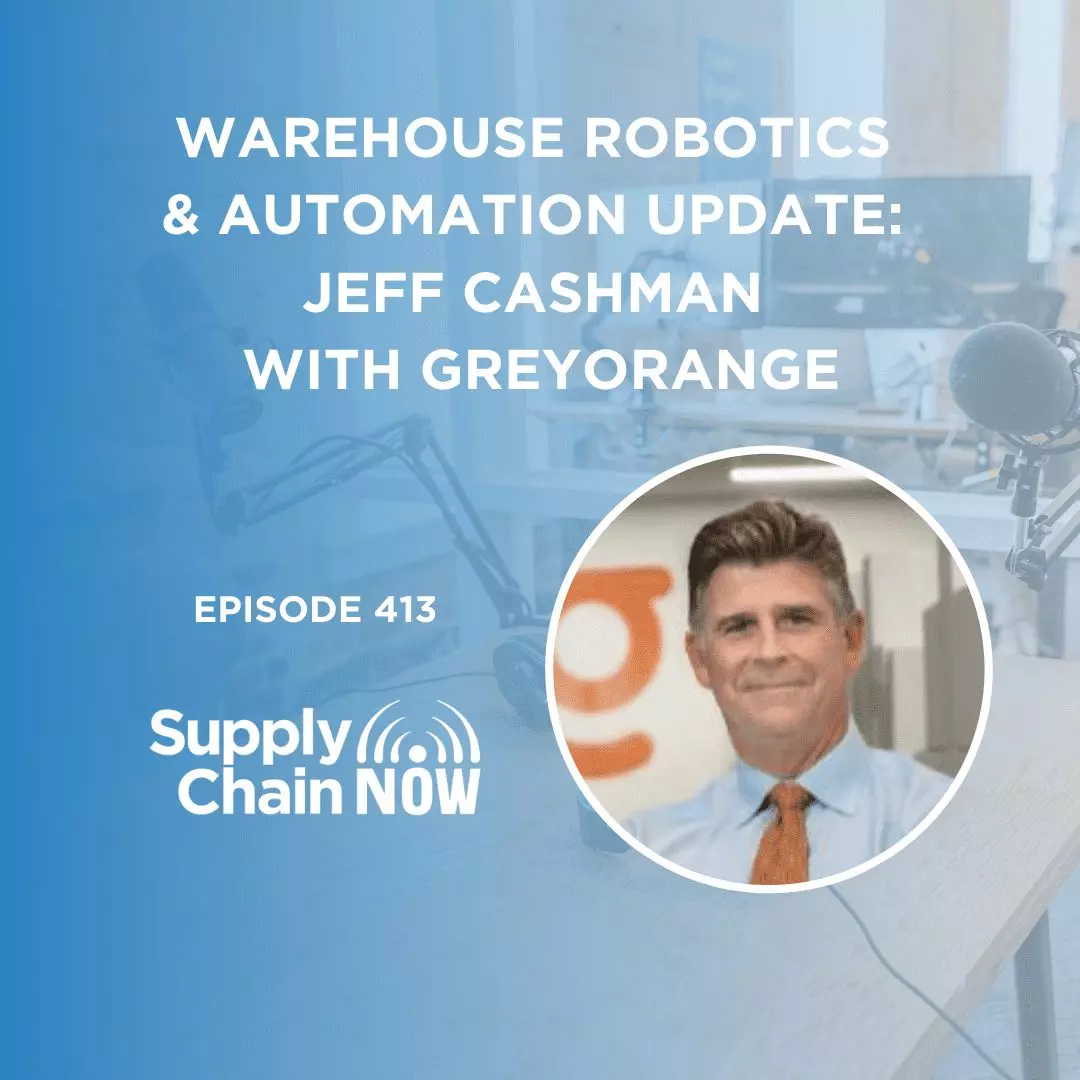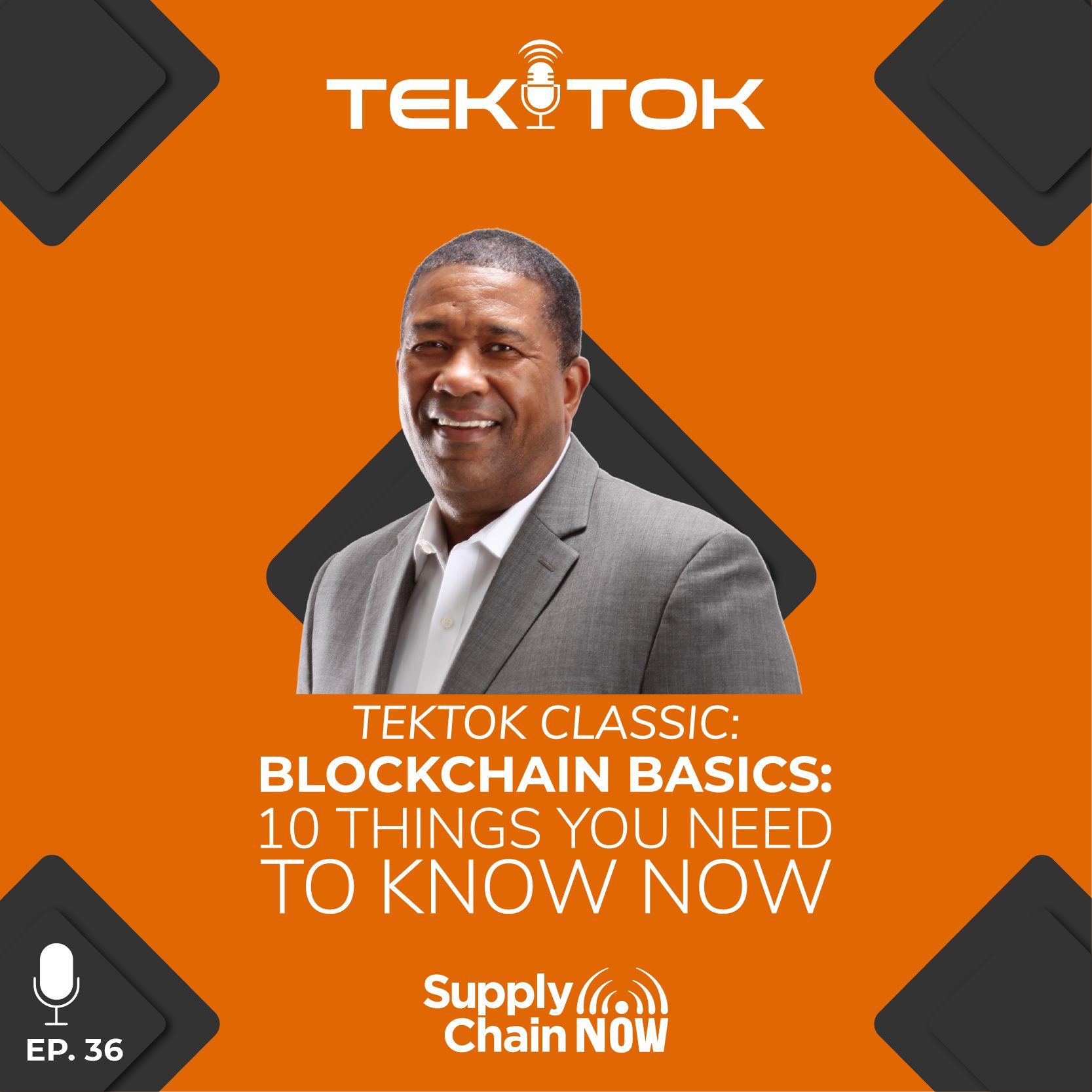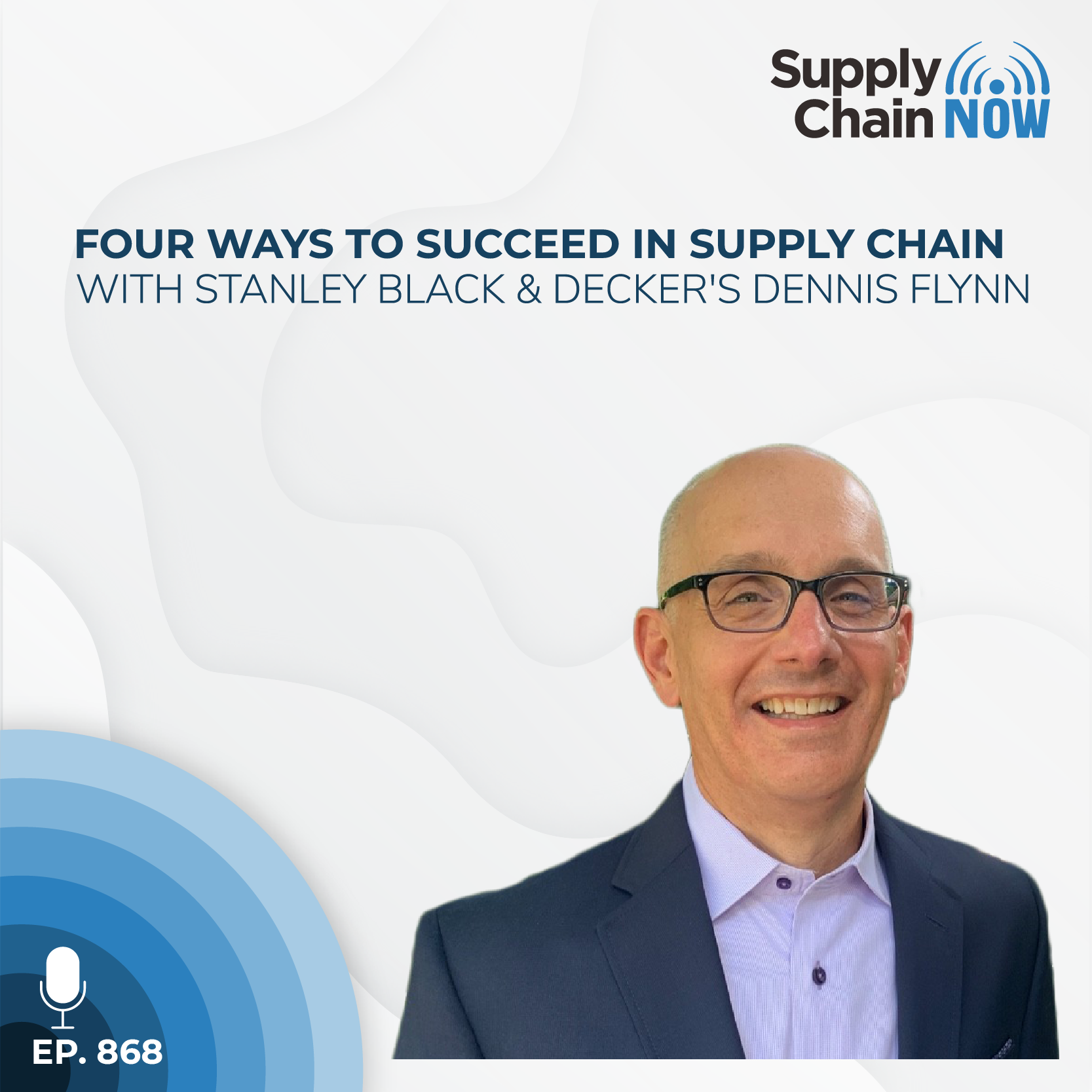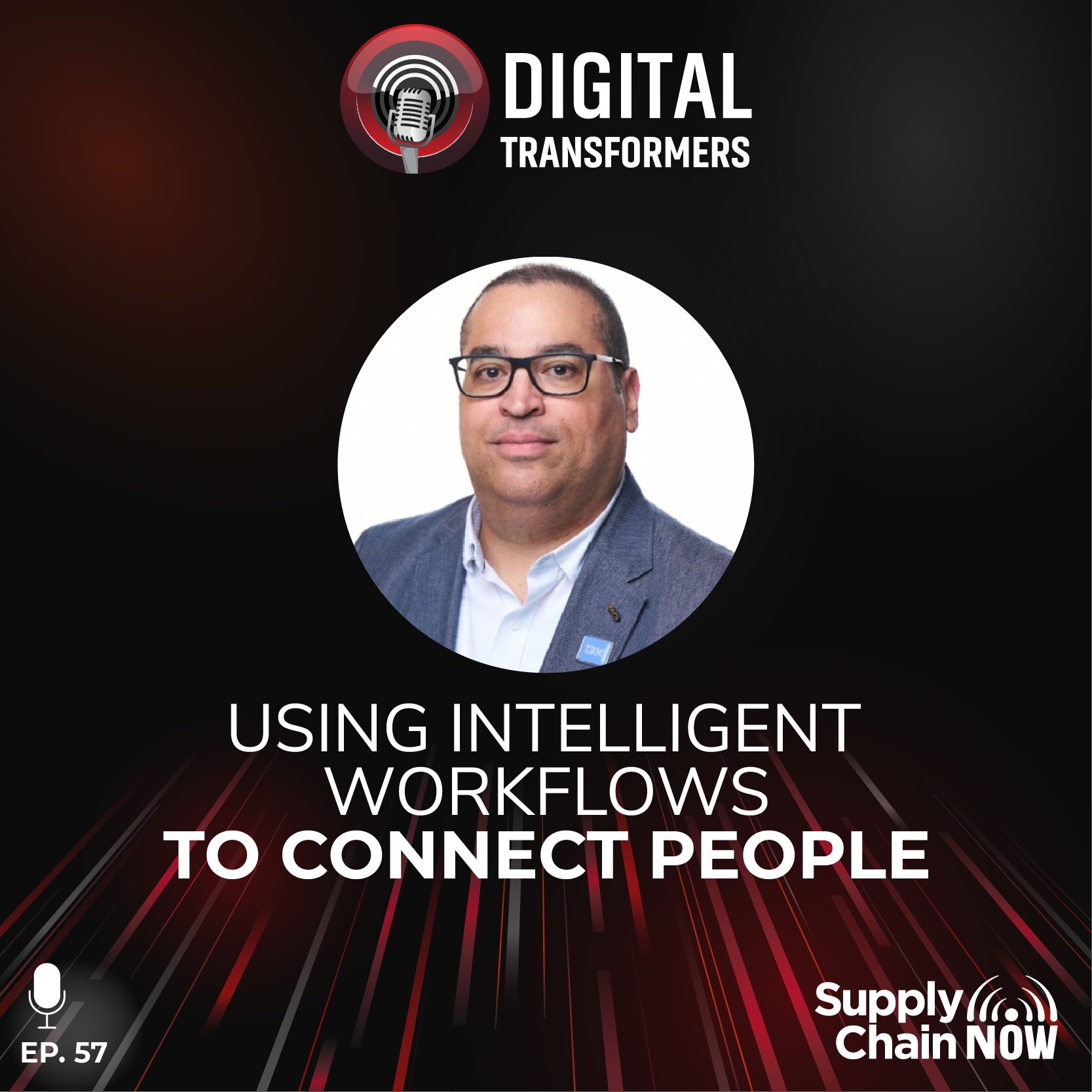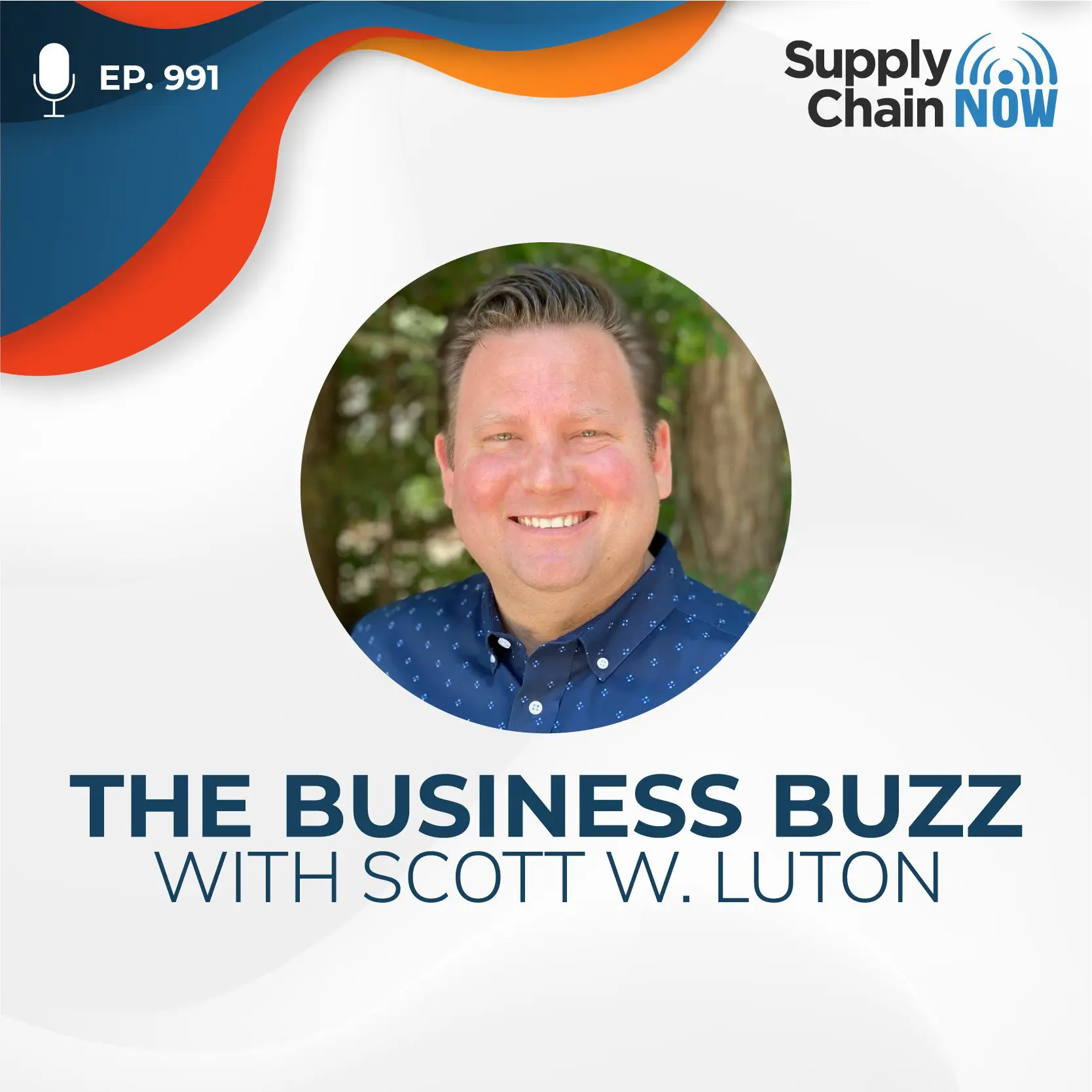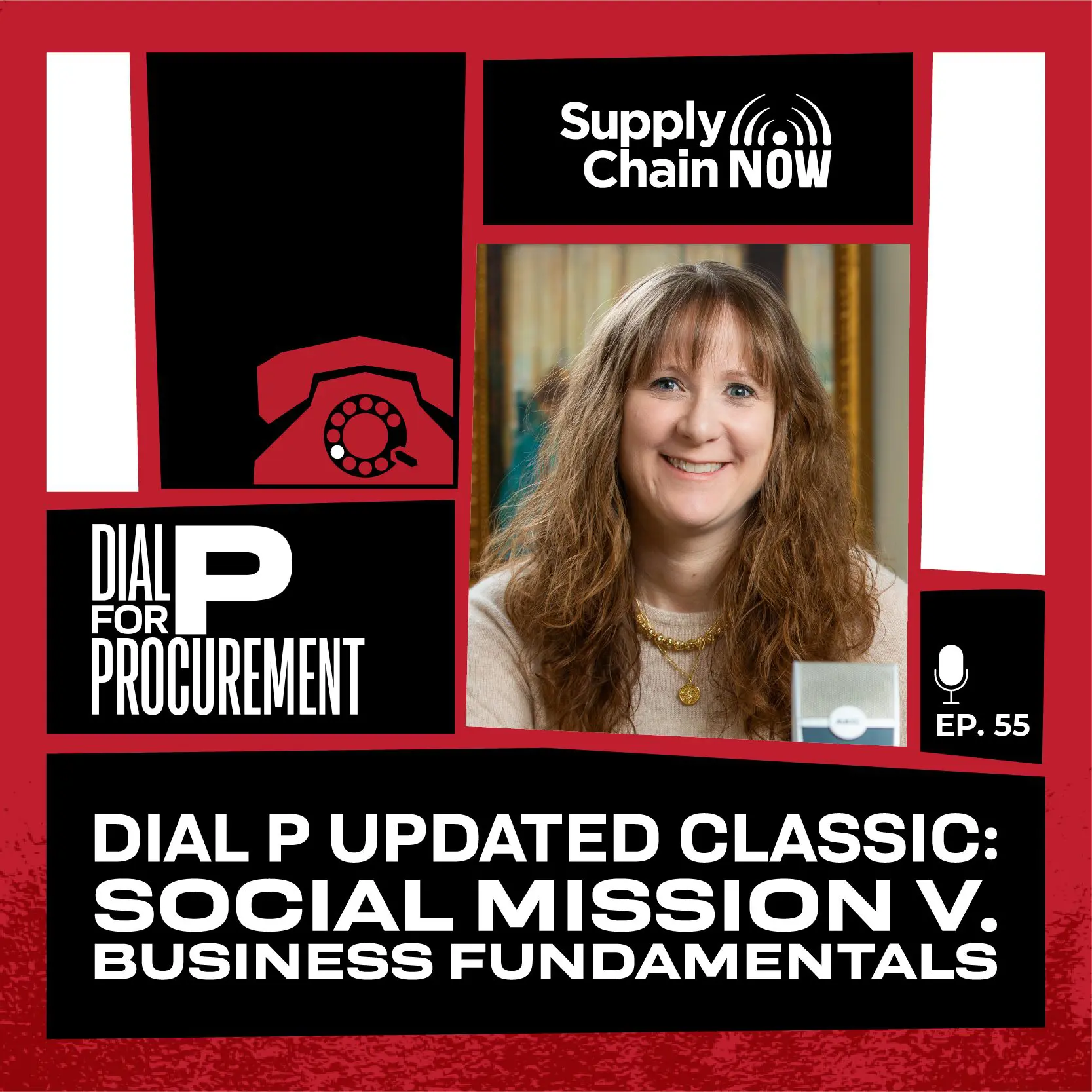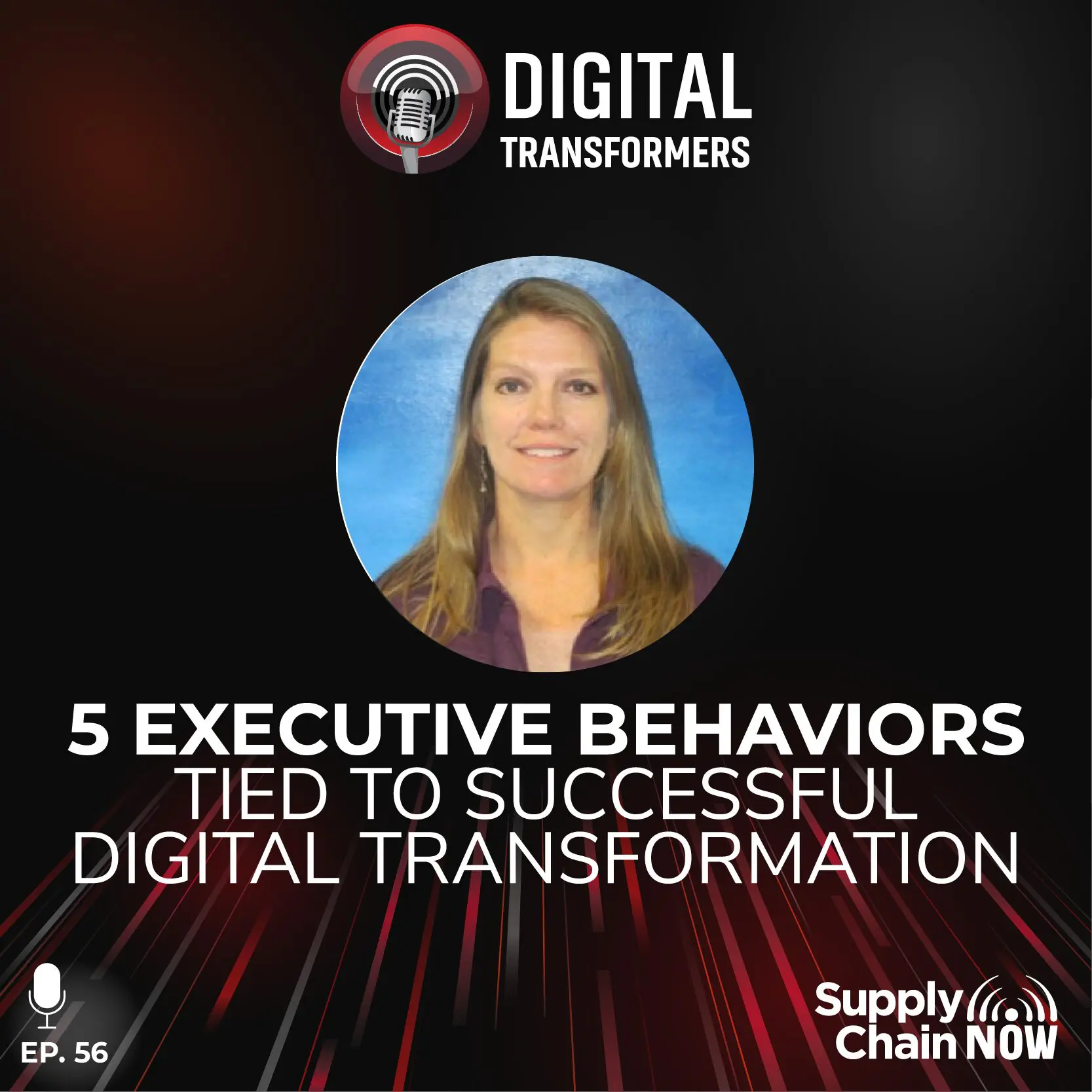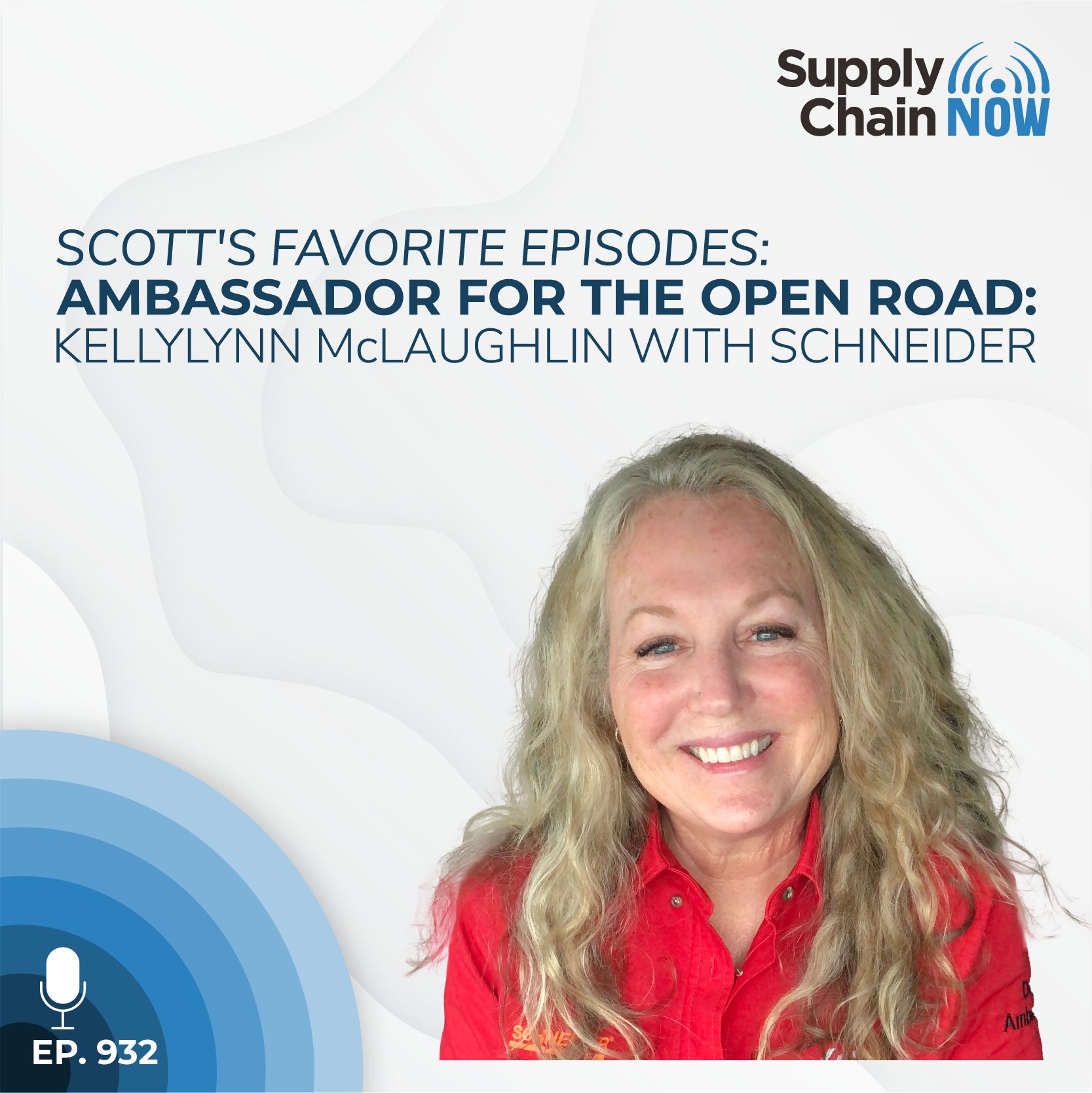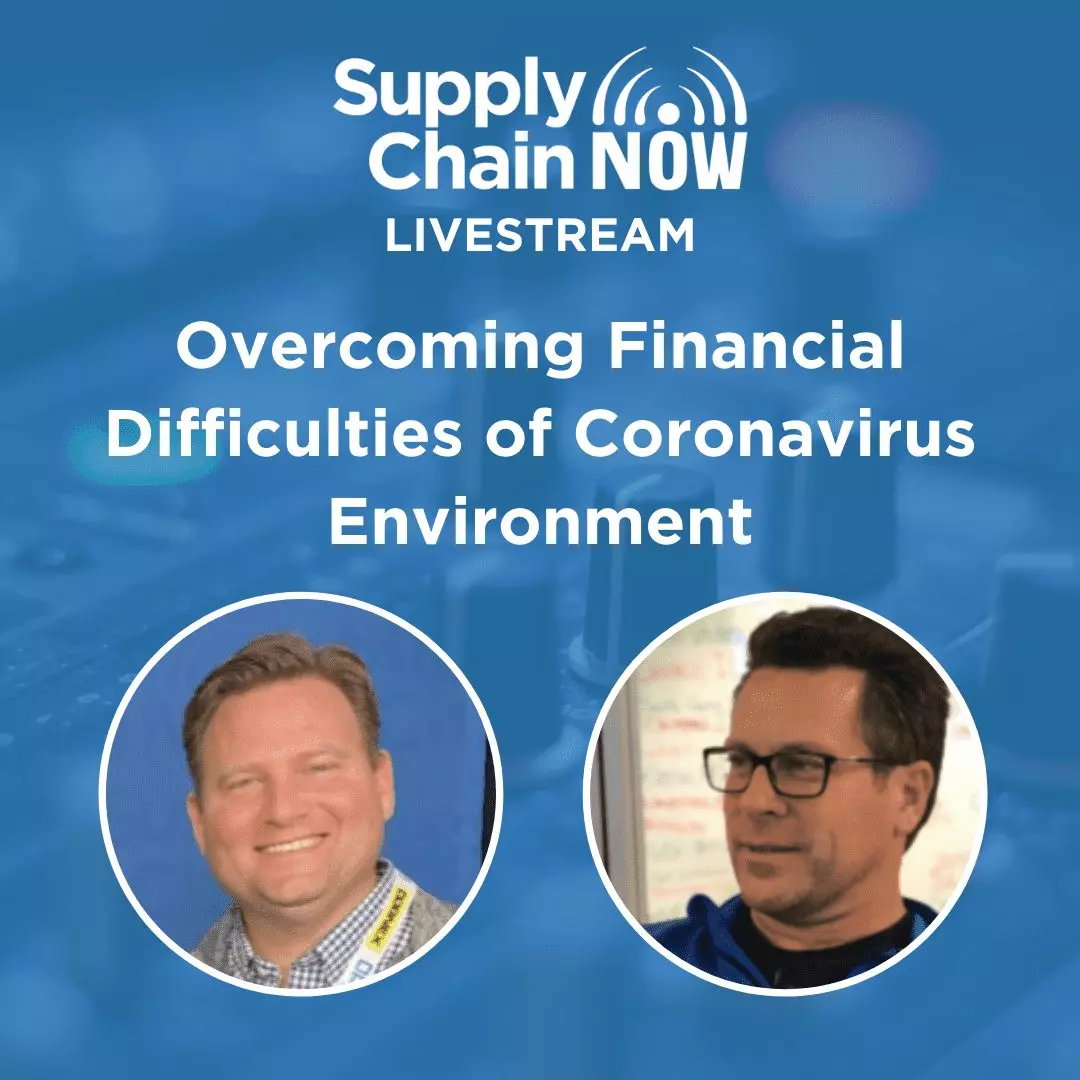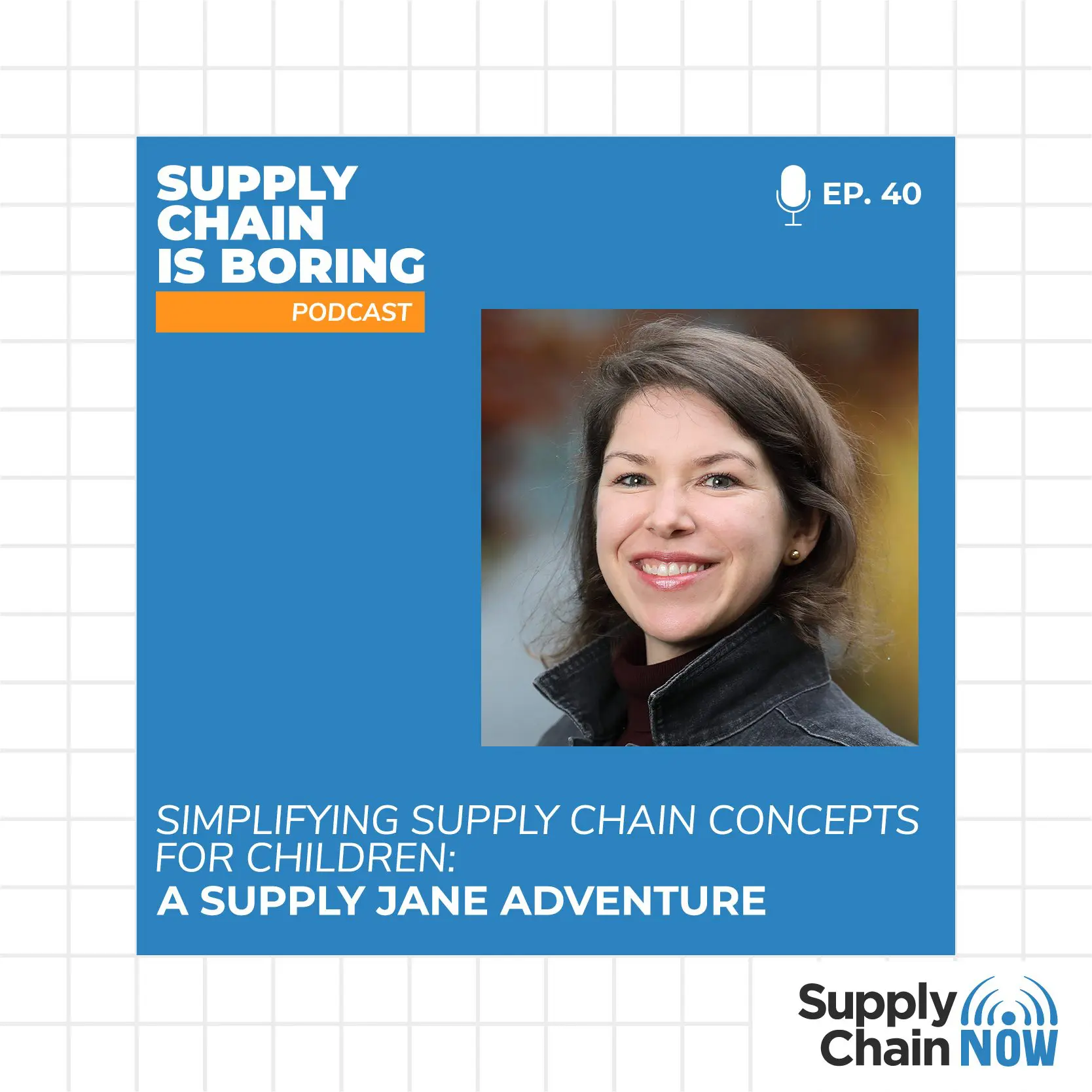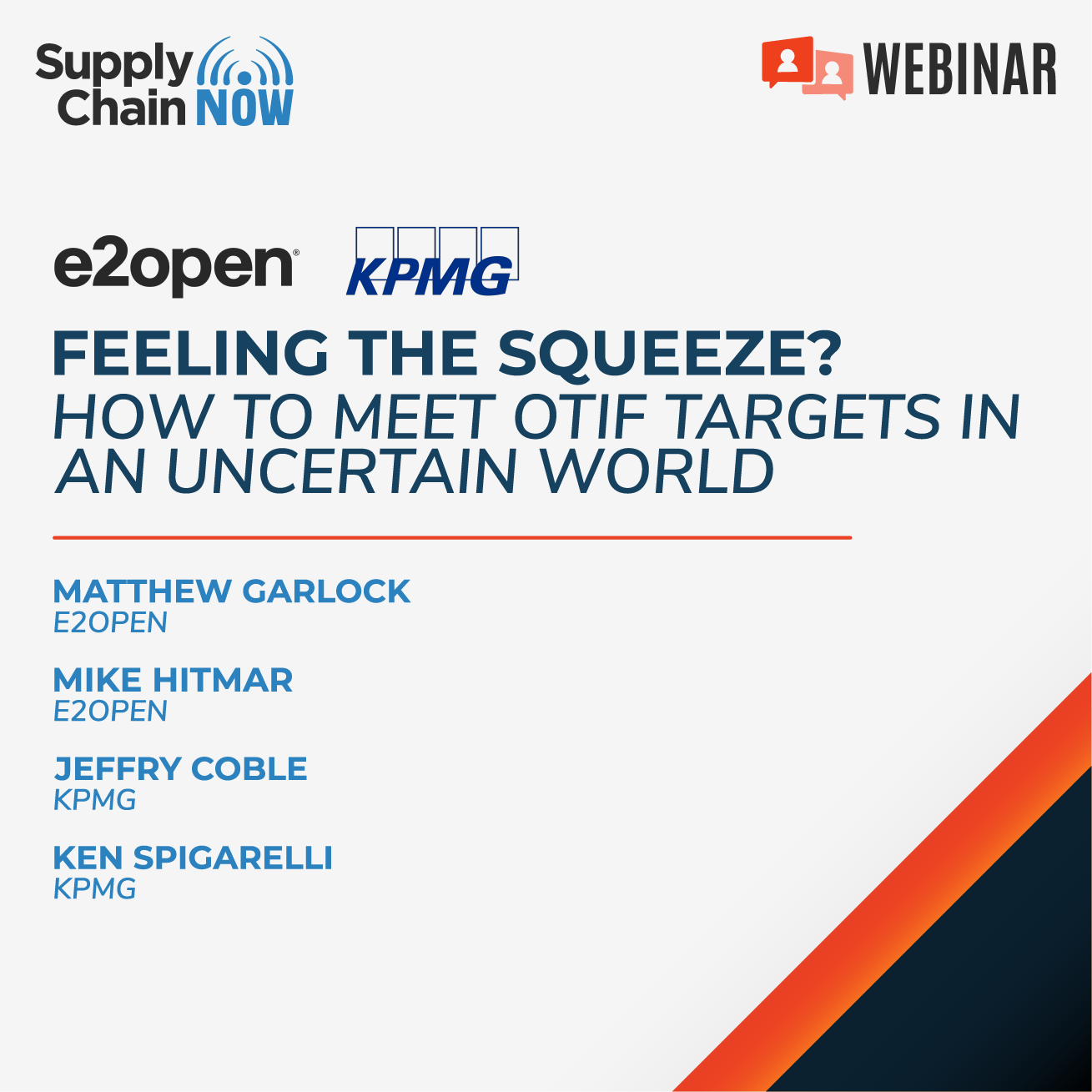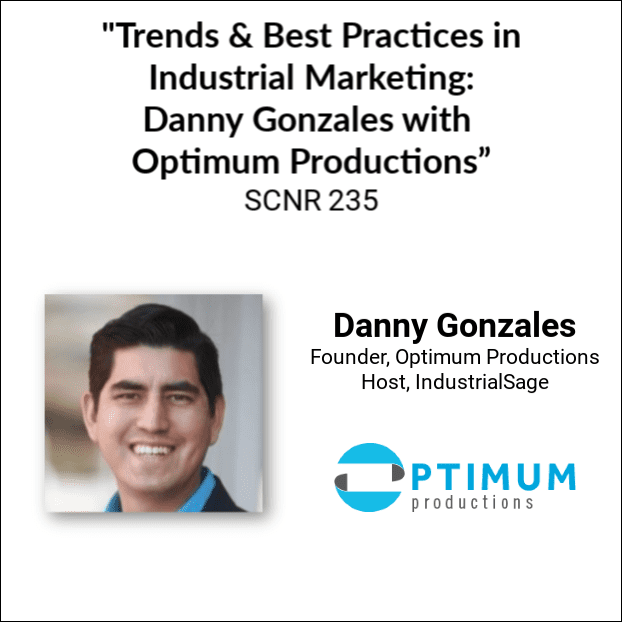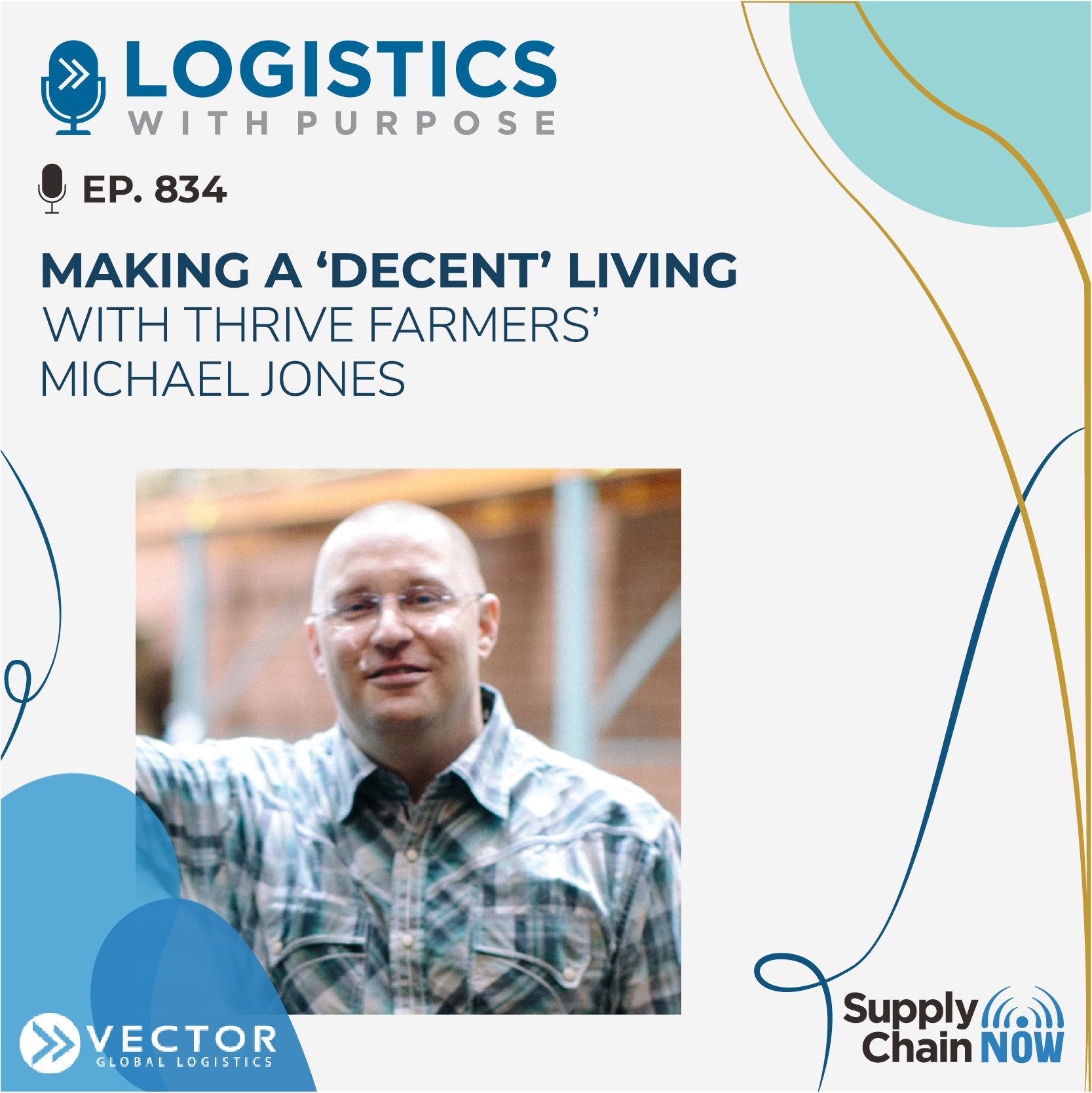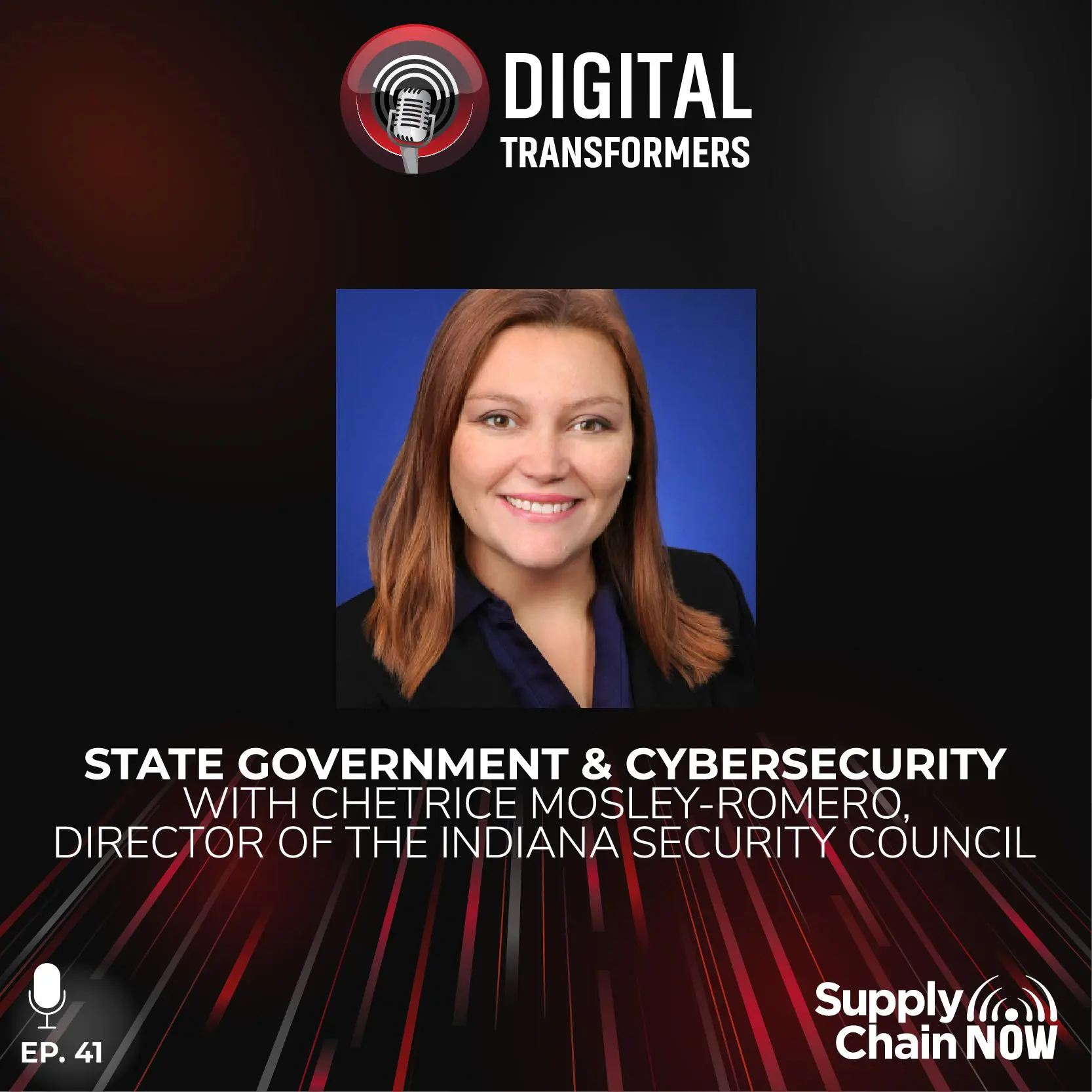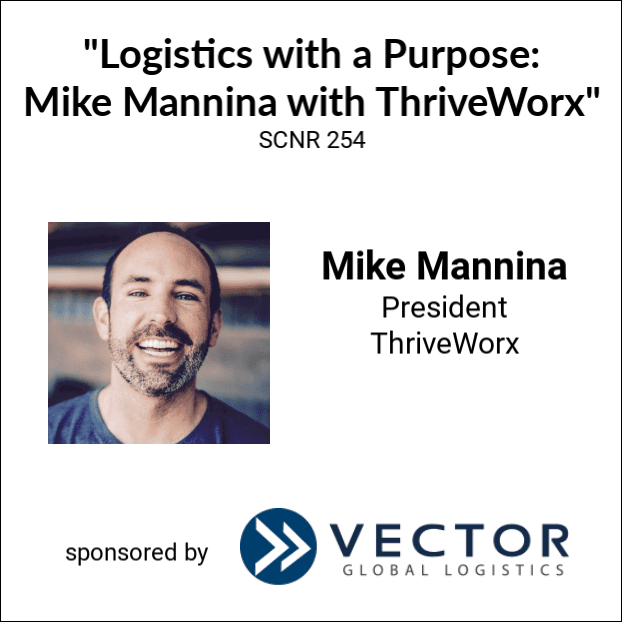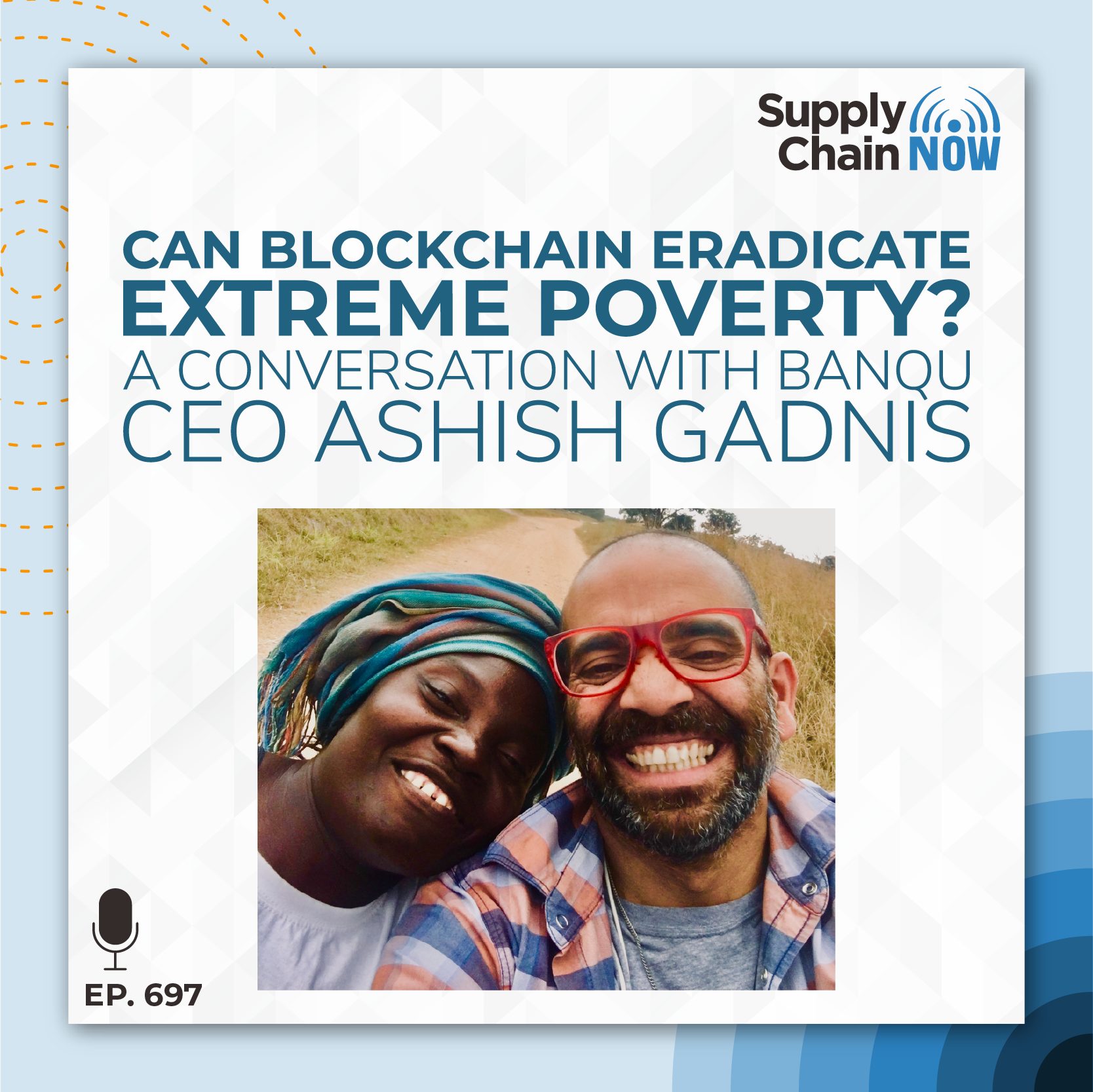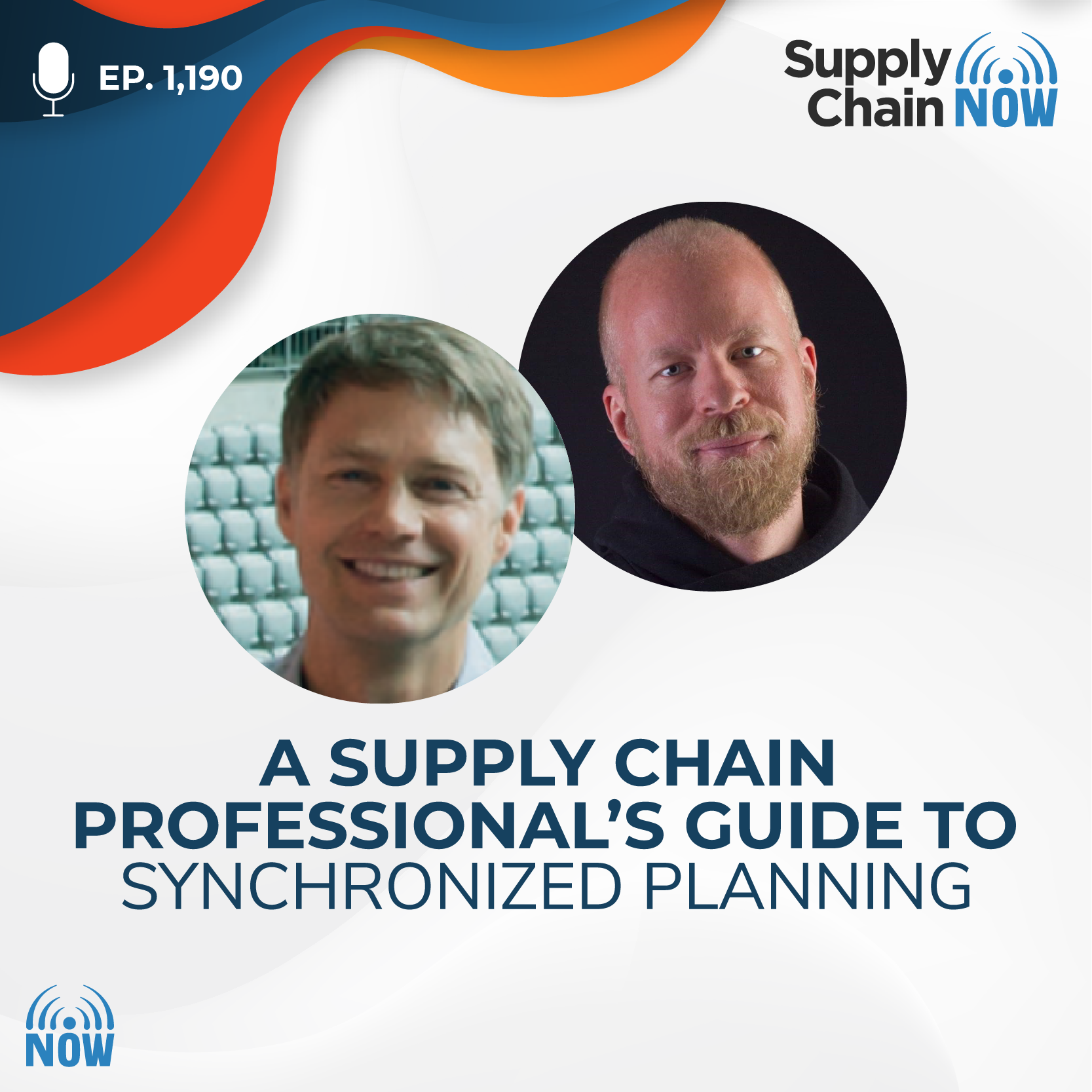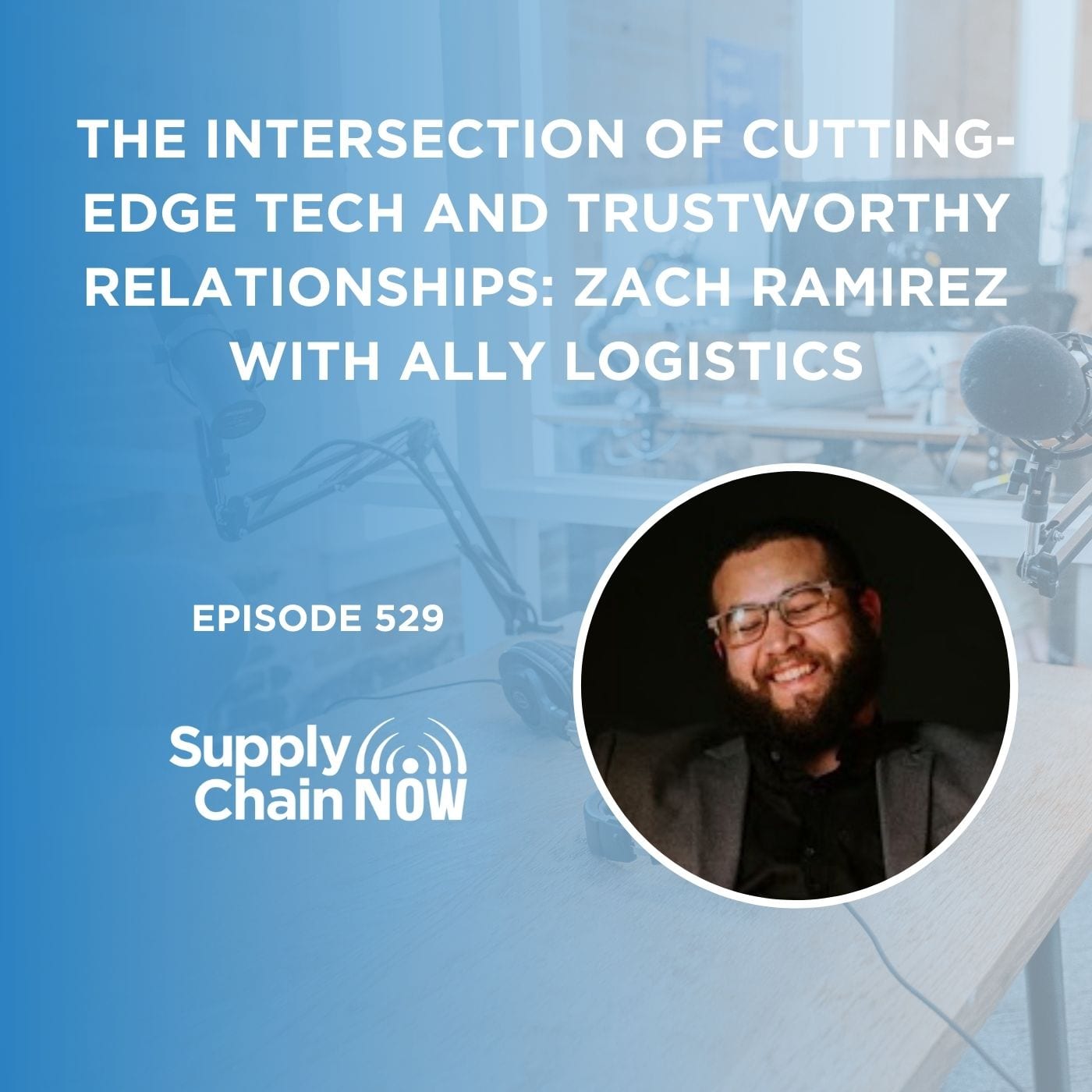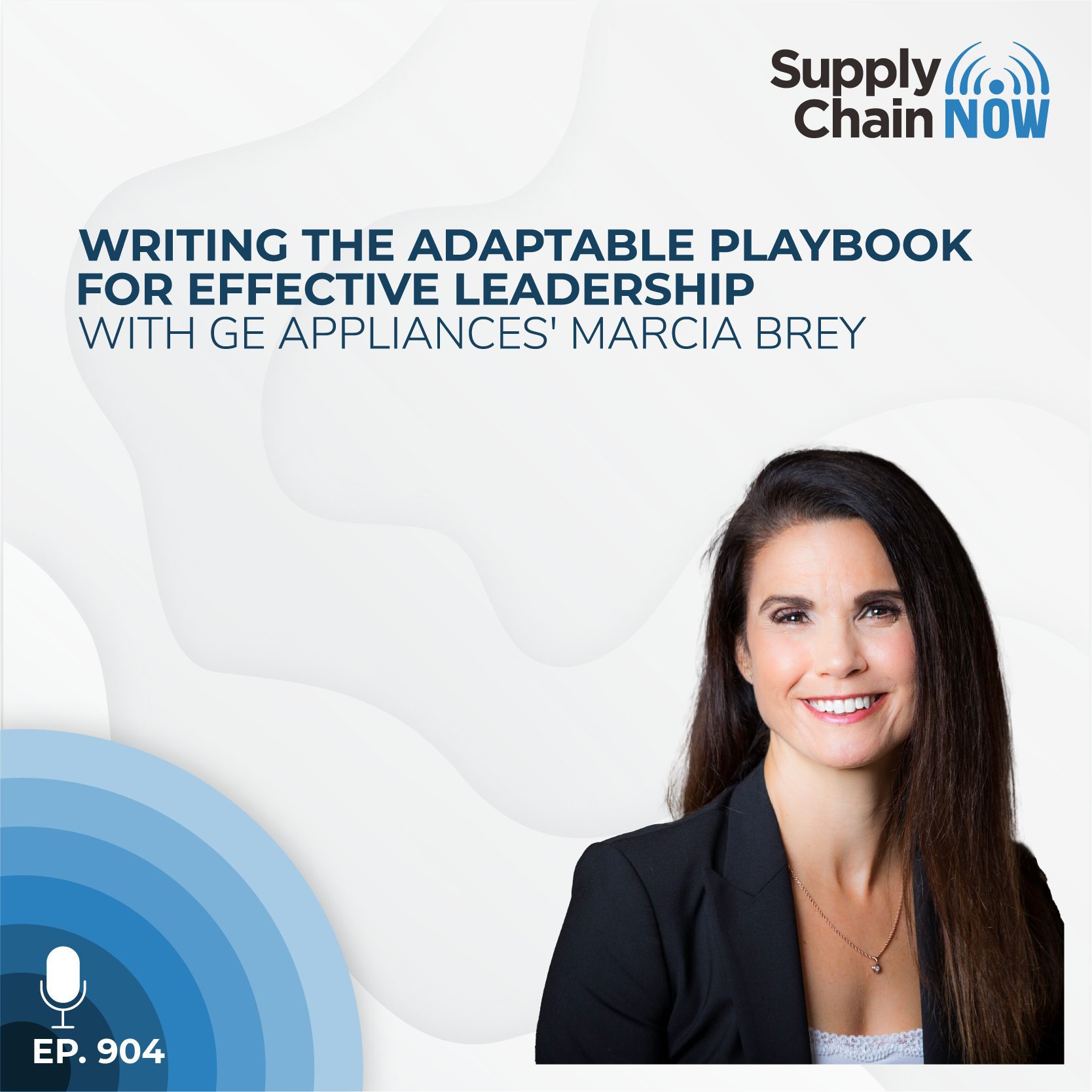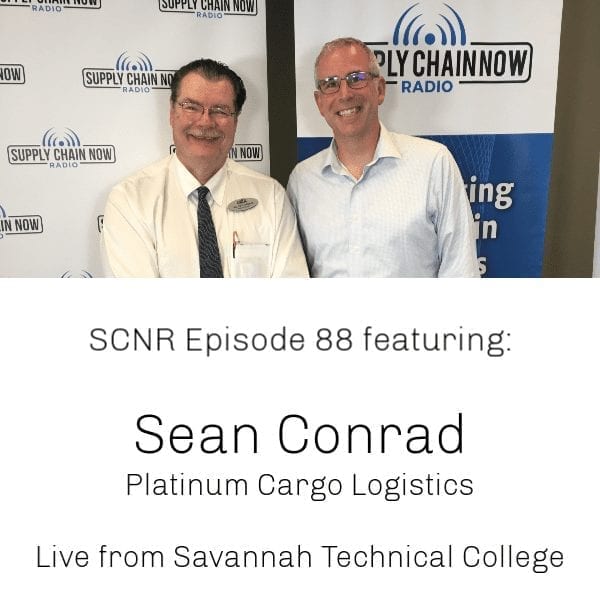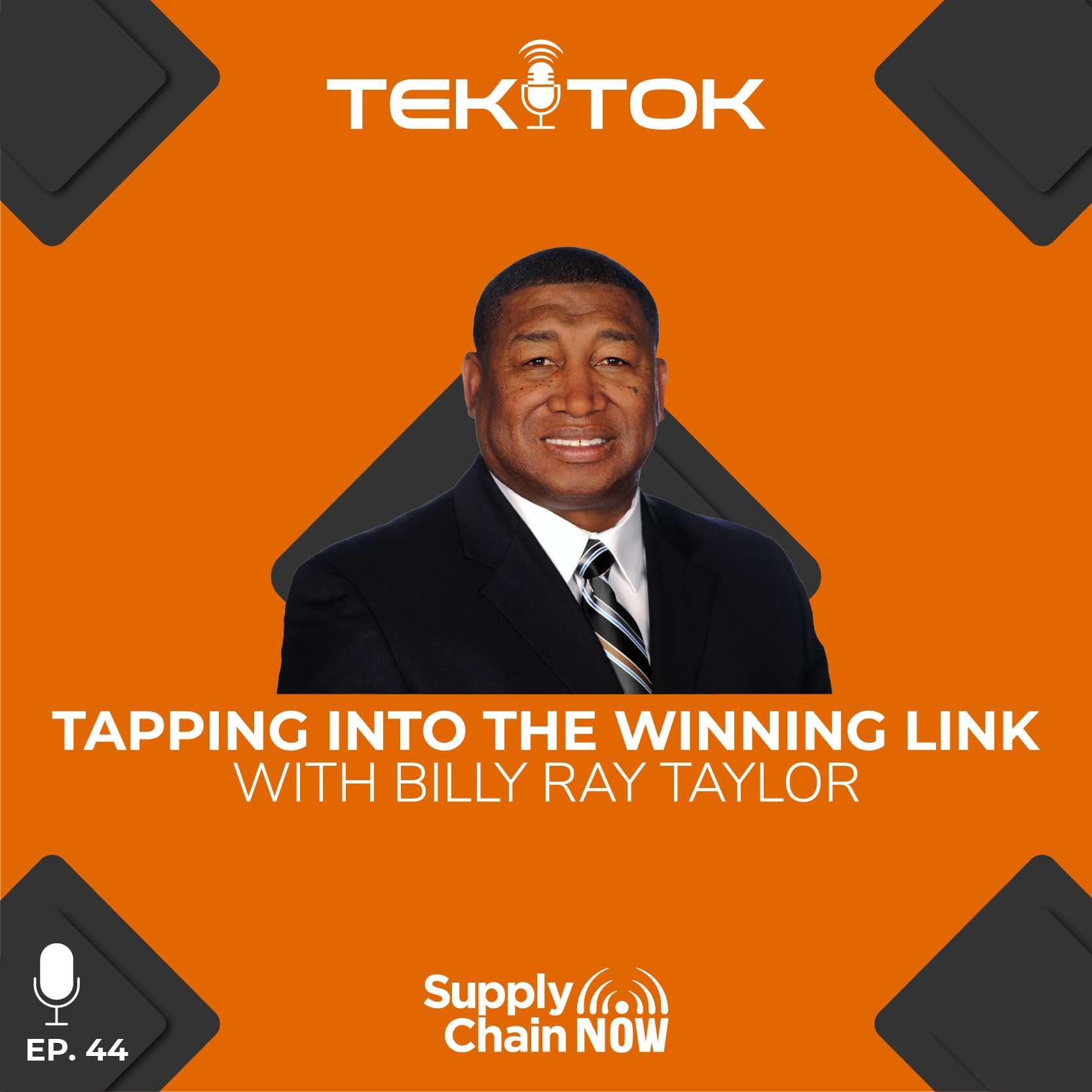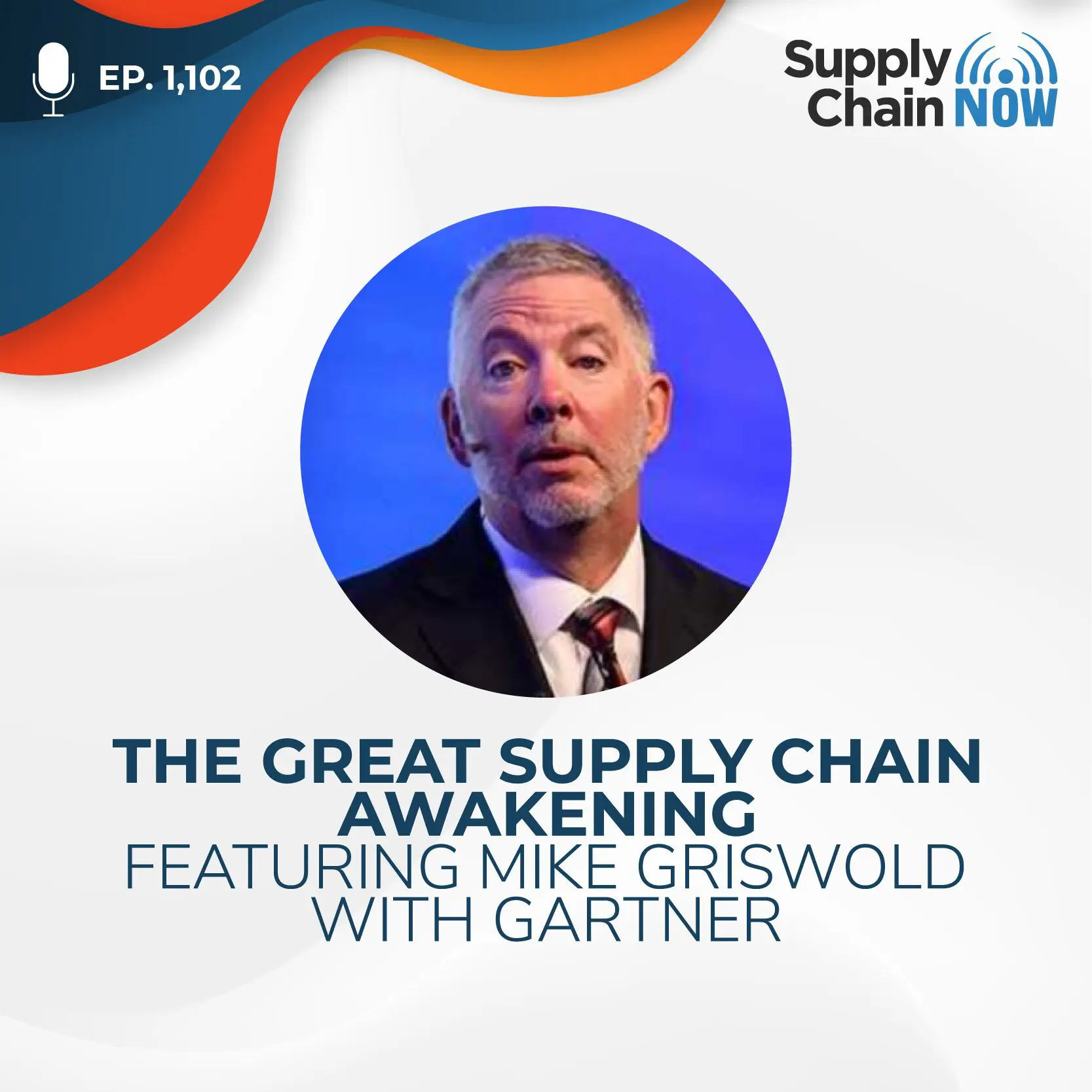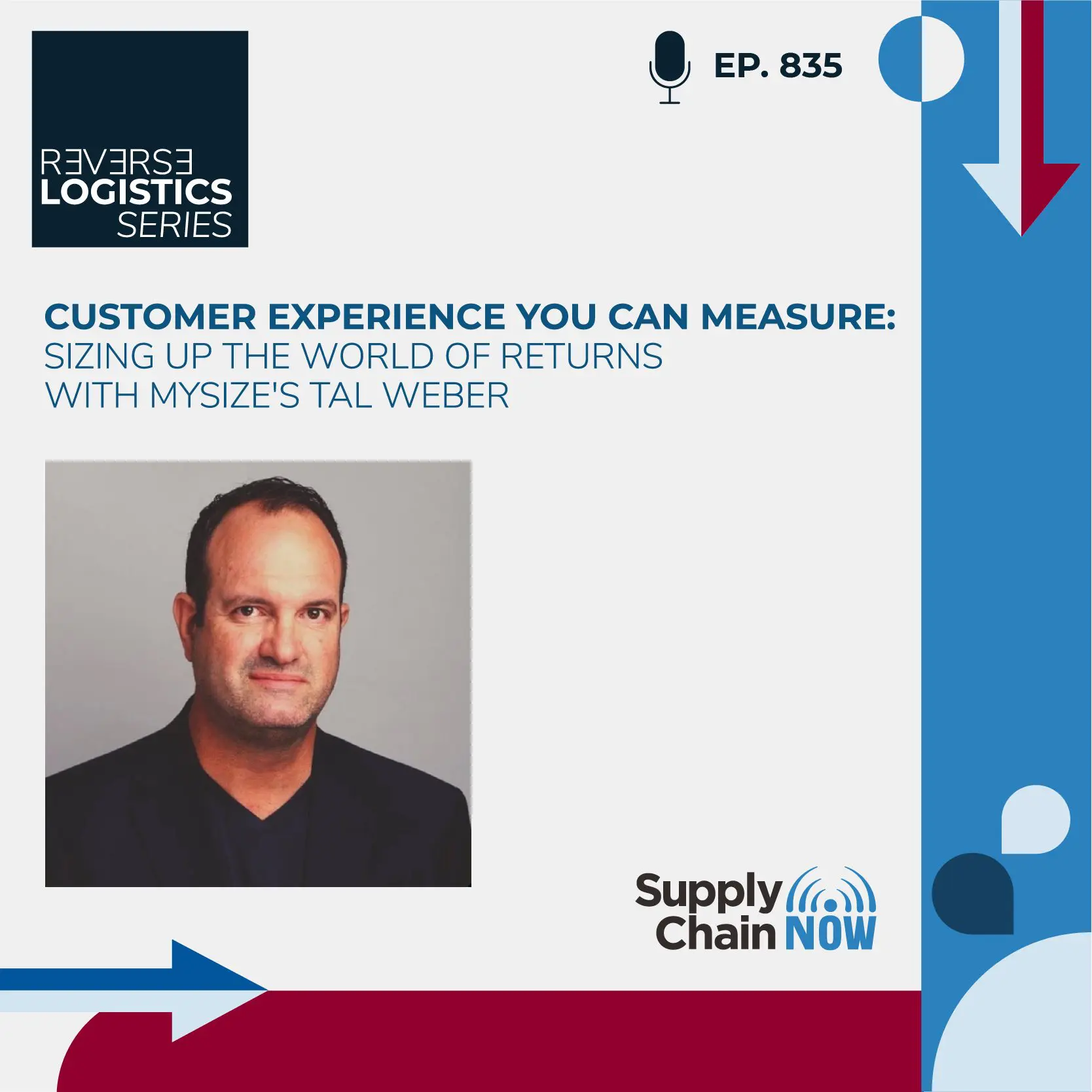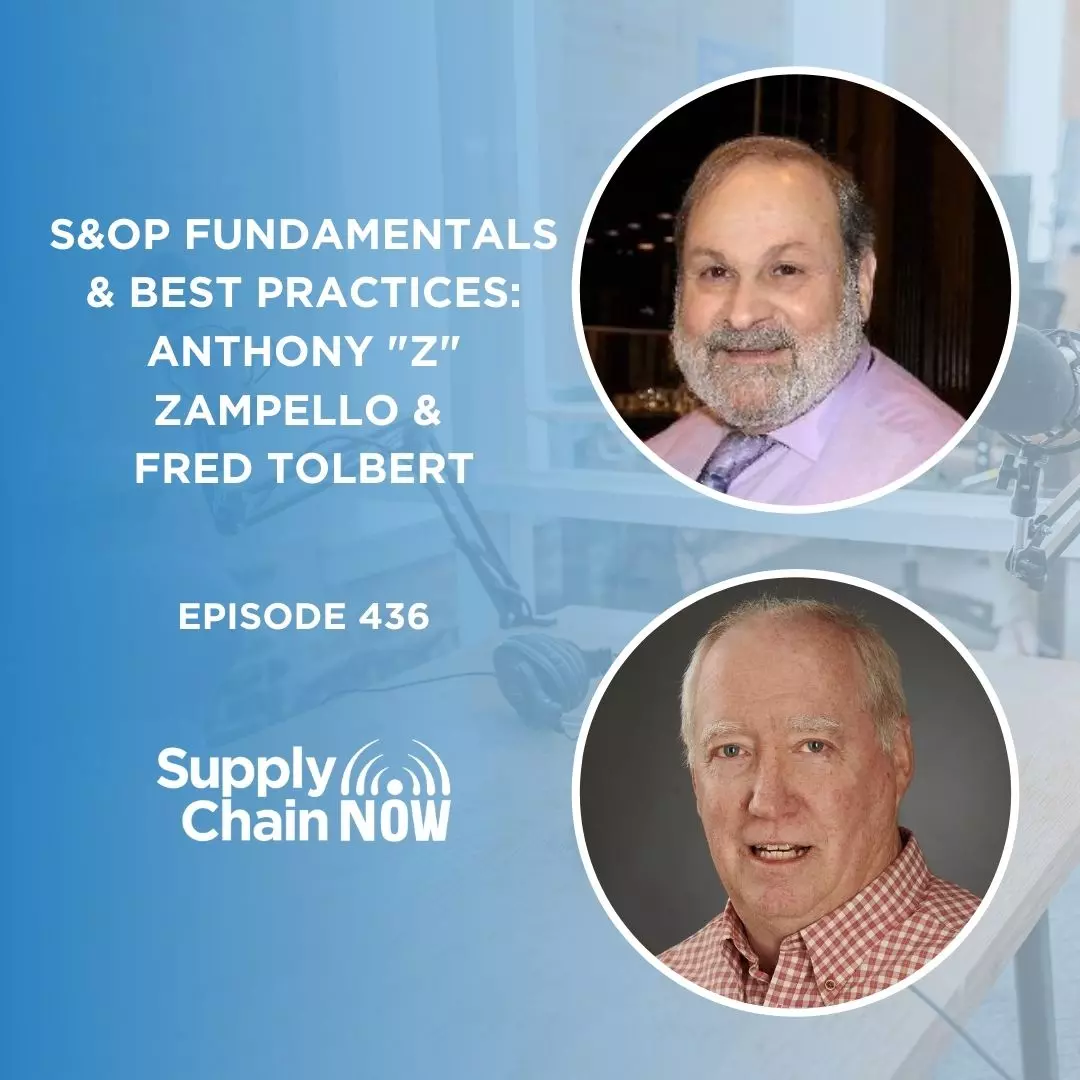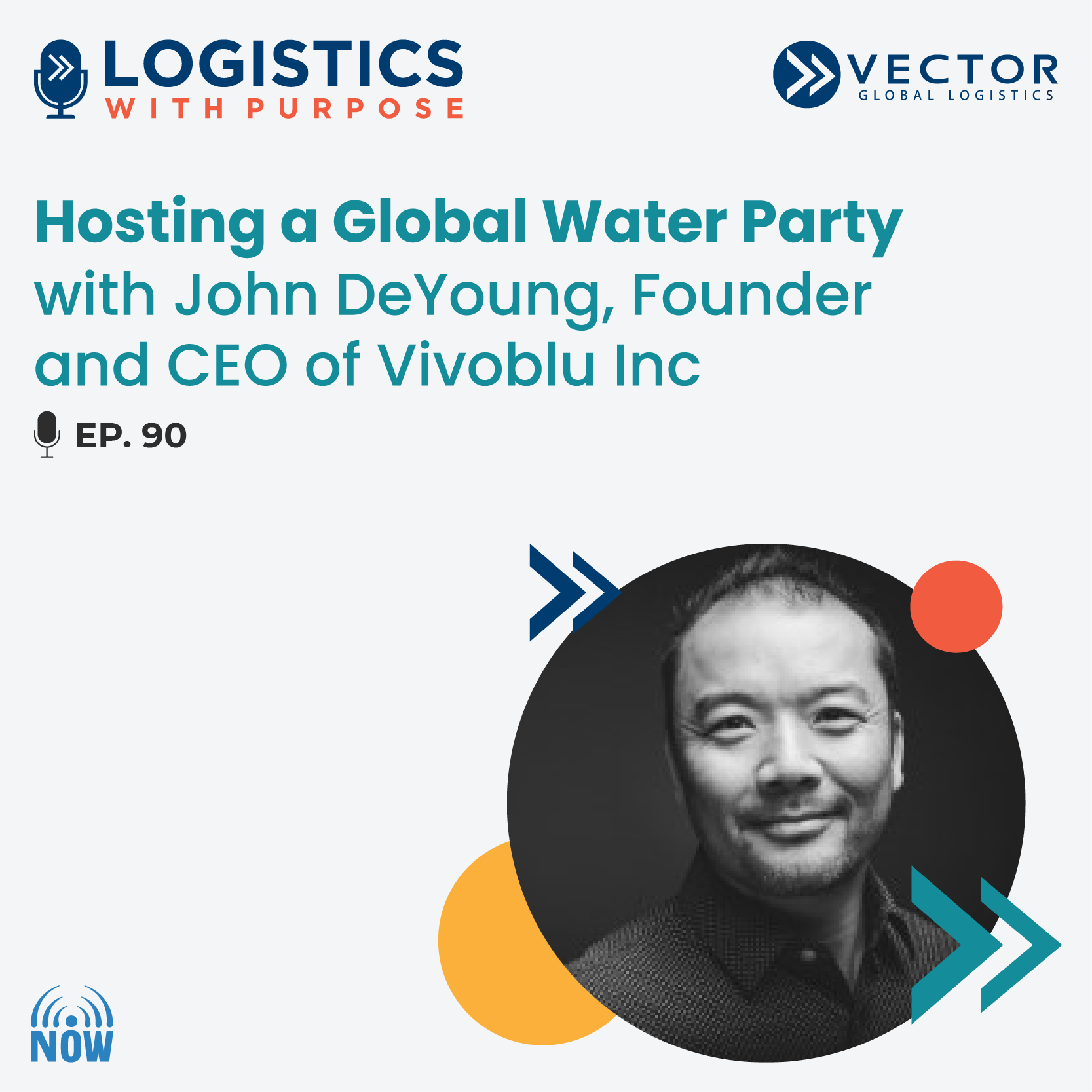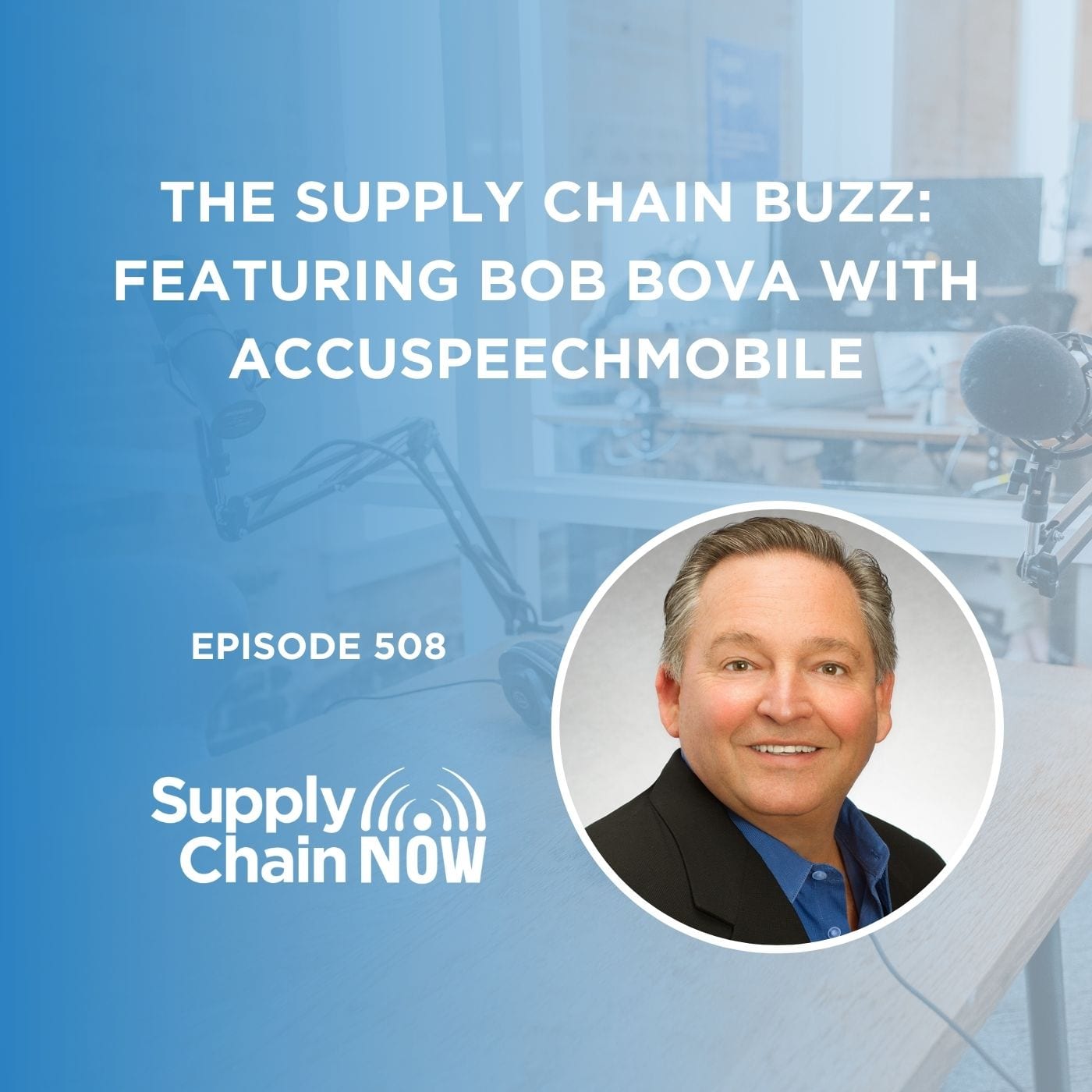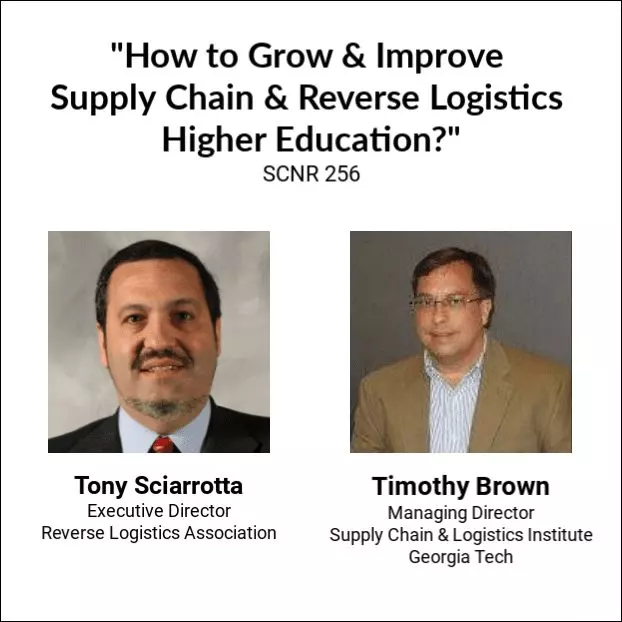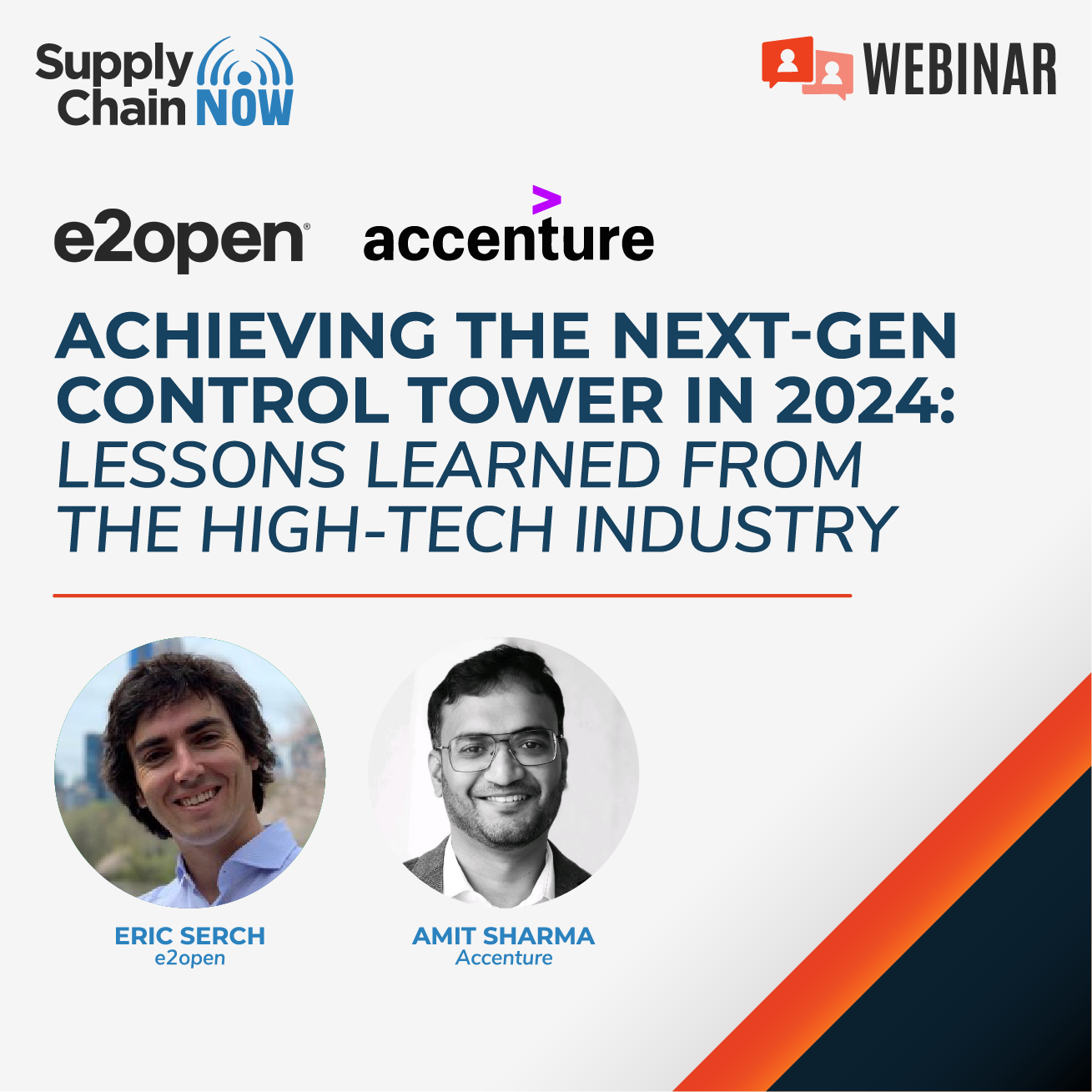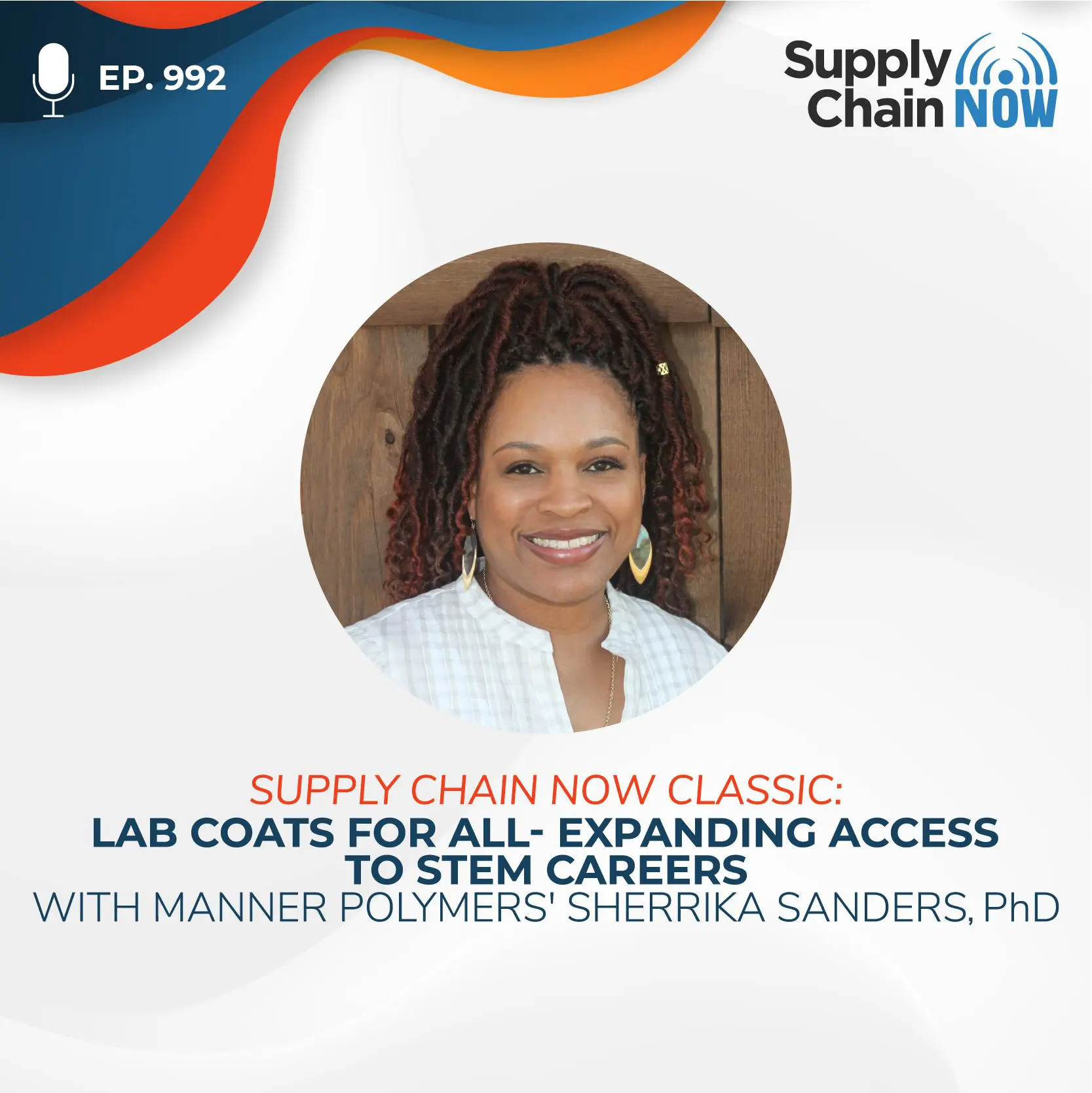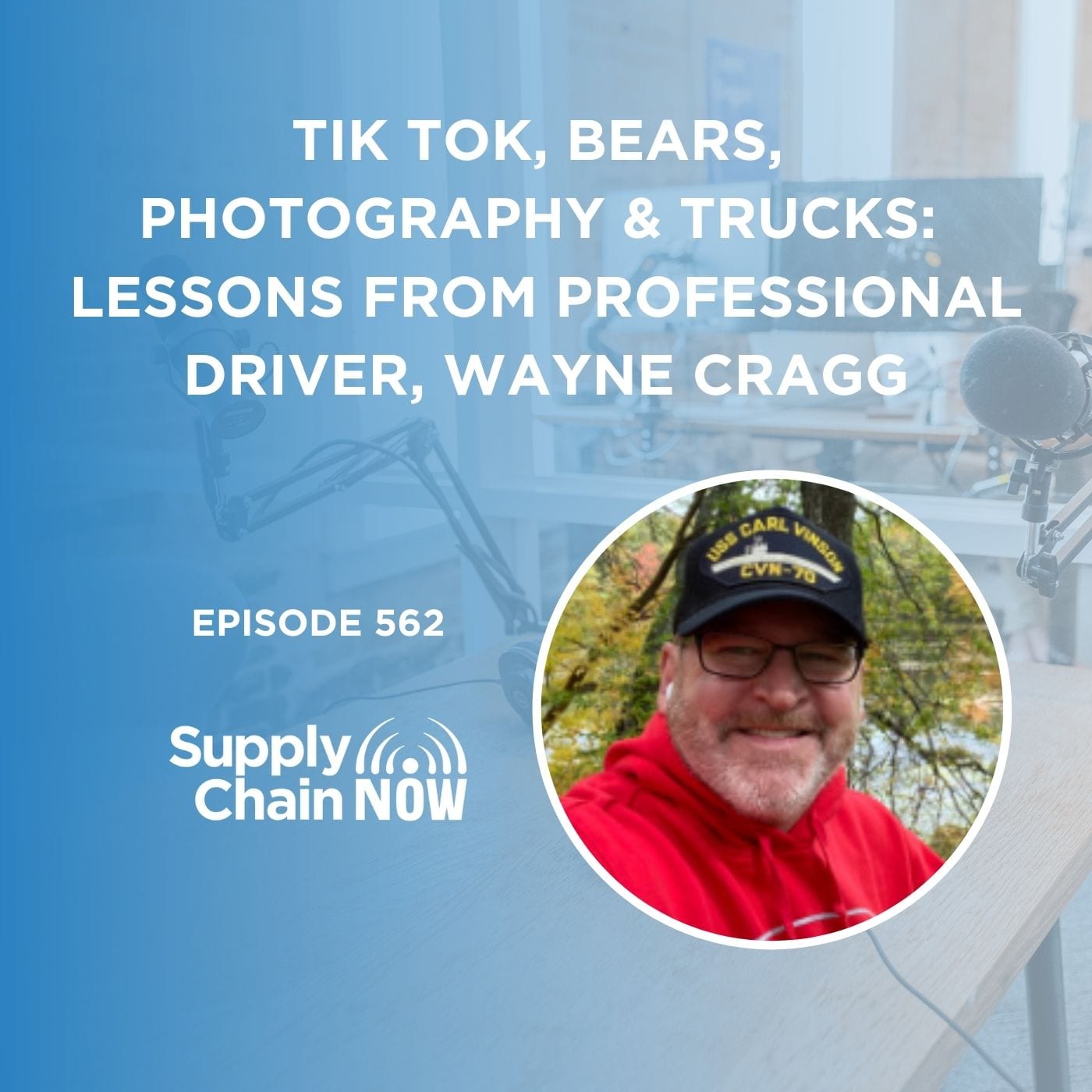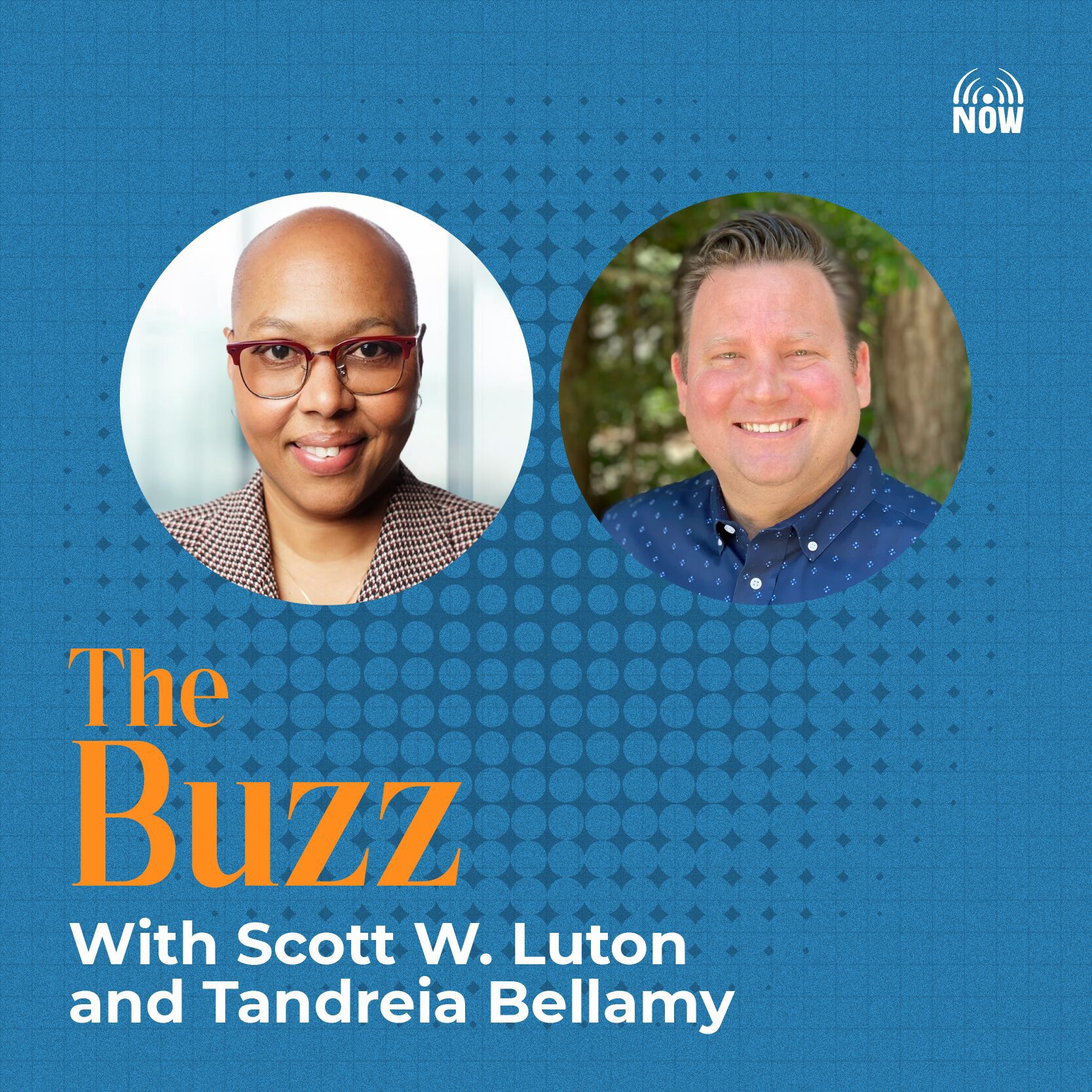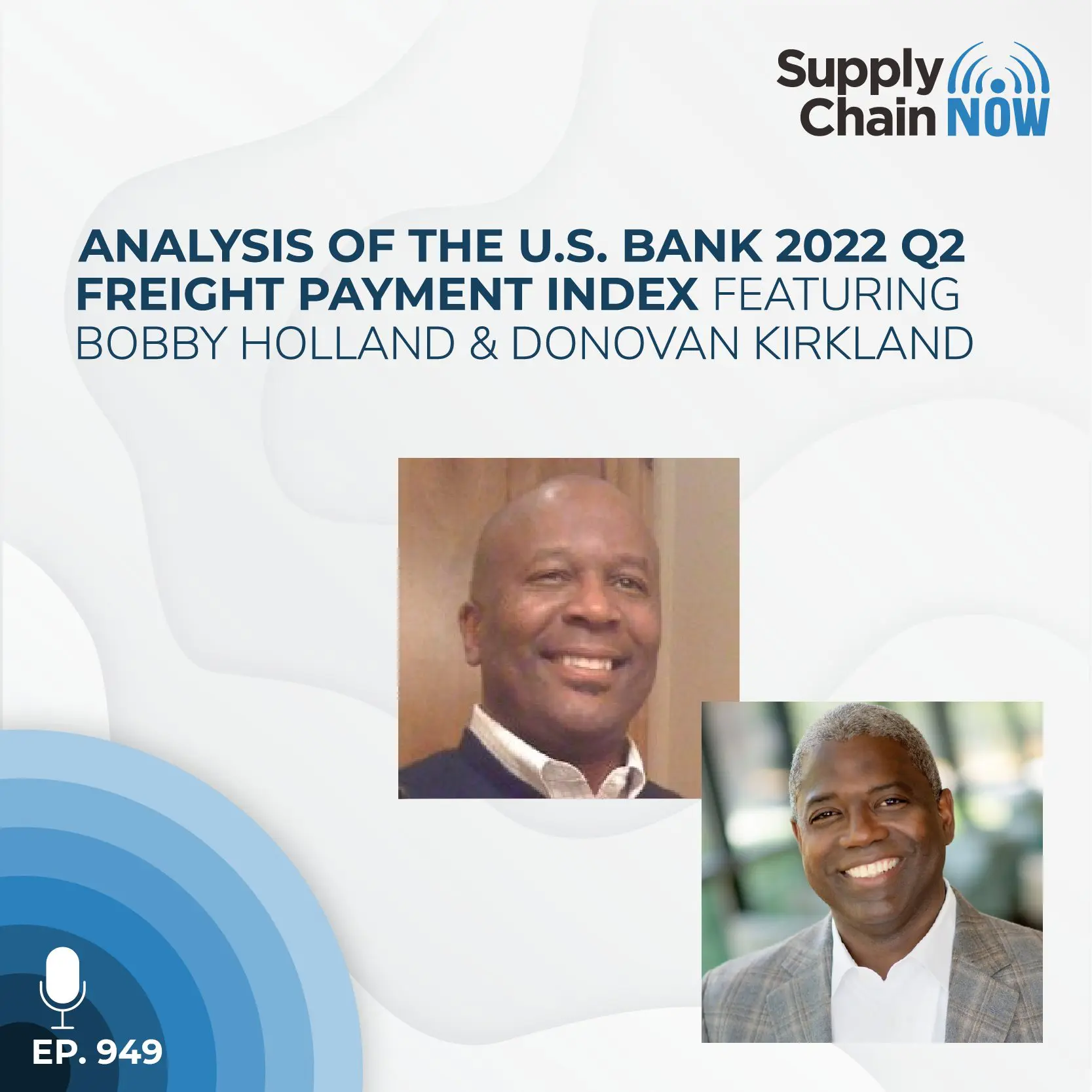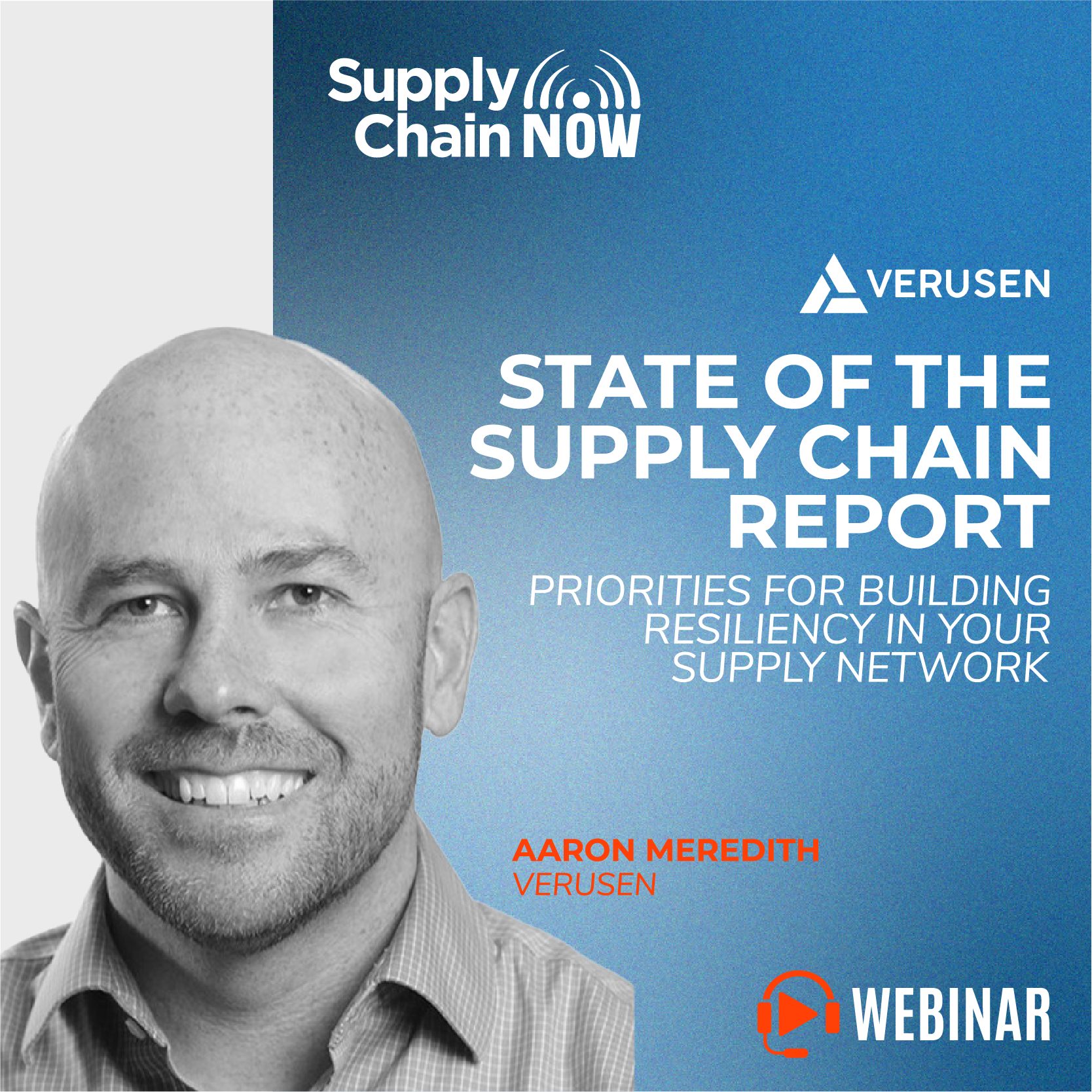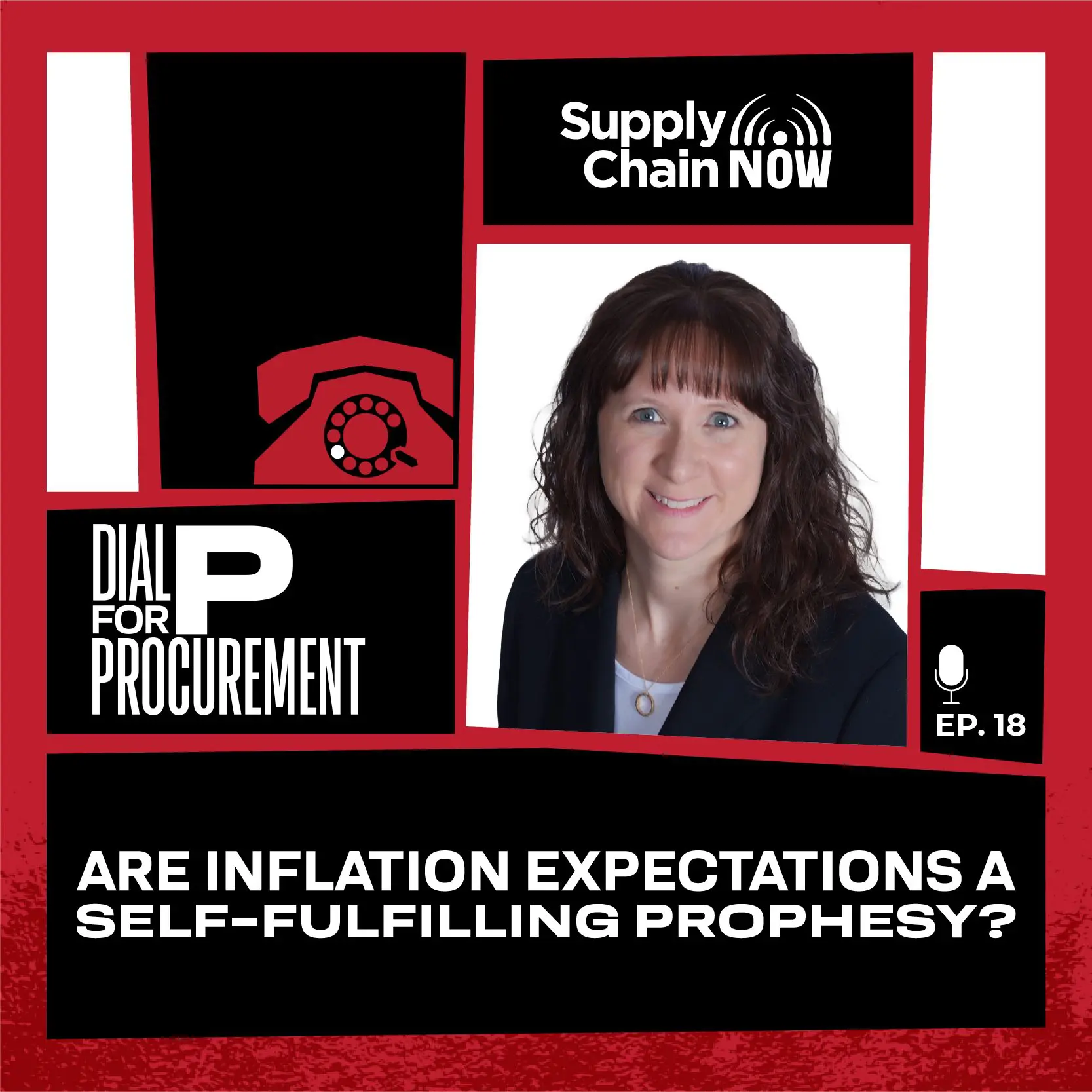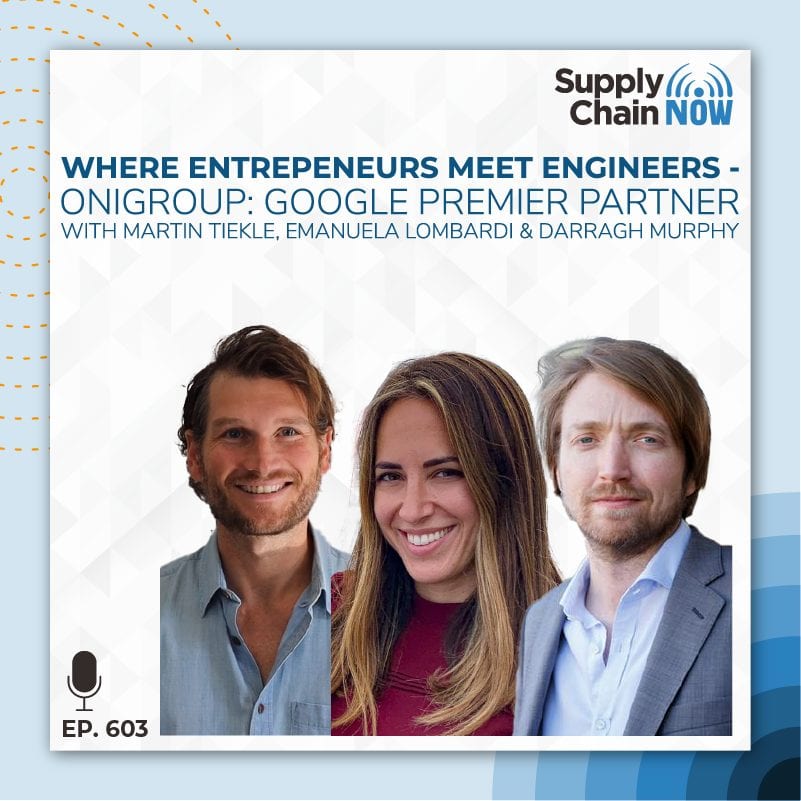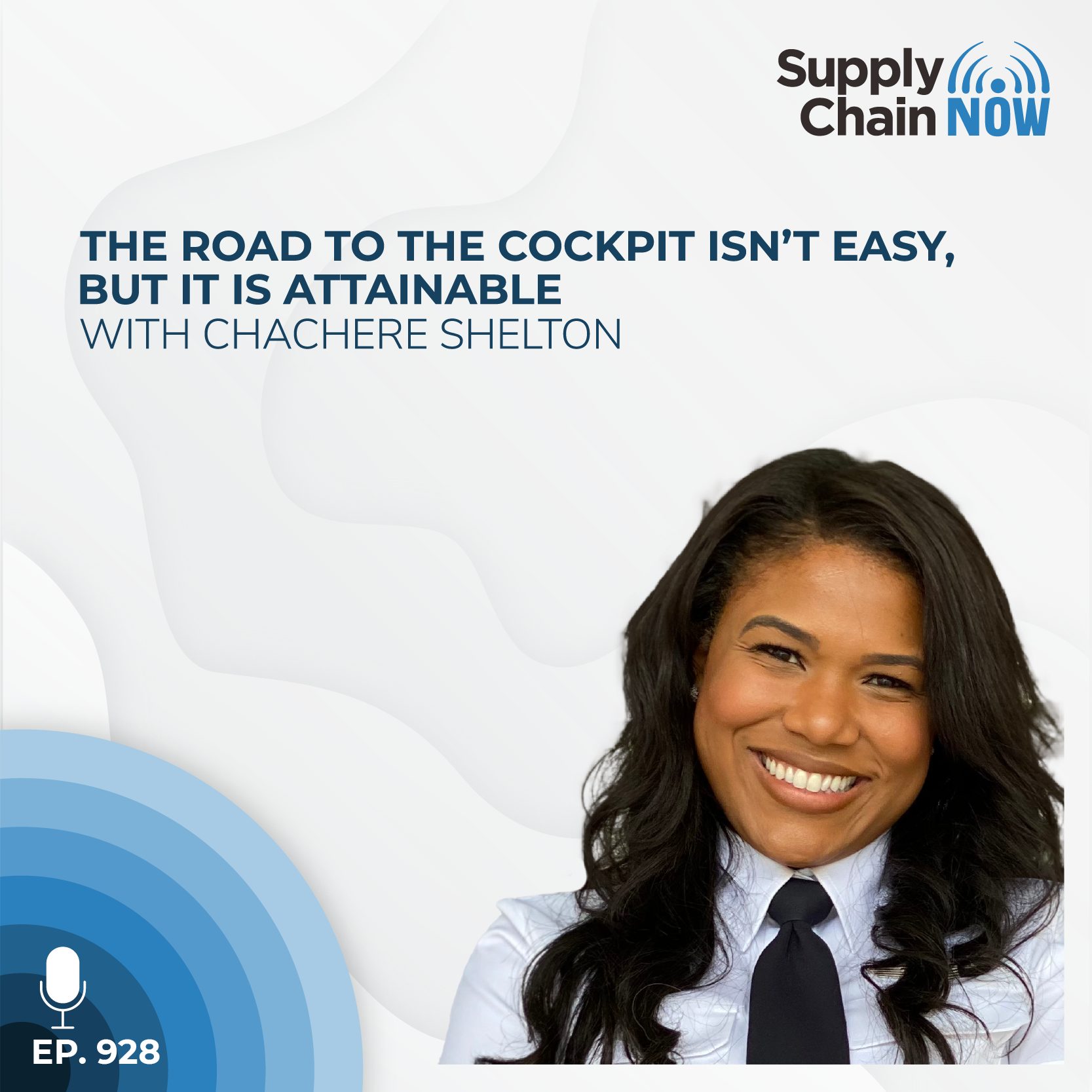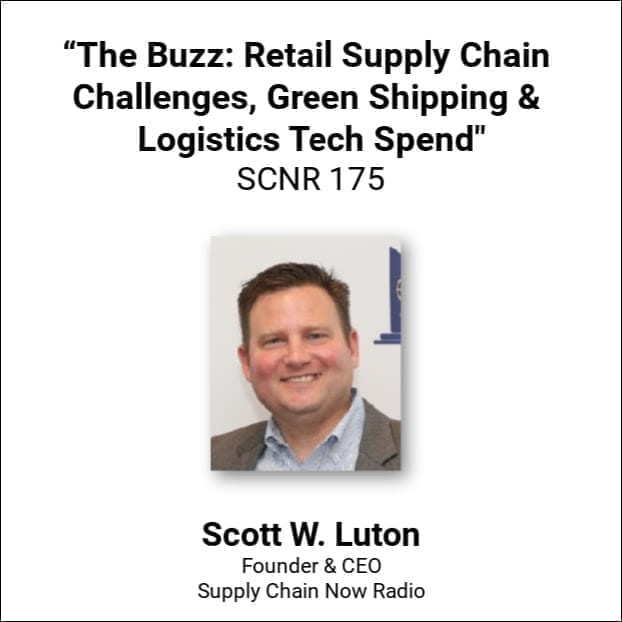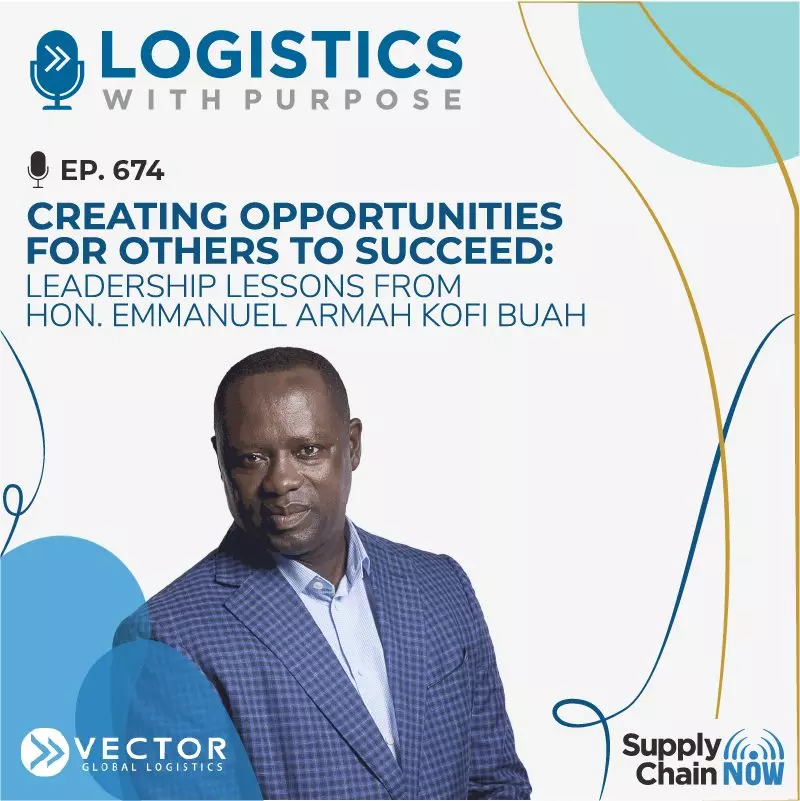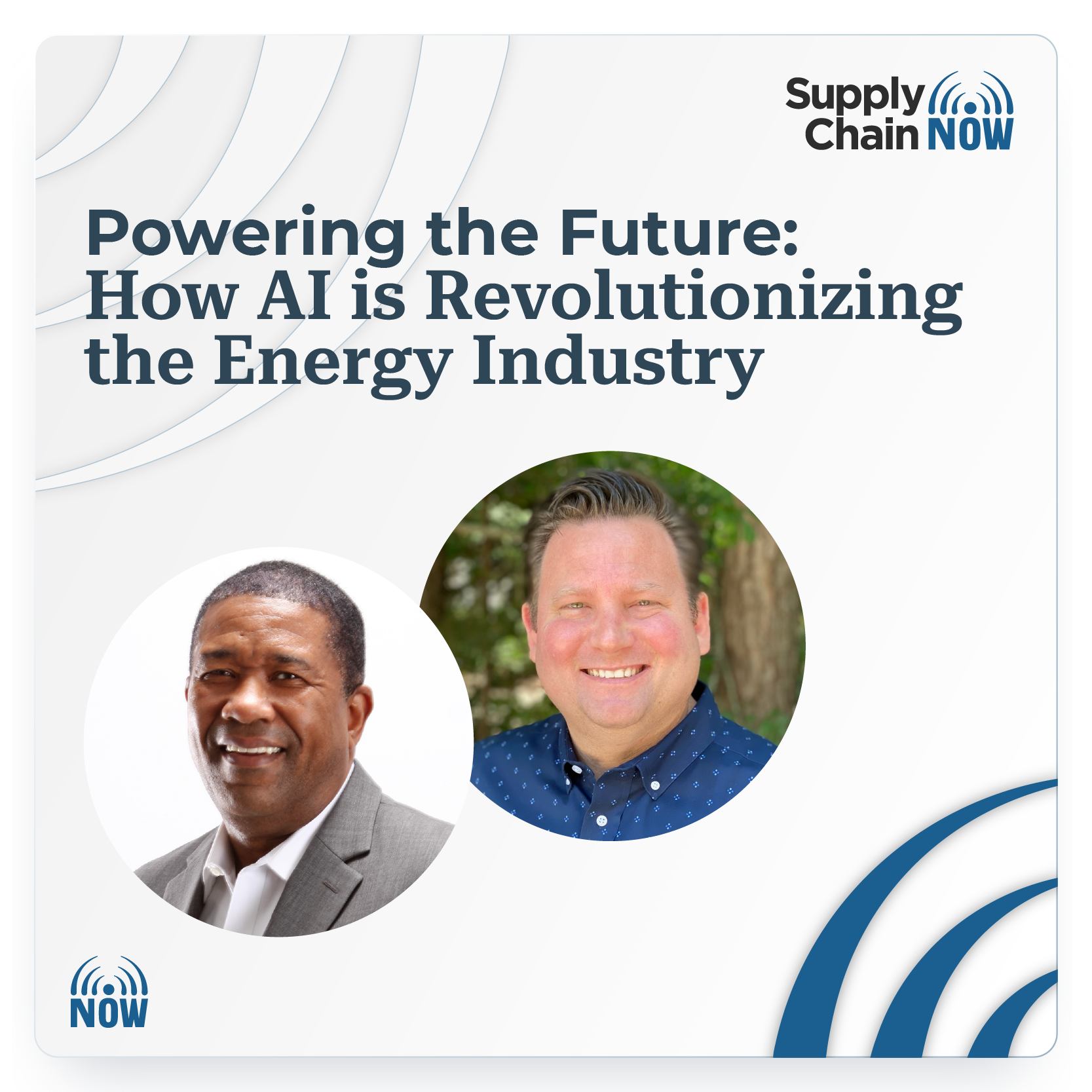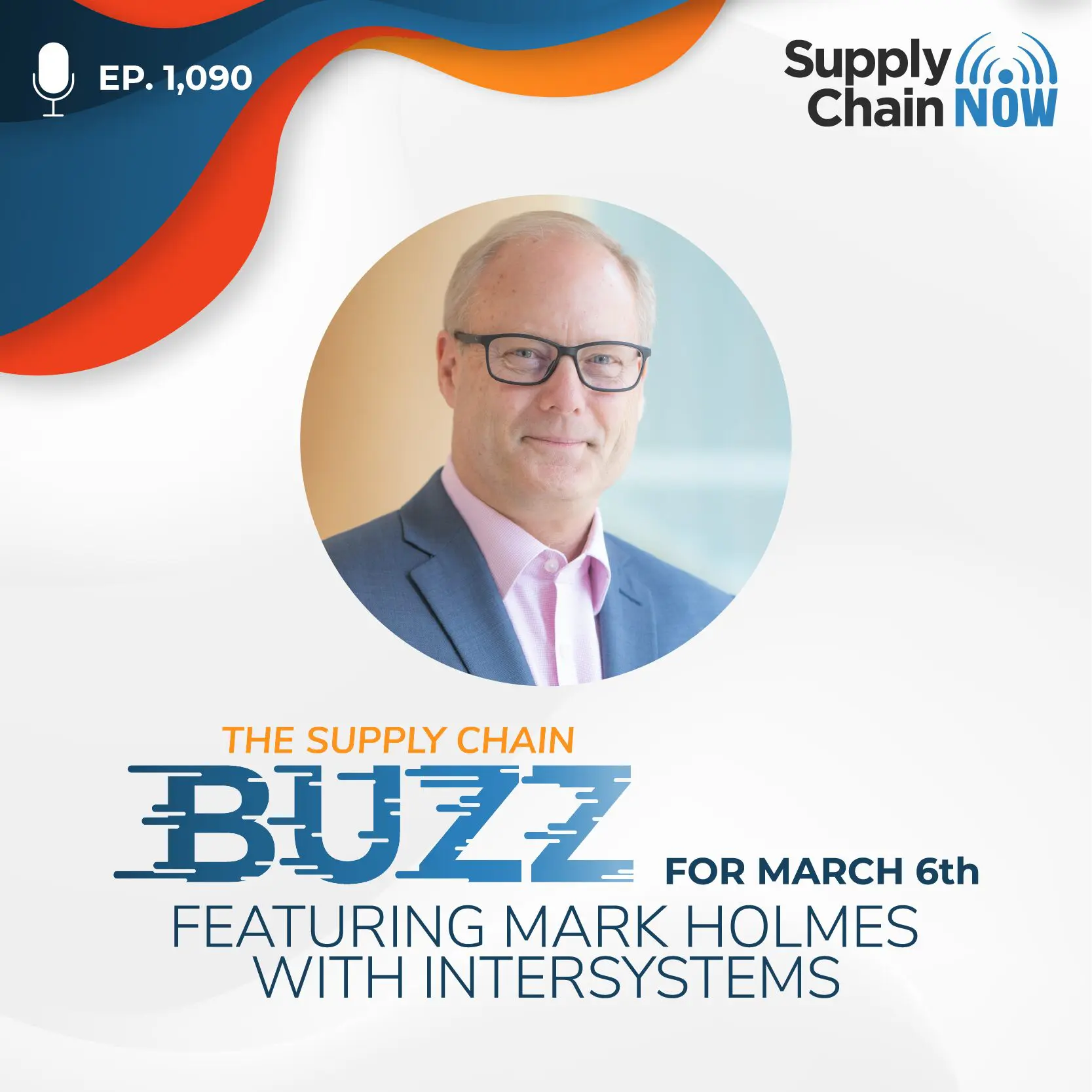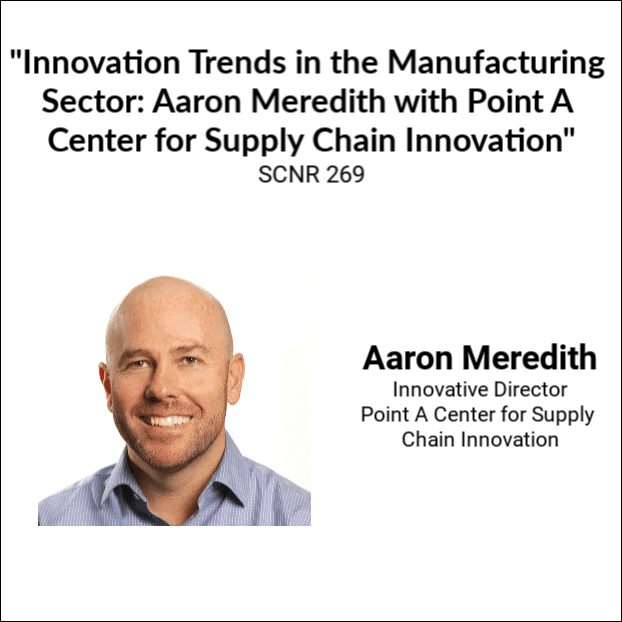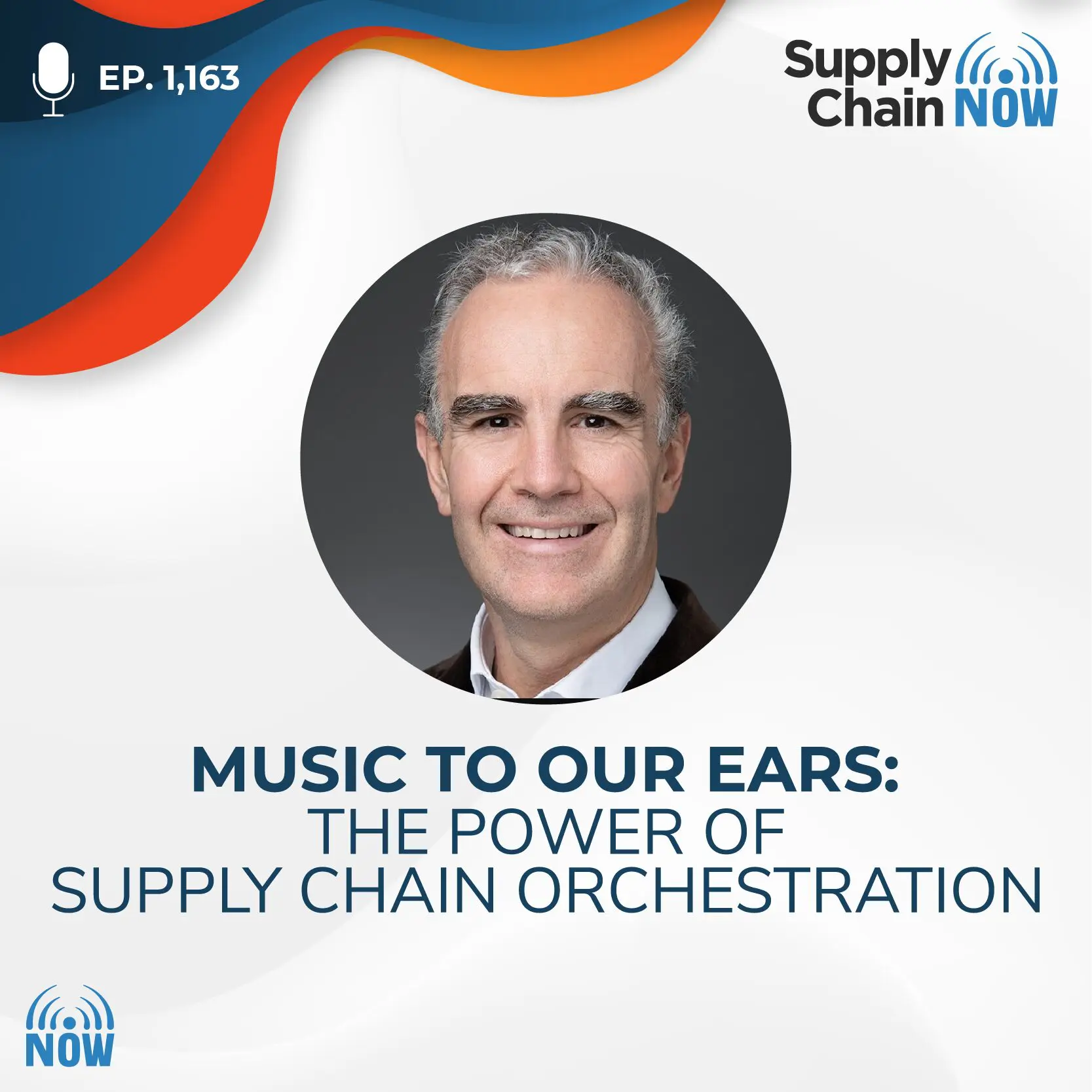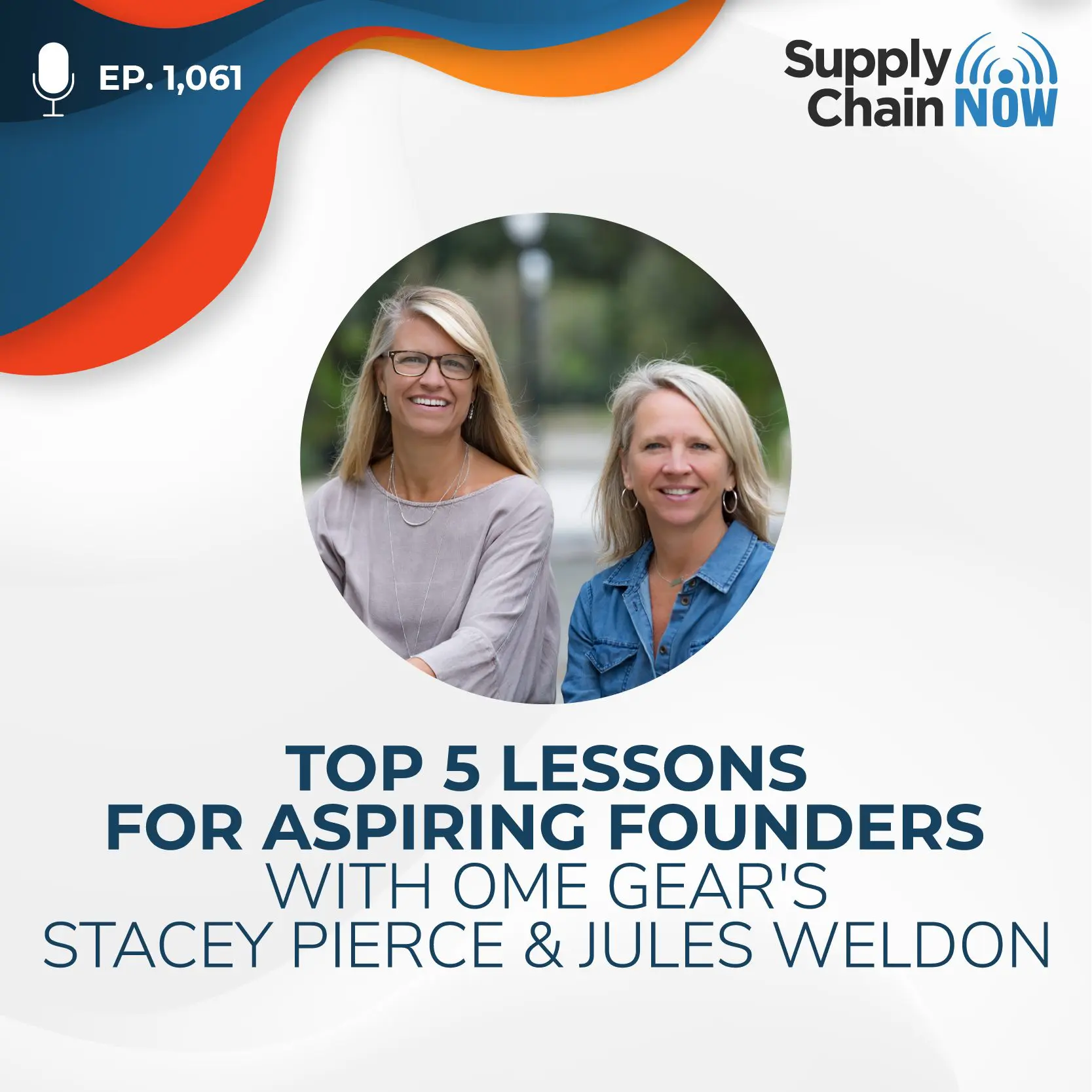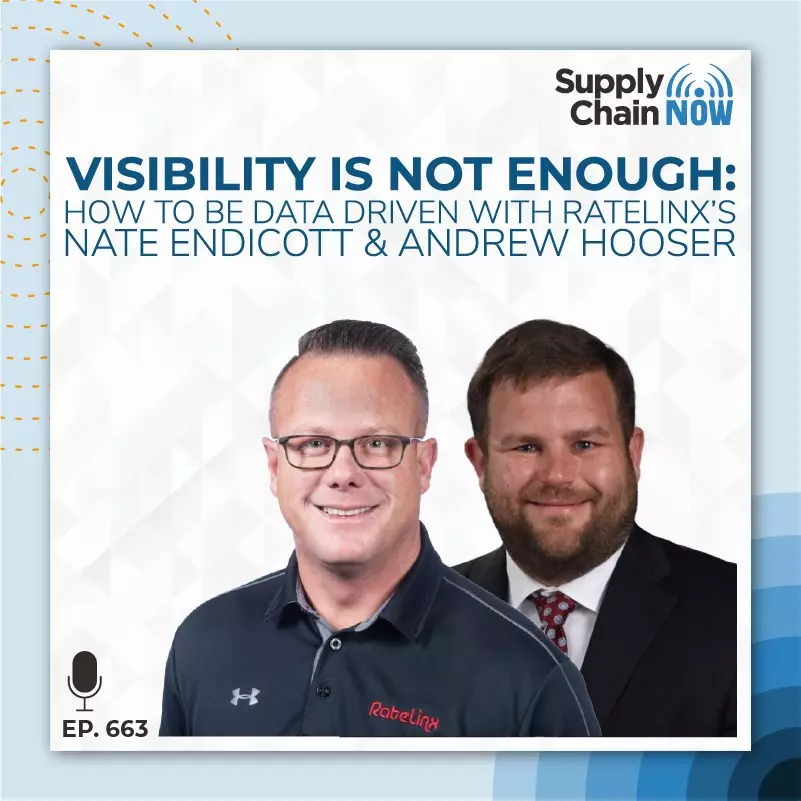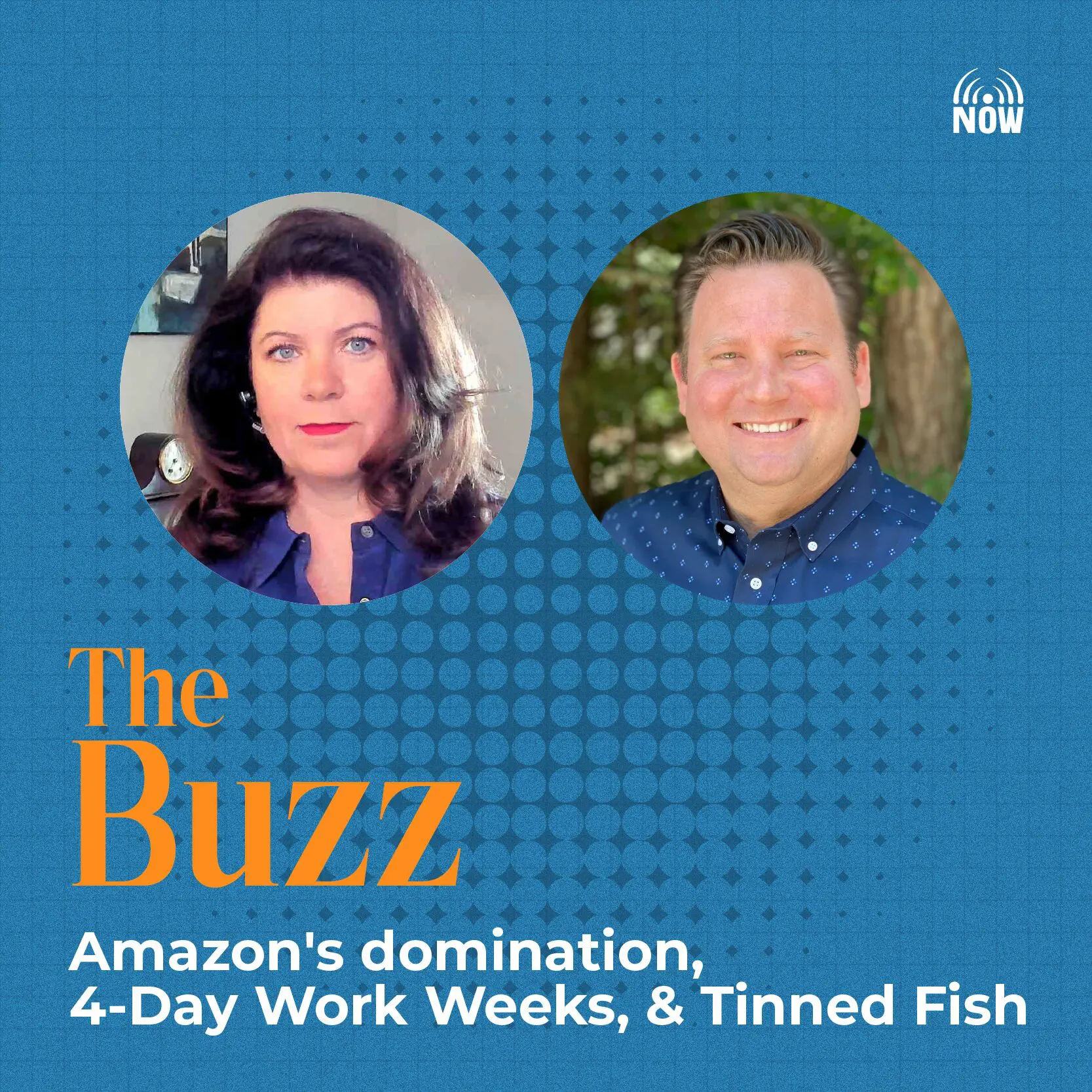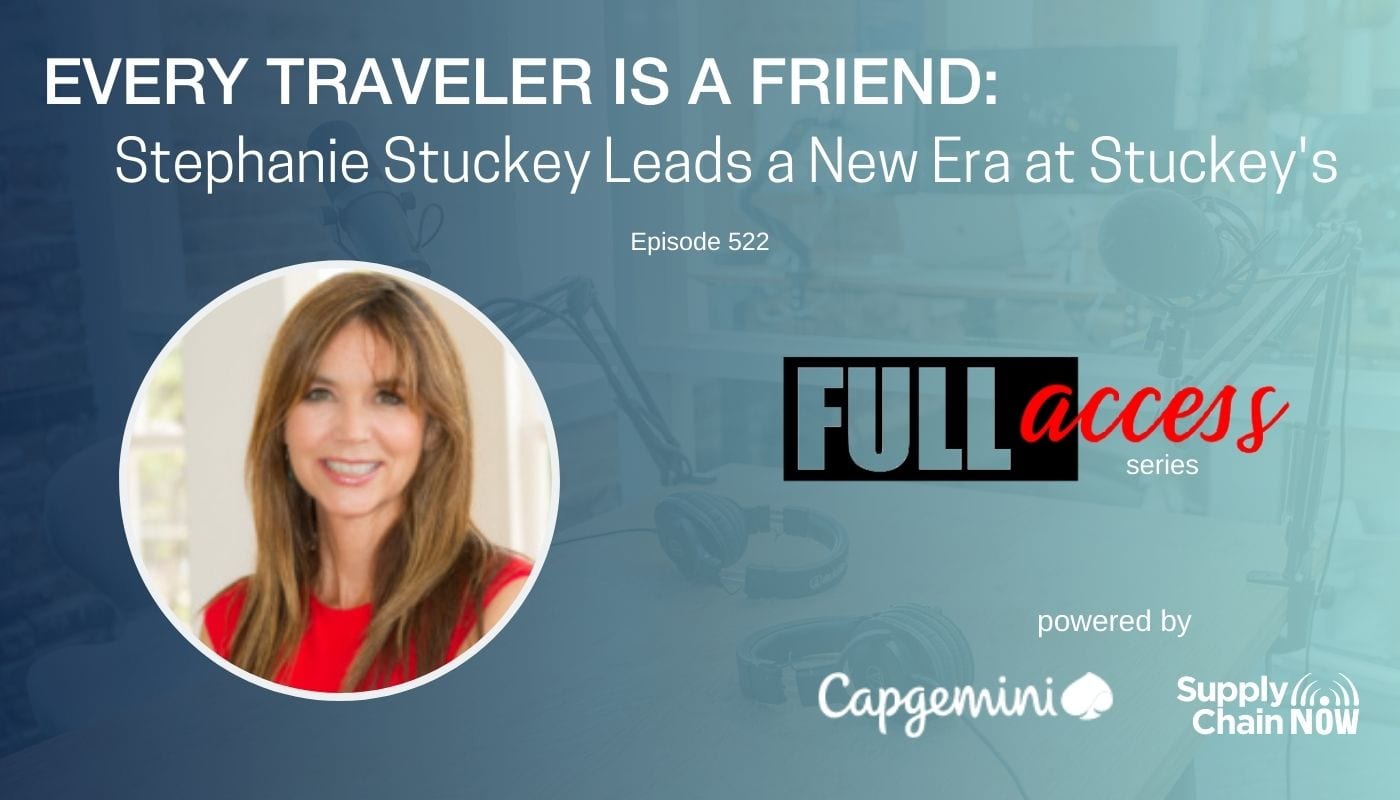
Episode Summary
“Even though Stuckey’s has been around since 1937, I joke that we’re an 80 plus year old startup because I’m reviving the brand and I’m really starting it back up again.”
– Stephanie Stuckey, CEO of Stuckey’s Corporation
The Stuckey’s corporate team may be small – just 10 people including their CEO, Stephanie Stuckey, but she likes to joke that they are mighty. With a background that includes politics and working as a criminal defense attorney, it should probably come as no surprise that she is bringing a fresh perspective and new energy to her family’s business.
When she first took over Stuckey’s, Stephanie got her grandfather’s papers: six boxes of material that had been in storage since his death in 1977. She read those as well as articles about her grandfather, interviews with him, and a privately published book. She condensed this wealth of knowledge into three pages of learnings. And this became the nucleus that helped inform how she would run the company.
In this conversation, Stephanie shares her point of view on the following with Co-hosts Greg White and Scott Luton:
· How to respectfully bring a nostalgic brand into the present time
· The ‘magic’ that is often lost when a business is sold to a large corporation
· What the pandemic has allowed her to observe about global v. local sourcing and procurement
Episode Transcript
Intro/Outro (00:00:05):
It’s time for supply chain. Now broadcasting live from the supply chain capital of the country. Atlanta, Georgia heard around the world supply chain. Now spotlights the best in all things, supply chain, the people, the technologies, the best practices and the critical issues of the day. And now here are your hosts. Good morning, Scott Luton. You’re on supply chain now. Welcome to
Scott Luton (00:00:32):
Today’s show. Good morning, Greg. How are you doing? I’m doing really well. I’ve got stories to tell. We’ve got stories to hear. I’m really looking forward to this, you know, as you’ve alluded to, I wish we were recording the pre-show warmup conversation because it’s been shockful. We, our listeners are in for a wonderful conversation. And on this episode, we’re continuing our full access series where we spotlight female executives across industry, especially supply chain that, you know, can have so much to offer. So leaders that will be inspiring, motivating, and energizing our audience. For sure. So stay tuned for a wonderful story. Um, all power of course, by our friends at cap Gemini global leader in consulting technology services and digital transformation. If you’ve heard that word once or may in times here lately, right? Greg? Yeah, no doubt and special. Thanks to Cindy Lago, VP of supply chain practice at cap who really put this together with us. So big, thanks to her. And she’s a great leadership example as well, quick programming it for our listeners. Hey, if you enjoyed this conversation, be sure to find us wherever you get your podcasts from subscribe for free. So you don’t miss conversations just like this. All right. Let’s no further ado really excited about this conversation. We’ll bring in our featured guests here, Stephanie Stuckey CEO at Stuckey’s corporation. Stephanie. Good morning.
Stephanie Stuckey (00:01:54):
Good morning. Thanks for having me.
Greg White (00:01:56):
Absolutely. Have you really enjoyed the warmup and already I’ve got 12 pages of notes based on what you shared there. I think you’re an inspiration. I’m really looking forward to sharing, uh, your experiences and perspective and POV with our audience. Uh, so appreciate the time today, before we get to the, the heavy lifting, right. And so much there let’s, let’s get to know Stephanie A. Little bit better. So tell us, where did you grow up and give us an anecdote or two about your upbringing?
Stephanie Stuckey (00:02:23):
So I am originally from Eastman, Georgia, which is in the middle of the state when I was a year old, my dad got elected to Congress and we moved to DC. So I actually had a really fun childhood because I, it was almost like city mouse, country mouse. I went to school in Washington, DC, but we spent all of our vacations every summer in middle Georgia and very different worlds. And we were always campaigning for the election. So I grew up in a very political environment story, my childhood. Okay, I’m going to tell him that my dad just shared at the Thanksgiving table for some reason, this, I guess this is when I knew I wasn’t afraid of being in public and talking, speaking in front of people. My dad had a weekly TV show when he was in Congress and it was, the holidays was this time of year.
Stephanie Stuckey (00:03:21):
And my mom, he had, um, my three kids with my mom and two kids from a previous marriage. And so there were like five kids in the house. My mom was going crazy and she said, take one of them. And I was always the one who would volunteer to go. So he took me and he was taping the show and I was supposed to stay behind the scenes. And in the middle of the show, I walked out front and center and started singing Christmas carols during his congressional show, he had a guest on like the secretary of something or other, and they were having a political conversation. And finally they just gave up and let me sang. And he said it was his highest reviewed, most watched show of the year. So just wanted a little something different dad. Sometimes you need to give them a Christmas. Carol,
Greg White (00:04:11):
How old were you then? You
Stephanie Stuckey (00:04:13):
Know, and we have the tape. So just looking at the picture, I think I’m about six, seven
Greg White (00:04:20):
Is that one of those shows that was on at like five 30 on Sunday morning or something like that.
Stephanie Stuckey (00:04:26):
This is prime time. Now keep in mind. This is the market from, this was aired in Macon, Georgia. So this was not in the 1970s. So there wasn’t a lot of cable competition. Like there is today, back in the day, you would have maybe three channels and then your local station, people were looking for content. I think it was a prime time show. It got people watched it.
Greg White (00:04:53):
That’s incredible. And there’s an audience for everything for sure. And especially right. I mean, how many people can you imagine how many people were going, Hey, Myrtle, look at this kid, singing Christmas gifts, ask a follow up question. Cause you’re obviously six years old. You’re already in the music. And that for music continued through, uh, later in your journey, especially in Athens, can you tell us a little bit about, you know, your love for music and athletes?
Stephanie Stuckey (00:05:24):
Yeah. So this was our pre-conversation, which was a lot of fun, had nothing to do with supply chain management, but I’m sure your listeners appreciate good music. And I went to the university of Georgia, go dogs. I’m a double dog, undergrad and law school. And was there when REM was in its peak. And you know, I’ve always thought murmur was one of my favorite albums life switch pageants. Another one I used to go to Weaver DS. And so I’m, I’m a huge REM fan. And so just the day they broke up were talking about that. I had to pull over, I was crying so hard when swimming came on, the radio still listened to their music.
Greg White (00:06:03):
So to our listeners, if you’re not familiar with the band, the rock and roll global icon, bang, iconic band REM its roots are in Athens, Georgia and the wrong thing. All three of us are big fans here and a little known factoid. Stephanie, I’ll see if I can trip you up here. So one of the albums that they had that was a great seller for the band was automatic for the people and you know, where they got that tagline from,
Stephanie Stuckey (00:06:30):
From Weaver DS. That’s why I love Weaver DCS, and it’s really good food.
Greg White (00:06:37):
Incredible. And, and Athens has got such a, um, a rich history for yeah. Pulling area or music, or of course, higher education, even a lot of corporations and, and, and some leadership, what, you know, walks through the, the iron gate there, but love that story. I appreciate you sharing, you know, I think music is one of those universal things that cuts through all the historic challenges that we’re, we’re all experiencing here in 2020, which is a beautiful, all right. So moving from music to mentorship. So Stephanie, you know, all of us can use a great mentor or advocate as we wind our way through our journey. And we’re going to touch on your professional journey here in a minute, but you know, in your formative years, you know, what’s one key mentor or advocate that, uh, you really benefited from,
Stephanie Stuckey (00:07:25):
Oh, formative years. I was actually thinking more recent. Can I give a one, a recent mentor? Yeah, I think so often in interviews, people say their parents, which yes, of course my parents were a huge influence on me. But as far as who has really helped mentoring guide me in my career path, now I wanted to give a shout out to Michael Coles who founded the great American cookie company and started from nothing. He and his partner made a very modest investment, a couple of thousand each and built the largest chain of cookies in America. They sold it. And then he went on to be CEO of caribou. Coffee helped completely turn around that brand. And now he, uh, he founded the Kennesaw business. College can start. College is named for him. And he and his wife are very philanthropic. His wife’s awesome to Donna and he’s written a book and he I’ve reached out to him.
Stephanie Stuckey (00:08:26):
I knew him through politics because I used to be a state representative. And he ran for office a couple of times, a real shame that he was never elected. He would have been an amazing public servant, but public service comes in many forms. And he, he does do a real public service by mentoring, advising many people, especially through business college. So when I took over Stuckey’s a year ago, I reached out to him. Hadn’t talked to him in years and he’s been someone I’ve reached out to regularly every other month or so we’ll have a session. He’ll give me some thoughts. And he said some things that were so basic that I can’t believe I wasn’t focusing on it. But I think sometimes if you are running a business, starting a business, uh, even though Stuckey’s has been around since 1937, I joke we’re an 80 plus year old startup because I’m reviving the brand and I’m really, I’m starting it back up again.
Stephanie Stuckey (00:09:21):
So you get overwhelmed and you, you wear a lot of hats. We don’t have a huge corporate team at Stuckey’s. The entire corporate team is 10 people including me. So we’re, we’re small, but mighty is what I like to say. And nimble, you always see your people say, well, we’re small, but nimble. And we are, it’s an asset. So I was running in a lot of different directions. Michael helps sort of narrow and say focus focused. And he said, Stephanie, I really want you to look historically the past few years. And currently, where, where are you getting your revenue? What’s driving profit in this company. That’s how you’re going to figure it out. So I did, I did, uh, I pulled all of our financial reports. I did a spreadsheet. I put our profit centers into different buckets and it dawned on me once I started putting everything together, 70% of our revenue came from sales of our product.
Stephanie Stuckey (00:10:16):
And I had been focused on our retail locations and thinking franchise fees or where I need to focus. It’s not, that’s not where the money came from. And then I looked historically at how my grandfather had run the company and he made his money through sale product. Sometimes it’s the real basic stuff that should be totally obvious. But when you’re, immeshed in the, day-to-day running of a company or dealing with supply chain, and you’re putting out fires that taking that step back and thinking what is really what we do best. And then you got to hunker down on that. So I’ve shifted my perspective. I focused a lot more on a product line and then I’ve gotten down. Then you narrow it down more. I’ve gotten into the skews, what’s the best-selling skew. Where do we have the highest profit margin push more of that? And that’s, if he can’t log roll on our candies,
Greg White (00:11:06):
You’re talking to our language and supply chain. Uh, and, and we, we had a, uh, a Hanker and that that’s where it’s going to go, Greg, before we dive more into Stuckey’s and more into some of the really cool things that, that you and your small and mighty team are leading. Stephanie, let’s walk a little bit further down that professional journey, right? Greg, it sounds like you, uh, announced a little bit of what you did. I’m so happy for you that you got out of politics, but aside aside from getting a law degree and getting into politics, what else did you do before you came back to the company?
Stephanie Stuckey (00:11:40):
Well, I wear a lot of hats. I had several careers and I’m a big advocate of taking the skillsets. You learn from your different careers and bringing that knowledge into your next career. Don’t check at the door, everything that came before and there is relevant. And in there, even though it’s an interesting career trajectory, I wouldn’t change a thing because there, there were valuable lessons gained throughout. So after law school, I practiced law for almost a decade doing criminal defense work. So hopefully you’ll never need a criminal defense attorney, but I have done everything from pretrial hearings to murder trials, to direct appeals, habeas Corpus appeals. I’ve worked in the state prison system for a couple of years. I was a public defender and I represented everything. I do that Stephanie Fulton County. And also I worked for a, the university of Georgia school of law had a legal clinic that represented inmates.
Stephanie Stuckey (00:12:42):
That was my first job. So I could stay in Athens, frankly. And it was great learning. Yeah. And I think one of the best ways to learn how to try cases to do appeal. So I started my legal career managing appeals. And you bead when you’re reading transcripts and I have murder trials where the transcripts are stacked as high as my height and reading through all that and figuring out what went wrong, a trial like that informs you in being a better trial attorney. And then I had to learn how to try a case and stand in front of people and present an argument. Even if it’s a tough case, I had some really hard cases. And it’s an important skill.
Greg White (00:13:26):
You basically reverse engineered a case to learn how to try a case. You also reverse engineered your product line and you know, your company mantra, if you will, to figure out how to reconstruct the company. So that, that’s a really interesting gift. I mean, I wonder it feels like one of those led to the other, right? Like the
Stephanie Stuckey (00:13:50):
Absolutely. Yeah. And the first thing I did when I took over Stuckey’s, I’m fast forwarding a little bit, but I inherited, so one thing I did in here and I bought the company, but I got hit my grandfather’s papers. There were about six boxes of material that had not been touched since his death in 1977, just been in storage. And my mother gave it to me and I read probably a hundred articles about my grandfather interviews with him. And there was a book written. It was just a private published book, but wealth of knowledge, I read the book three times I took reams of notes. I condensed it into three pages of learnings with bullet points and put in categories. And it really how the company had been run, helped inform how I should run the company. So absolutely those are great life skills. Um, but I got frustrated with being a public defender because our budget kept being cut by the Georgia legislature.
Stephanie Stuckey (00:14:53):
And I thought they just need some representatives at the legislature who understand the criminal justice process that have actually been in the trenches and tried these cases and served as a public defender at the time. There weren’t any public defenders in the legislature. There’s been a few that have come in and out over the years, but I ran for office really wanting to be more involved in the criminal justice system. And I got elected. It was a tough race. It was an open seat, but I ran against an woman who was much more experienced than I am, but I worked really hard. I knocked on 2000 doors, that’s my won the race. And I had a good strategy and I had a good consultant and I listened to him and he said, don’t go to all these neighborhood gatherings. Like you need to do the round of the ones, but like, you don’t need to go to every single meeting because the same people show up at these meetings and they’re not all targeted voters in your district.
Stephanie Stuckey (00:15:54):
And when it comes down to it, the only people who really matter to get you elected to office are the people who live in your district and who vote and vote regularly, super voters. And I had a spreadsheet back in the day. I didn’t have an app to know where to go, but I had a spreadsheet. I had a walk list and it was like, these are the super voters. And I knocked on every super voters door. If they weren’t home, I left them a handwritten note and I came back later and then I called them and then I mailed them postcards. And then I put flyers on their door and that’s how you win an election at the local level. Local politics is the best you can actually meet the voters. We can meet enough voters to win a local election.
Greg White (00:16:40):
That’s really interesting. I had a buddy out of college who ran for office in my great-grandfather’s neighborhood. And it was all about meeting the voters.
Stephanie Stuckey (00:16:49):
Yeah. So first thing I did when I took over Stuckey’s was I got in my car and I went to all the stores and I met people. I did my listening tour, which is what you do in politics. You do your listening tour and you listen to everyone and that informs your strategy to how to strategy. I revised it a lot after I talked to people.
Greg White (00:17:09):
So you’ve mentioned spreadsheets twice. I have to ask this since you’re a CEO, did you actually construct and manipulate and enter information into the spreadsheets? Or did you no way.
Stephanie Stuckey (00:17:22):
Yeah, but people showed me. I have other people cry. I’ve never been good at creating spreadsheets. I’ve had to learn the basics just to be functional. But if somebody creates a spreadsheet for me, I can populate it. And so I, yeah, my political consultant did the spreadsheet for me. I learned one of the best piece of advice I got in politics is make sure your contract with your gives you access to keep your data when the election is over, you own your data. Because some of those clauses, that consultant keeps the data. So that’s really good advice. No matter what you do in business, like you are working with someone is dealing with data. You make sure you’ve got access to your data. You get to keep that when the relationship may not work, fortunately, I’m still good friends with my political consultant.
Greg White (00:18:14):
We found that out big time. I mean, what is the product of the day, these days? It is the data, right? So, yeah. That’s great advice. Look, clearly, you’ve gotten a lot of advice. You’ve done a lot of street fighting. You’ve clearly you clearly are an excellent learner student students, probably a better word. Some people have a way with words and some people not have way anyway, anyway, so you’ve had a lot of really impactful moments, but is there one or a few just kind of epiphanal Eureka aha. Moments that just stand out to you as you’ve gone through your journey?
Stephanie Stuckey (00:18:55):
You know, there’s one. I remember when I was in high school, when I was applying for colleges and you’re trying to figure out, well, what am I going to do with my life? And pick a college that has that offering that specializes in that subject matter. And I was really debating and I loved, I had grown up around politics. I went to high school in Washington, DC with kids, mostly congressmen at that time and kids of diplomats and people in the military at the Pentagon. So I was very much in this highly charged political world. And I thought, I want to grow up and be like, my mother who was wonderful. And I so respect, and I’m going to be a politician’s wife, I’m going to be great. Politician’s wife. And then I thought, well, what if my husband loses the election? And what if he doesn’t run a good campaign?
Stephanie Stuckey (00:19:43):
And what if I don’t like what he stands for? And then I’m like, I should be the one running from, I just remember very distinctly thinking through this whole process and going, that should be me. I should be the one. And then I, if it doesn’t work out with my husband, for whatever myriad of reasons, then I will be the one in charge of my destiny. So that was an epiphany. That’s quite an awakening. Yeah. I guess another Tiffany was in college. I, well, I started out at Vanderbilt university and transferred to Georgia because there was this band called Aria, um, that I was really into. And it wasn’t just REM, but I loved Athens. Georgia went for summer school and didn’t leave. But while I was at Vanderbilt, I was active in the young Democrats and we had our congressmen come and speak to us.
Stephanie Stuckey (00:20:34):
Our entire young Democrats, Vanderbilt’s a pretty conservative campus. It was like AMA. So when our Congressman came, there were literally eight of us and he showed up and there was just like almost nobody in the room. And instead of just giving a two minute speech and leaving, he said, well, let’s sit around a table and just have a conversation that congressmen was Al Gore. And he talked about the environment and that was an epiphany. And I realized that I was really passionate about the environment. So fast forward, when I was running for office, listening to my constituents, they cared about criminal justice reform. That was something I worked on, but they were really, really passionate about the environment. I had been engaged in environmental issues as a result, that’s talk without Gore. And so that really became my driving issue. When I got elected to office, I worked on environmental issues. When I left politics, I headed up an environmental law firm and then I became head of sustainability for the city of Atlanta. So that was like my career trajectory when I had the opportunity to buy my family’s business. Wow. And there’s a lot in supply chain management with the sustainability. I worked a lot issues.
Greg White (00:21:44):
Yeah. That was a big switch. Cause you went to advocate for criminal justice. Right. And I mean, did you get to do any of that?
Stephanie Stuckey (00:21:53):
Oh yeah. Oh yeah, absolutely. I was on the judiciary committee. I chaired or served on a variety of committees related to juvenile justice reform. We help rewrite the juvenile justice code. I practiced juvenile law for a while as a result of getting more involved in juvenile issues, uh, worked very closely with Stacey Abrams. We served on the judiciary committee together. Who’s now, gosh, she may be attorney general. So that’s pretty cool. And uh, really got engaged in eye witness ID reform, number one cause of wrong wrongful incarcerations and wrongful convictions is faulty. I witnessed ideas and worked on those processes on how to improve, how you, you know, have witnesses with lineups. And so anyway, worked a lot on that.
Greg White (00:22:46):
A wealth of experience across a wide number of initiatives, which to your point, so many organizations can benefit from those holistic experiences, those diverse walks of life and, and different roles, different functions, you know, serving different, uh, aspects of our not only our society of our business community, oftentimes that can be underserved. So I appreciate how all that molded you as a leader, into who you are now. So we’re going to talk more about your role here in a minute, where you, what you do and where you’re headed, but let’s for the three people that may be unfamiliar across our listing base of, of stuff. Let’s just, level-set a bit so tell us what the company does. And then also, if you could, in a, in a very small nutshell, folks have already kind of picked up on the family. Uh, the family roots, uh, you know, across generations, if you can also give a micro history. In a nutshell of the company,
Stephanie Stuckey (00:23:38):
Duckies has been a roadside basis since 1937, we were founded by my grandfather as can stand in Eastman, Georgia. And he sold treats to motorists heading down to Florida for vacation. And as people started to stop, he realized he was onto something. He went from the pecans to making a full line of Southern confections. Most notably the pea catalog roll my grandma’s mother’s recipes. She made a lot of divinity and freelance and budge. And then he started selling souvenirs gas, offered clean restrooms and realized he was onto something his business did really well. Then when were to hit, he had to pivot completely change how he did business. And he started supplying candy to the troops because sugar was rationed. You couldn’t get access to sugar unless he made candy for the troops was one of the ways you could get his essential ingredient, which also helped for effort.
Stephanie Stuckey (00:24:37):
And he built a candy plant in order. He was making the candy on site at each individual store. And so suddenly he was getting into supply chain management and it turned out to be a real positive for his business. As a result of making candy for the troops, he had to learn how to package his product, which had just been served fresh. He didn’t have to deal with any sort of shelf life or anything like that. And then suddenly he was having to package and ship and get the product to the, to the war effort. And when the war ended, all those GIS came home. There’s post-war prosperity. My grandfather benefit benefited from the post-war construction. Boom. He started building stores and fast forward at our peak in the mid sixties to mid seventies, we had 368 stores in almost 40 States. We had a candy plant.
Stephanie Stuckey (00:25:30):
We had a, a lot of his supply chain was he started supplying his own product. So he not only made his own candy. He had a billboard company and he had a trucking company and a distribution center all based in Eastman, Georgia, really smart. It was very vertically integrated. But then, yeah, so he like made the product distributor, the product marketed the product and he franchised his stores. He didn’t own and operate them, but he had the retail outlets that were part of his brand that, that sold the product. So it was vertically integrated, really smart business model, but he was unable to continue to grow. He didn’t have the capital or the management to continue at that rapid growth. He sold the company long story short, the company that bought stuck. He’s got bought out in a hostile takeover by a railroad conglomerate and the oil embargo hit in the 1970s. So it, sternal factors really hurt us. People were traveling on highways, much airline deregulation act passed. So airfare was cheaper. People were flying more and the stores plummeted, they fell out of family hands for decades. Uh, so that’s kind of
Greg White (00:26:45):
It’s too. I mean, you know, if you think about where Stuckey’s, where they were on the old us highways a lot of times, right?
Stephanie Stuckey (00:26:51):
Yeah. So interstate highway system came in under Eisenhower pass act in 1952. So like from 52 to 58 rapid construction of the interstate highway system, and my grandfather was faced with a decision, does he shut down his stores or does he, we establish himself on the interstate. And he obviously history shown he moved to the interstate and he used it as an opportunity for growth and to grow back stronger, which is really the definition, definition of resilience. You don’t just adapt and get back to the way you were before you adapt in a way that’s better and stronger. And what he did was his stores before it had just been piecemeal, he would just build them with whatever design made sense. He might take over an existing building when he had an opportunity to start from scratch. He came up with a building design that was unique, that was visible, that screamed Stuckey’s.
Stephanie Stuckey (00:27:48):
And you may recognize that sloped teal roof and the bright yellow signs with the red. This is an eighties incarnation behind me, the logo behind me, but the logo that he used in his heyday was a different logo, but which we have gone back to, by the way, in our rebranding, like he used that as an opportunity. It’s like, all right, I’m going to make my stores really visible. And I mean, use the highway system as a way to rebrand. And he, we really were the first roadside retail. We were there before pilot or loves or truck stops of America. Lucky’s we were, we were there decades before any of the others that you see today?
Greg White (00:28:32):
Um, I remember my wife just mentioning that, that this interview was going to happen. She said 1977, Phoenix to West Virginia, six stops at Stuckey’s on the way. So yeah,
Stephanie Stuckey (00:28:48):
It was an experience, right. And then she remembers like you could buy, this was a bit of an aside, but yesterday was cyber Monday. And I was really fighting for getting some of our most ALGBTIC products online. And ideally I’d like to get them back in our stores they’re franchise don’t. So you have to do some convincing with the franchisees, but I said, let’s just throw stuff up online and see if it sells. And I missed some of those products that we sold back in the day that made a stop at Stuckey’s and experience. And I had gone on Facebook. We don’t have a lot of money from market research, but I did what I could and I ask our Facebook followers, what Stuckey’s products do you remember? And so I started selling some of those and I got the dunking birds. If you remember it that went in the water they’re red and they were, it has a little time, for some reason, birds
Greg White (00:29:39):
Let it be formal ducking
Stephanie Stuckey (00:29:42):
Birds. We want the ducky birds back. So I got dunking birds. We almost completely sold out of dunking birds yesterday. I had ordered more dunking birds.
Greg White (00:29:52):
I love that. I really think that the nostalgia is, is going to be really important. Look, when people get to get out of their homes and really get traveling again, I think the comfort of that nostalgia is going to be big.
Stephanie Stuckey (00:30:06):
Yeah. And my challenge is to give it a modern, fresh approach. So people who don’t know the brand and I’m not delusional. I know there are decades of people who didn’t grow up stopping at Stuckey’s and I need to reach out to them. But I also, this is what I learned in politics. You shore up your base, right? Get your base out
Greg White (00:30:29):
To your point, Greg. I mean, some of the big drivers behind the skew rationalizations is to your point exactly where, you know, consumers are getting in and out of stores really quickly. So these companies are putting the most prominent well-known, uh, tried and true brands and focusing their efforts right there because those micro instant decisions. And then that will probably continue to your point. The other thing that I want you to speak to, if you would, Stephanie, and then we’ll pivot kind of over to your role is as you’re walking us through the history, you kind of stopped there kind of at that the golden era as your grandfather kind of wrapped up and then it went through non-family hands. If you could pick back up on where you entered reentered the picture, and then Greg, if you could take it from there and we’ll, we’ll, we’ll dive in deeper into path forward.
Stephanie Stuckey (00:31:16):
Yeah. Our story is interesting. And, and if any of the reader and listeners have a similar experience, I would love to know it or know of a company that has had a similar experience because we were a family brand. This happens quite a lot. You see a nostalgic brand like Kentucky fried chicken or holiday in Dunkin donuts, the store, it goes on and on. They have Wendy’s Dave Thomas, you have a visionary founder. They started chain. It does well, consumers really relate to the brand and then it gets sold to a large corporation. And frankly it loses some of the magic. That’s what happened to us where our story diverges from that classic tale is that we actually got the company back. So I’d be really interested in there’s any other stories out there like ours. I heard today that Schlotzsky’s has a similar story. So I’ve got to research that Apple. Well, yeah, absolutely. Similar story, right? I mean back. Yeah. If I could be as profitable as Steve jobs, uh, yeah. Be nicer
Greg White (00:32:21):
Though. Please. Stephanie, clearly you are.
Stephanie Stuckey (00:32:24):
Oh my gosh. Right. Elon Musk gets one. I admire as far as what the company has done, but Whoa, I hear you. It’s hard to work for, but love, love the cars. I love a lot of what he does, but I, uh, so we got the company back, which is a small miracle, 1985. My dad got the company back. I was in college and the company that had bought it, a Chicago railroad conglomerate, they were losing money. And they were facing litigation from the franchisees where I’m happy with how they were managing or frankly, mismanaging the company. And they just didn’t want it. It was a liability. And so my father got the company back and he was a very successful businessman. He still is. I don’t mean to say it like past tense. He’s very much alive, but he’s not, he’s retired. But he was head of interstate dairy queen corporation and the company he founded, he owned the franchise rights to every dairy queen store on interstate highway system in the us, that’s a company founded.
Stephanie Stuckey (00:33:29):
That was his business. That’s what he really did. But he was also a bit of a serial entrepreneur. He had a timber company, he owned a local bank, still owns those. And Stuckey’s is part of his portfolio. At that point, Stuckey’s was doing so poorly that my father’s strategy, which made sense at the time was to co-brand with dairy queen. And so he was co-creating in the mid eighties before you really see that. And not like today, pull over at a pilot and you’ll see a subway and a Duncan and a variety of brands are all under one roof. He was doing that well before then. Not only in the dairy queen, but with other roadside retail establishments, he would say, well, can we have 250 or 500 square feet of interior retail space? We’ll put in a gondola or an end cap and brand and signage and you pay us a franchise fee.
Stephanie Stuckey (00:34:20):
And we stock the store with our branded products. And so that’s how he ran the company with the Stuckey’s express store, them store model, fast forward, 2012. My dad sells his dairy queen and his partner sell dairy queen to Warren buffet who owns American dairy queen. So that made sense for his portfolio. Also a Testament to how good my father wasn’t running the company because it attracted Berkshire Hathaway. Yeah. Yeah. And I, and my dad did not get to meet Warren buffet, darn the Oracle of Omaha to not come to Eastern Georgia, but his signature is all the paperwork that’ll do. That’ll do. Right. Look, can I see it
Greg White (00:35:07):
Quick aside here? So you mentioned the Oracle of Omaha little, little known fact that Greg is known as a wizard of Wichita. I don’t know if he knew that or not. Stephanie Only by Scott only known that by Scott. Well, what all, I mean already and we’re continuing down the path, but
Stephanie Stuckey (00:35:28):
Oh, and then I got the company last year.
Greg White (00:35:31):
It’s about that because I mean, that is, that’s not just, you know, we talked about this a little bit. That’s not just a family story. That’s a generational story. That’s a, you know, that’s a gender trend, transitional leadership story. I mean, tell us about that.
Stephanie Stuckey (00:35:51):
Last year. My dad’s business partners came to me and asked me if I was interested in buying their shares, which amounted to 49% of the company since they had all pretty much retired in the early 2010, the company had been run just by a skeleton crew. And I really had not had a CEO had not had marketing plan or budget or strategy. It was somewhat in autopilot when I was approached about the company and we had 67 locations, 20 of which were freestanding brick and mortar. The others are the store within the store concept. None of which are corporate owned. We have a distribution center that we operate and we outsource our manufacturing right now. Currently we don’t make our own product and we’ve been losing money since 2012. And I’m sorry, 2015. So on the balance sheets did not look so good. I went to several financial advisors, two of the three told me not to invest in the company.
Stephanie Stuckey (00:36:54):
And then the third set, I should do it because I’m buying something that’s not on the balance sheets, which is a brand. So I did it and I knew the brand. I knew my grandfather. I know what the brand is capable of. And I decided also I went to my father and I said, well, I’m acquiring 49% and there’s not a CEO. The company needs a CEO. I wouldn’t be a CEO. And he said, well, you’ve never even run a lemonade stand. What makes you duckies? And I said, well, I don’t think I can run a lemonade stand, but I think I can run Stuckey’s and I know the brand. So I did. And like I said, I w I embarked on this tour of visiting all the stores. Fortunately, we have a good team in place, small, but mighty within six months, I thought it really made sense to own the entire company. So without going too much into the detail, but it was very amicable. And, uh, went with my father, went to my father. I bought out his shares. A lot of that was in trust. So I had to deal with probate law and his trustee and negotiated a failed, fair deal for everyone. And the company outright. My father continues to advise me, talk to him almost every day. And then I got a business partner six months ago, uh, to help me run the company. He joined me on the company now,
Greg White (00:38:20):
Hello, I love how you, you mentioned a fair deal for everyone, you know, as Greg and I, we, you know, everyone, everyone negotiates through all the different journeys and I’m, uh, I can speak for myself, big believer. You know, I don’t need the best absolute, best deal out there. I a good
Greg White (00:38:36):
Fair deal for all parties, where they’re all equally motivated, incentivize, and it creates that Goodwill and rapport that will only make the deal only bring more value to the deal. And, and, and that kind of reading between what you shared there, it seems like that was, that was part of the effort is making sure all parties, shareholders were taken care of.
Stephanie Stuckey (00:38:57):
Yeah. Relationships really matter. And that’s one of the reasons why I picked the business partner I did early on. Well, it’s still early on. It’s only been six months, but one of our first meetings, we do a monthly meeting where we go through all of our accounts payable and our accounts receivable. And frankly, we had some vendors that we had not paid in awhile. And part of our, one of our team members said, well, they haven’t asked for the money in a year. So we’re just going to pay them when they get around to asking. And my partner said, no, we’re not doing business that way. We’re paying everyone. If we can’t pay them the entire amount right now, we reach out and we get on a payment plan. That’s fair and reasonable. And that’s what we’ve done. And you know what? You treat your vendors, right?
Stephanie Stuckey (00:39:44):
They’re going to treat you right. And we learned that more than ever with COVID, everyone’s stretched them throughout the supply chain. That’s been our biggest challenge with meeting our Q4 sales targets, which we have so far, we just hit our November Mark and it even exceeded it. But our biggest challenge has not been what I thought it would be, which would be our distribution center. Could our team at the warehouse managed the increase in sales. It’s getting the product that we need to land in the warehouse so we can fulfill our orders and having solutions. You treat the vendors, right? They’re going to treat you right. It’s made a difference
Greg White (00:40:23):
Early in COVID somebody. I can’t even remember who said this, but they said, Hey, it’s too late to make friends now. Right. And I, this was so I’ve studied this kind of thing forever. This was a, this was one of those aha epiphanies moments. And at the same time ironic, but Billy Graham, the Billy Graham organization had the best vendor policy I’ve ever heard of. They paid all of their vendors 10 days early, whenever they needed anything, which is frequent, right. Whenever they needed anything from their vendors, their vendors were always yeah, of course. And that was just like your business partner. That was just part of their culture. That was part of who they were as a company. So, so I’m interested since you’re in charge and by the way, no small tasks, first of all, with the parental relationship thing, right. I mean, and him handing it over to his girl, I’m sure he looked at it somewhat that way. Right?
Stephanie Stuckey (00:41:24):
Uh, my brothers definitely had, they expressed an interest. Mine have gotten the upper hand in that, but everyone was happy with me taking on the company. One of
Greg White (00:41:34):
The standout things, aside from the fair dealing that you did is you had to be proud that somebody stepped up, probably proud that the one he dragged around to all of his meetings did it. If he, if he reflected on things and he’s fine. And he probably is going finally, that law degree is paying off. That’s exactly the way fathers think. I’m just going to tell you
Stephanie Stuckey (00:41:59):
No, but he’s very happy. He’s very happy. I remember within six months we started turning a profit and he sent me an email. When I sent out the month I sent him the financials. He still has. He still reads the financials. And he said, congratulations, you did something I haven’t been able to do make up. It was Stuckey’s, that’s a big moment. Right? This profit center was always dairy queen.
Greg White (00:42:20):
Yeah. That’s a big moment right there. I hope you have that posted to your wall somewhere.
Stephanie Stuckey (00:42:26):
I’m saving this email
Greg White (00:42:29):
Right now. I’m using it next Thanksgiving dad. So, so you’ve had a lot of opportunity to impact, not just the financials, but the, the culture of the company and the future of the company. So let’s shift gears a little bit towards that towards what does Stuckey’s mean now? And what do you see as the future of the company?
Stephanie Stuckey (00:42:48):
I’m really guided by how my grandfather ran things. He had a saying, every traveler is a friend. And what I like about that saying is it can apply to so many things. It doesn’t just have to be road trippers, and it doesn’t even have to be just forms of travel, like air travel, or traveling on a bike or whatever. We’re all travelers through life. So I take that to mean treat everyone as a friend that gets back to treat people with kindness and respect the energy you give out energy, you get back. One of my favorite quotes from Warren buffet, which is what gave me the confidence to think that me with my very diversified portfolio of experiences that I could take on Stuckey’s was he said in the conversation, once it’s on YouTube, when he was looking to buy companies, what did he look at?
Stephanie Stuckey (00:43:41):
And you will, obviously it looks at the financials. He reads fine. He’s been reading financial reports since he was like eight years old. That’s when he started investing the guy’s like wicked genius. But he said, he looks for emotional intelligence, looks for leadership and companies that have emotional intelligence. So it’s not just the financial acumen. It’s being able to be mature and respectful and treating people kindly. So that is really the culture that I want to bring to the company. And I’ll tell a story that I’m very proud of. That really was not told in my grandfather’s day for a lot of reasons. But during, you know, you’re based on the South, even though our stores were all over the country and we’ve always been centered geographically in the Southern States. So during the civil rights time or predating that during the Jim Crow era, when so many establishments, retail, public establishments that were open to the public were segregated hotels and roadside establishments, especially Stuckey’s was never segregated.
Stephanie Stuckey (00:44:45):
We never had whites only. We were always open. And we were in the green book. Any of you who are familiar with the travel guide that was used by African-Americans because when we talk about the great American road trip, I have to stop myself and start saying the road trip, because it wasn’t the great American road trip for many people, especially people of color and they couldn’t safely stop. And without that guy telling them where they could stop, they wouldn’t be able to safely stop. And Stuckey’s within the green book, we’re in the movie, the green books there, go see it. If you haven’t, there’s a scene at a, Stuckey’s not a real Stuckey’s of the set, but it’s a great set. They did a really good job recreating what we look like in our heyday. And I really value that we were always welcoming and open.
Stephanie Stuckey (00:45:31):
So I like to take that with us today. And things really do come back. I’ve had so many African-Americans of a certain age come up to me and thank me because they were able to stop and to this day their customers. So that’s helping our business and that’s not why, well, maybe my grandfather did it in part, he used to say he was only biased against people who didn’t have money. That was his own prejudice. We’ve got money. You can come to my stores. So yeah, I will say part of it was probably financially motivated, but he was a good and kind person, person, and treated people respectfully.
Greg White (00:46:08):
There’s so much there. I’ve got, I’ve got, I’ve got to dive in here. Stephanie, I love what you just shared all throughout the interview, but in the last five minutes in particular, two quick points, my wife and I watched the green book. And that is a wonderful movie. I think Viggo Mortensen is, is one of the lead characters in the whole movie. The whole movie is great. So you’ve got said, listen, and check that out. And then secondly, on a much more important that what you speak to, which I think is really important for all of us to wrap our head around is that, you know, on social media, we always see these means, especially on holidays of a typical Americana scene from the fifties or sixties and it’s kids in plaid on sidewalks or bicycles or whatever the scene is. And all, a lot of folks comment. Those are the good old days to your point though, Stephanie, which is so important for all of us, understand those, weren’t the good old days for so many people, a wound, a huge segment of our population, and to really tackle what we’ve got to tackle and to stay moving forward. We’ve got to understand and embrace that context. Otherwise we’re never going to gain ground on these critical issues. So I really appreciate you bringing that. And I appreciate that element of Stuckey’s culture.
Stephanie Stuckey (00:47:15):
Yeah. And that’s how I think some of these nostalgic brands need to be mindful of bringing our brand forward into a new generation. There were things that really matter values, especially to past generations that just weren’t as prevalent, definitely race relations in the South, but really all over prejudice happens everywhere. So that’s important to consumers, younger consumers now more than ever, and sustainability, which taps into my background, I think stuck was sustainable before it was even a thing just because that’s how we ran our business. We grew P cans. We had a pecan orchard. It is a native, not one of the few native nuts that is edible nuts. It’s native to the United States, right? Cashew, pistachio, almonds, none of those are native to this country. So we are very sustainable. Our product is very sustainable, but at the time it was just economic necessity.
Greg White (00:48:14):
Greg, I think w w w she’s already, Stephanie has already shared from a cultural standpoint, I think some of the hallmarks, but you know, maybe we pick back up on there and in terms of what else is important to Stephanie as CEO from, from a cultural standpoint, as it relates to Stuckey’s, is that a good point to pick back up on what, you know, I read your site and I read the I’ll have to paraphrase it, but I read the quote from your grandfather about the company and his to paraphrase. His message was, people say, treat people, you know, like your neighbors, but the truth is, as he said, with your neighbors, if you make a mistake in that relationship, you can go see them again tomorrow when you’re talking about a traveler or you’re speaking with a traveler that may be the only opportunity you have to influence them.
Greg White (00:49:00):
So treat them right every single time without fail. And I think that’s an important part of what made Stuckey’s great. It’s clearly what drove him as a person to be so open and accepting and fair and unprejudiced. And I think that’s clear, it’s clear that that has landed with you as well, but yeah, as you think about the culture and how the industry and the world has changed and how the core of your business has changed now, a product, not a franchise company, though, you do still have franchises. Right? Tell us a little bit about how you see the company moving into the future.
Stephanie Stuckey (00:49:41):
Yeah. It’s just a matter of focus. I do want to say one more thing about that customer, because that, that letter that is on our website is actually largely taken from my grandfather’s letter. And I really value what he said. You just have one chance to make that good impression, especially in the retail world, that’s a fleeting relationship unless you treat them right. And then it can really become a relationship. And I’m so encouraged by people who have stopped in our stores for decades. And even though the stores look a little bit, like they need some TLC these days, they’re still loyal customers because they were treated right. You know that saying, people don’t remember what you say. They remember how you make them feel and what matters. The other thing I read recently that really makes sense is if you have an unhappy customer, they’re going to tell like 20 people, a happy customer may just, they’re just happy, right?
Stephanie Stuckey (00:50:40):
Not want an unhappy. So it’s, it’s not only making that impression so that they’re going to stick with you and want to come back. But we all make mistakes. I have to say, when I, I look on, obviously I check out, I’m very aware of the competitive landscape. And I look at Google reviews, Yelp reviews, Amazon reviews for our competition. I am very suspect if someone that we’re a competitor with has nothing but good reviews, that is just not authentic, right? They’re, they’re paying somebody, they’re doing something they shouldn’t be doing because no company is without some fault, some moments, not every customer is going to be a happy customer for whatever said,
Greg White (00:51:22):
There’s always an opportunity to improve. Always it’s a journey and that with no finish line, every company, regardless of, of how sparkling their, their wall street history or the non wall street history is there’s always room for improvement. So I agree with you. Great point there,
Stephanie Stuckey (00:51:35):
But the issue is how you deal with those complaints. You gotta do complaints, right? When they happen. Yep. Got address them. God changed the system, the process. Was it just a one-off or is there something fundamentally wrong with how we do business? If you ignore that complaint, you could be ignoring something dealing with, how do you run your business? Yep. We get worse.
Greg White (00:52:01):
Yeah. That’s, that’s the thing you’ve got to acknowledge. Right? You’ve got to acknowledge not just for the customer’s sake, but for your own sake, to let them know you care enough to listen. Even if you might have a different point of view on it, but then also to internalize that somehow and create a mechanism to analyze and figure out is this something we need to change or is this that one-off that you still need to deal with diplomatically, right? Yep. Great point. Speaking of you’re mentioning complaints there. Uh, I was reading a case study a month or two ago about a major candy manufacturer, global Kinney manufacturer. And they found that in, as they were categorized in the data, what they had considered to be the kind of complaint bucket when they dug deeper with a dedicated project team, about 30% of those were true complaints, the other were suggestions and ideas for products and all the stuff they weren’t even getting to because they had just missed categorize misused, the data set. And that’s a big fatal error these days. But before we go broader and, and get your take on kind of global business global supply chain, there’s a really big initiative. You’ve, you’ve alluded to it a couple of times around P cans. We even talked about how to pronounce peak cans prior in the pre-show, but you are making a big play and a big push to get more involved in the global pecan market. Is that right?
Stephanie Stuckey (00:53:21):
We are hoping to, there are a lot of external factors beyond our control. So that’s the challenge when you’re dealing with the commodity. There’s so much that is just out of your control. So pecan is a interesting nut because first of all, it takes seven to nine years for the tree to be at the stage where you can actually the crop yields and edible nuts. So there’s a bit of a life cycle there where you have to be patient for the nut to really get to where you can eat it and sell it. And then the other challenge is pecans are known for having on yours and off years. So duckies was founded during a crop year. We had a particularly good, he can crop the year. Stuckey’s this founded in 1837. So you have to deal with those challenges. Anytime you have an actual,
Speaker 5 (00:54:18):
Yeah, we are talking about nature here. Aren’t we? I mean, I think sometimes people forget that
Stephanie Stuckey (00:54:23):
Well and, and severe weather. I mean that taps into my prior life, dealing with climate issues, hurricane Michael was devastating to George’s pecan market. Uh, Alabama’s pecan market just took a real tough hit. So hurricanes are real rear pecans are grown in the Southeast of the U S and Mexico. There’s a lot of severe weather as well, hurricanes that impact the crops. So you have to deal with severe weather. And then we also have to deal with tariffs and there’s been a terror for during the Trump administration. We’ll see what happens with the Biden administration, but, and there was starting to be a slackening off of the tariffs in February, and then a global pandemic hit talk about a tsunami for supply chain. So suddenly the far East, which has been a huge market for Southern pecans, because it’s considered a delicacy, even not as a delicacy and Asian markets, we were suddenly cut off from that.
Stephanie Stuckey (00:55:27):
There were a lot of Georgia crops that literally before the crop was even harvested, had already gotten into a contract with, for an export market to sell the entire crop. Like none of it was being sold domestically. So how we kind of hedged our bets on that is me, my partner, and I will soon be acquiring a P camp facility. It will be pecan processing and manual manufacturing where we take it’s a manufacturing facility. We will take the nuts, we’ll sort them clean them and we can sell them in shell or shell. And so we’ve got that whole line of the market, but then we’re also going to be a buyer. So we’ll sell those, we’ll sell those pecans. But then we’re also a buyer of P cans for our, our candy line. So it will be making snacks and candies with the product. So it’s kind of interesting, like sometimes the supplier market, sometimes sellers market, but if you’re sitting on both sides of that chain, what have you seen a benefit?
Greg White (00:56:26):
Right? You’ve been there way, right? Yeah. Yep.
Stephanie Stuckey (00:56:29):
And if it’s a bad tariff for a, then we’ll sell domestically. You know, if it’s, you, you just got to figure out how to diversify your portfolio. And not that you’re going to be able to weather those tough times.
Greg White (00:56:40):
Do you think you’ll, you’ll go all the way back to farming. I mean, will you, will you own trees or whatever you call them, you do now
Stephanie Stuckey (00:56:50):
Orchards. And that’s the beauty of the crop that we’ve invested in. Uh, we actually don’t have a lot of pecans, but the peak entries can last 200 years. It’s, it’s dirty. It’s, uh, it can be a sturdy trade.
Greg White (00:57:07):
I know that after their useful crop life is over, they’re highly sought after as building products because it’s incredibly tough wood.
Stephanie Stuckey (00:57:16):
Yeah. Yeah. And they’re, they’re beautiful. And then my business partner owns a lot more pecan orchard scent than Stuckey’s does, but we still have the original pecan orchard that my grandfather sold pecans, not just from our orchard, but from all around the, the area. He, he bought the pecans from local farmers, but it’s great. It’s a native tree. It really is. America’s nut. And that’s a big part of how I want to move the company forward. If you go to the snack aisle, I can talk all day about tea cans. You get to the snack aisle in your grocery store, convenience store. You can see peanuts and cashews, almonds, macadamia, nuts, pistachios. Do you see pecans? If you’re lucky, they might be in a mixed nut bag fighting for a little space. And even that it’s like that Brazilian yeah.
Greg White (00:58:09):
Trail mix. Yes. We’ve got to change that. We’ve got to change that
Stephanie Stuckey (00:58:13):
We need to change that it’s American and it’s healthy. So watch out, we’re about to enter market. And it’s been that there’s a reason it’s been that way. I won’t go too much in the history, but there was a federal marketing order that has benefited these other nuts that are grown in the U S the almond and the pistachio and the peanut. The peanut is a lagoon, but I’ll throw that one too. They have federal marketing orders that have supported them because those growers got their act together in the 1950s and have had tens and hundreds of millions of dollars into marketing, like got milk, marketing pork, the other white meat, federal marketing order. The federal government has backed those programs along with the producers and P can’t growers are scrappy and fight amongst themselves. And they’re in 20 States and they finally got their act together. And their federal marketing order passed two years ago.
Greg White (00:59:12):
Stephanie, I think you’ve found your marketing phrase. America’s nuts. And I think everyone could believe that right now.
Stephanie Stuckey (00:59:19):
Yeah. It’s our native nut. None of the other nuts are from this country.
Greg White (00:59:26):
I tell you. That’s interesting. Every peanuts bought a passionate, I know peanuts, aren’t technically a nut, but
Stephanie Stuckey (00:59:33):
The peanut is an imposter on the S on the nut aisle. I’m just saying,
Greg White (00:59:38):
Don’t tell Jimmy Carter
Stephanie Stuckey (00:59:40):
Having said that. I love to me. That’s
Greg White (00:59:42):
I could barely get a word in edgewise here. Lots of passionate session where all around peak Cannes, which we’re all passionate about, but if you ever spend any time in South Georgia, I’ve spent a lot of time from Albany, which apart mispronounced about Dosta pretty close
Stephanie Stuckey (00:59:55):
Columbus to make it
Greg White (00:59:57):
Oh, good. I never heard that never happens, but the peak can’t orchards, uh, groves, I guess, as it were a wonderful, beautiful part of the region. And, and, and I really love to hear all the different opportunities with that and other things that this Stuckey’s team’s up to. So we’re going to have to bring you back home, maybe, you know, a year later and all the progress that you’ve made in, in this new reinvigorated, passionate leadership behind a well-known American brand, that’s entering a whole new phase and exciting chapter. So really excited about that, Stephanie, Hey, way in, you’ve touched a lot on sustainability as we start to wind this interview down, clearly sustainability is a huge, massive issue. It’s it’s a calling, uh, especially in supply chain, especially in global supply chain, which are going to you could on one hand it’s, it’s some of the biggest violators Greg we’ve had that conversation before, but on another hand, a lot of the, the real change, uh, that’s tackling, uh, that the opportunity that is sustainability to calling that is signability is being led by supply chain leadership. So if you would have won this down, what’s, what’s one or two really important aspects related to the sustainability movement, that’s important to you.
Stephanie Stuckey (01:01:13):
Well, and I’ll touch upon making a positive out of a really tough time for our country and for the world, which is the pandemic. It has taught us that for procuring our products, the more close we can get to our manufacturing facilities, the better if we can source domestically, because there’ve been so many challenges, getting product from abroad, so many delays and shut downs, the more we can work locally, the better and that’s sustainable as well. So we’re fortunate in that our main product is domestically grown. 90% of the world’s pecan production comes from this country since the 1950s, the majority of the number one pecan producing state and the country has been Georgia. We had a bit of a setback around hurricane Michael, but we are we’re number two. Now we’ll be number one, again, all that to say, it’s a sustainable product. It’s grown domestically close to where we manufacture.
Stephanie Stuckey (01:02:16):
So there’s not a big carbon footprint. You get it to our manufacturing facility. I think another thing that I’m really looking at a couple of one is the closed loop system. Ideally, you’re, you’re reusing as much of your product as possible. There’s no waste. And the great thing about sustainability sustainability is not just the environment. It’s also the economic aspect of it, and also the people aspect of it. So there’s sort of three legs of the sustainability stool, so to speak. So it makes economic sense to have no waste. And so I’m already strategizing about what we can do with our waste and our manufacturing process. Most notably the pecan sells shells. So you can sell them to a third party that will use them for some, you know, to produce energy and some biomass facilities. But I’m also looking at maybe using the pecan shells for more productive economic commercial uses, like using the chips and barbecue.
Stephanie Stuckey (01:03:19):
That’s a thing. So, yes, I love that. Yeah. So I’m trying to think creative right now. We don’t make a lot of money out of selling it for use in energy production facilities. So I’m already thinking, and also it’s not really brand forward. So how could we also promote the brand? What can we do with the pecan shells? Maybe you can crush up the PPN shells and use them as wood particle or something. I’m still learning that, but that’s the critical piece is no waste in the process. And then packaging is something that is just evolving, but there’s a lot of waste and food packaging. You’ve got to have your product preserved, which makes it very difficult to have reusable, recyclable containers. And most of the pouches that we use for our cam products are just not recyclable, but they do keep the product fresh.
Greg White (01:04:11):
Clearly you’re determined. You’re determined the environment
Stephanie Stuckey (01:04:13):
Versus the economy trade off on that one. Right?
Greg White (01:04:16):
Well, it is on everyone. And, you know, at some point you can only do what you can do and you know, and you’ve got to leave it to some extent to the consumer. Uh, you know, as we talk about here a lot, look, the supply chain exists because of consumers. And as you’ve rightly noted, the more local a supply chain is the less waste, the less risk, the less time investment, the less capital investment, unless a consumer insists on pecans from out of season or tomatoes from out of season, it’s really we who drive the waste in the supply chain. And ultimately we’re responsible for its recycling as well. So, you know, I think you can, you can motivate your travelers to do the right thing with the, you know, the packaging that you just absolutely have to use to make sure they get the quality product that they want from you. So if you make it a joint effort, I really feel like that’s where corporations really need to go is to help
Greg White (01:05:18):
Partner and collaborate with their consumers to close the loop, as you said, yes,
Stephanie Stuckey (01:05:24):
But it’s consumer driven. You’re absolutely right. That’s why I’m so proud of the generation that’s coming up. My kids are gen Z and they’re the millennials. They’re not just wanting that. They’re demanding that. And it’s not just them as consumers. Now that they’re entering the job market. They don’t want to work for corporations that aren’t manufacturing products that are sustainable and good for the environment. We’re going to see change,
Greg White (01:05:51):
Take a page out of, uh, you know, we talked about earlier, uh, not too long ago about Newell brands and how they, they put their products schools and get students to brainstorm on how they can make them green products, right? They are. If, if, if the idea is elevated and in practical enough, they purchase the IP from the students. And it’s really in veg for the army of 300 designers. It’s really brought a lot of new ideas and spins from to your point, that consumers that are the younger generations, that, that do expect sustainability to be built into those products. So that might be a great idea to explore, but regardless, I love that. I love the passion. I love that, that Greg, I leave this conversation knowing stuff’s gonna get that GSD step is all about GST, getting stuff done. He gets stuff done better and more sustainably. And, you know, taking again this, this long well-recognized brand to new Heights, and that’s really exciting, but let’s make sure Stephanie, our listeners know how to connect with you and the Stuckey’s brand. And I think you got a little special offer
Stephanie Stuckey (01:06:55):
I got to give away. Yeah. So we’re on all the social media platforms, www dot [inaudible] dot com. We’re on Facebook, LinkedIn, Twitter, personally, you can follow me. And my journey is on all my social media handles were on Instagram, too. My handle is Stuckey stock. So you can follow me at Stuckey stop and LinkedIn. This is Stephanie Stuckey and a giveaway. We will be giving a gift 10 of Stuckey’s pecan log rolls to one of your listeners. I’ll provide the link that you have to give their email address to be entered into the contest. You’ll get our emails, but if you don’t want them just unsubscribed, we don’t like to send stuff that’s not wanted, but we also send good deals. So if you get our emails, you will also get our promotions and we’ll randomly select a lucky winner. And two weeks, two weeks ish, when I get around to it, I will take three weeks. There will be a winner. Yeah,
Greg White (01:07:58):
Well, we’d love. We’re going to make it easy. So a lot of information that Stephanie just shared is going to be on the show notes, this episode, including the link to register for the free drawing. I really wish you could send peak and logs via email attachments because I’m craving several right now. Stephanie will satisfy that the later on.
Greg White (01:08:16):
And it looks like
Stephanie Stuckey (01:08:18):
I said, I said my cat was going to join us. She has been on the podcast and her name again. Smoky,
Greg White (01:08:25):
Smokey. Snuck it again. I love it. All right. Okay. What is it you have to say today?
Stephanie Stuckey (01:08:29):
Yeah. She’s I put her on Instagram sometimes. Cause whenever I put together the boxes, the corporate boxes, I come up with the design for them and the price points. And so when I’m putting the boxes together, she will sit in the box. And so there’s pictures of her on Instagram, sitting in our boxes,
Greg White (01:08:47):
Inspiration that small and mighty team. Well really big. Thanks, Stephanie really have enjoyed this wide ranging conversation, but a ton of passion. I love the story behind where you’re headed is, is fascinating. And I think a lot of our listeners are going to agree and find it intriguing. And most importantly, perhaps is find inspiration in your journey. And that’s why really on behalf of our whole team here really appreciate you carving some time out to share it with our supply chain. Now audience, Stephanie Stuckey, CEO at Stuckey’s corporation. Thanks so much for joining us. Thank you. All right. So Greg outstanding conversation, I’ve got, uh, you know, 12, 12 pages of notes. I have to appreciate, I think I’ve got about 37 now, but in particular, every traveler has a friend that is a, such a Estefanie.
Stephanie Stuckey (01:09:37):
Every traveler
Greg White (01:09:38):
Is a friend. Oh gosh. Even I even stopped. It’s your handwriting, Scott.
Stephanie Stuckey (01:09:44):
Traveler’s a friend re traveler
Greg White (01:09:46):
Is a friend. Alright, but Greg, uh, that’s just one of the numerous things I took away from Stephanie’s story. What’s one most important thing from your perspective. And then we’ll sign off. Oh Scott. Good try. There’s no way I could keep it to one, but I got to tell you, you know, full access is all about women in leadership, but you know what? You can throw all of that out the window. This is Jay. I mean, Stephanie is just, she’s just a leader and she was born that way and she was raised that way. And you know what I th what I really appreciate about Stephanie, the approach that you take is you are Streetfighter immediately comes to mind your own spreadsheets, getting out there and doing things, reading the history, uh, consulting with your parents, putting together the core company, boxes, things like that. I mean, that is, that is such an important that ground level understanding is such an important part of lever leadership. And I think, I think also that you’re a conscious student and learner you’ve acknowledged the good and the bad and the ugly of the past. And you’ve, you consciously drink that in. I think you, you use the term mentored or something like that, but really mentorship is only put out there for you to absorb. You have to actively consume it. And clearly you’re an active consumer. That kind of knowledge.
Greg White (01:11:14):
You’re very aware of what you’ve learned from the past. We’ve talked to so many leaders that are so powerful because of that. And I think that’s, you’ve also said people don’t remember what they say. They remember how you make them feel. I feel great about the future of Stuckey’s and that in the end is what leadership is all about. So what else, what else can you say? We could say a lot more from this conversation here, but, uh, but unfortunately, and I agree with everything you just shared also bold forward-looking leadership, innovative leadership. That’s what it’s about. And Stephanie, we’re looking forward to the tracking on this, this next chapter, but a great, well put Greg, I love what you shared there. As we, as we start to wind down here again, we’ve been talking to Stephanie Stuckey, CEO at Stuckey’s corporation, keep them on your radar. They’re going to be undeniable, undoubtedly on behalf of our entire team here. Hey, if you enjoy conversations like this, check them out, check out a lot more of them@supplychainnow.com. You know, we’re going to wrap up this episode, Greg, like we do every episode, we challenge our audience just as like we, we challenge our team, do good, give forward and be the change that’s needed to be like Stephanie Stuckey, undoubtedly. And on that note, we’ll see you next time.
Featured Guests

Stephanie Stuckey received both her undergraduate and law degrees from the University of Georgia. She has worked as a trial lawyer, elected to seven terms as a state representative from the Atlanta area, ran an environmental nonprofit law firm that settled the largest Clean Water Act case in Georgia history, served as Director of Sustainability and Resilience for the City of Atlanta, and taught as an Adjunct Professor at the University of Georgia School of Law. Stephanie’s achievements include being named one of the 100 Most Influential Georgians by Georgia Trend Magazine and a graduate of Leadership Atlanta. She is active in her community and serves on many nonprofit boards, including EarthShare of Georgia, and her local zoning review board.
